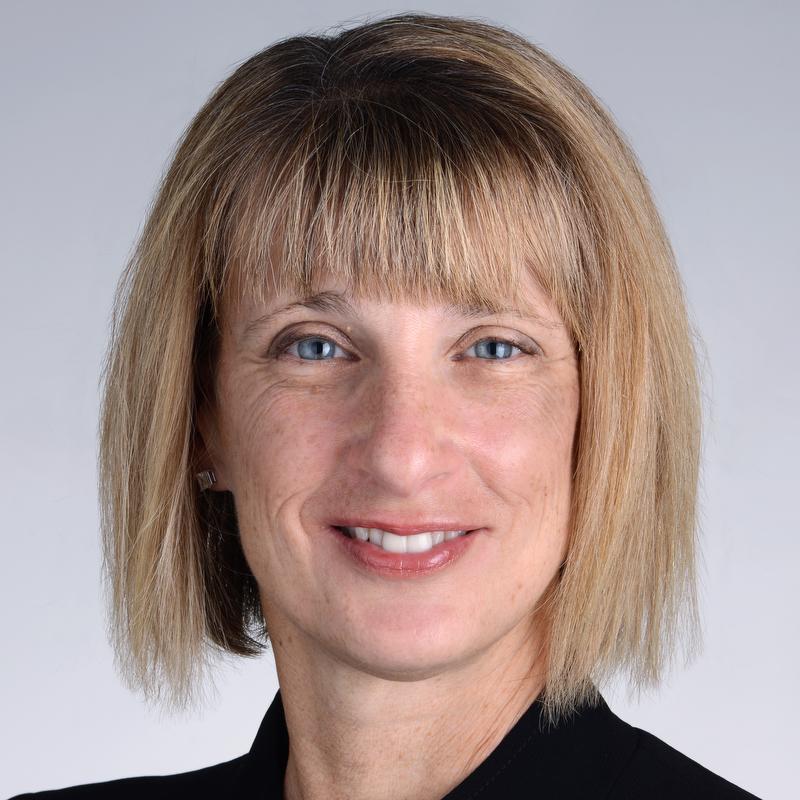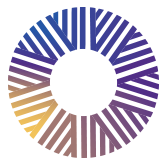Frontiers Scholars Club: Empowering the Next Generation of Clinical Translational Scientists
By Frontiers , Clinical and Translational Science Institute
Jul 31, 2024
The Frontiers Scholars Club (FSC) continues to be a cornerstone of professional development for early-career clinical and translational researchers. This long-standing monthly forum is designed to enhance research mentorship and foster professional growth among NIH KL2 and TL1 trainees, as well as other emerging researchers across the institution. Held in person on Wednesdays from 3:30pm to 5:00pm, the FSC offers a unique opportunity to cultivate a vibrant and supportive research community.
The FSC is more than just a seminar series; it is a dynamic platform where scholars can connect with seasoned researchers to share their work in progress, discuss career development, and identify valuable resources to support their research endeavors. This monthly gathering also provides a crucial space for troubleshooting mentorship issues, learning about cutting-edge research strategies, and addressing the ever-important challenge of work-life balance.
Why Join the Frontiers Scholars Club?
The Frontiers Scholars Club (FSC) offers a rich blend of Didactic Sessions, Guest Presentations, and Works in Progress (WIP) segments. Each session begins with a Didactic Session where experts present on key mentorship and professional development topics, setting the stage for thoughtful dialogue and reflection.
Our Guest Presentations feature insights from Frontiers Core Resources and leading experts across various research fields. These sessions provide trainees with access to cutting-edge knowledge and innovative practices, helping to broaden their academic and professional horizons.
The Works in Progress (WIP) segments are designed to foster collaboration and peer support. Trainees have the opportunity to present their ongoing research, receive constructive feedback, and engage in meaningful discussions with both peers and faculty. This collaborative environment is instrumental in refining research projects and advancing scholarly work.
Throughout the year, the FSC covers a spectrum of essential topics including effective communication strategies, aligning and managing mentorship expectations, approaching work-life integration, building research self-efficacy, achieving research independence, and professional development and career advancement. These sessions are meticulously curated to develop clinical translational scientists with a diverse and robust skill set.
Participation in the FSC allows trainees to build a strong network of mentors, peers, and colleagues who are equally passionate about advancing clinical and translational research. The connections made within this community can lead to lasting collaborations and support systems that extend well beyond the duration of the program.
Commitment to Excellence:
KL2 and TL1 Scholars are required to attend 75% of Frontiers Scholars Club events, as outlined in the trainees' Award Letter, ensuring that participants are fully engaged and committed to their professional development journey. This level of commitment underscores the program’s dedication to fostering excellence and preparing the next generation of researchers for successful careers in clinical and translational science.
We are excited to introduce a new registration signup link for K- and T-equivalent scholars and trainees across our Frontiers institutions. This will allow you to sign up for relevant sessions and become a part of this enriching community. Click here to register for the Frontiers Scholars Club.
We invite all eligible trainees to join us in this enriching journey. The Frontiers Scholars Club continues to create a thriving, collaborative research community that not only advances scientific knowledge but also nurtures the joy and passion for discovery.
Join the Frontiers Scholars Club and be a part of something transformative. Let’s shape the future of clinical and translational research together.
For more information on how to participate, please contact Holly Zink, Ph.D., Program Director, at hzink2@kumc.edu.
Latest Articles
View All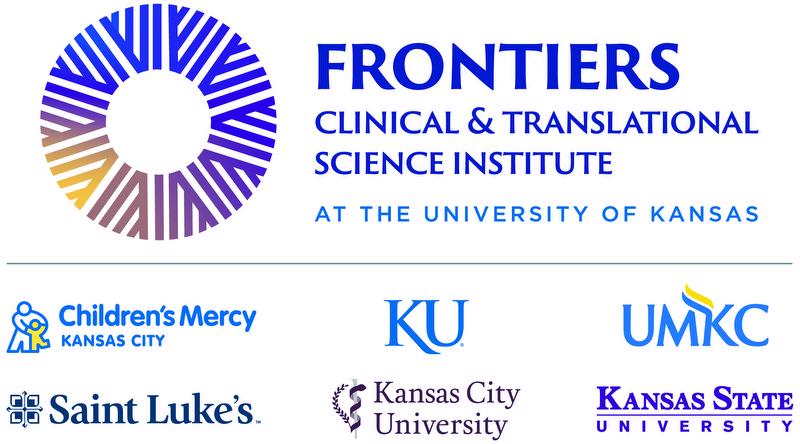 Funded Projects · News
Funded Projects · News
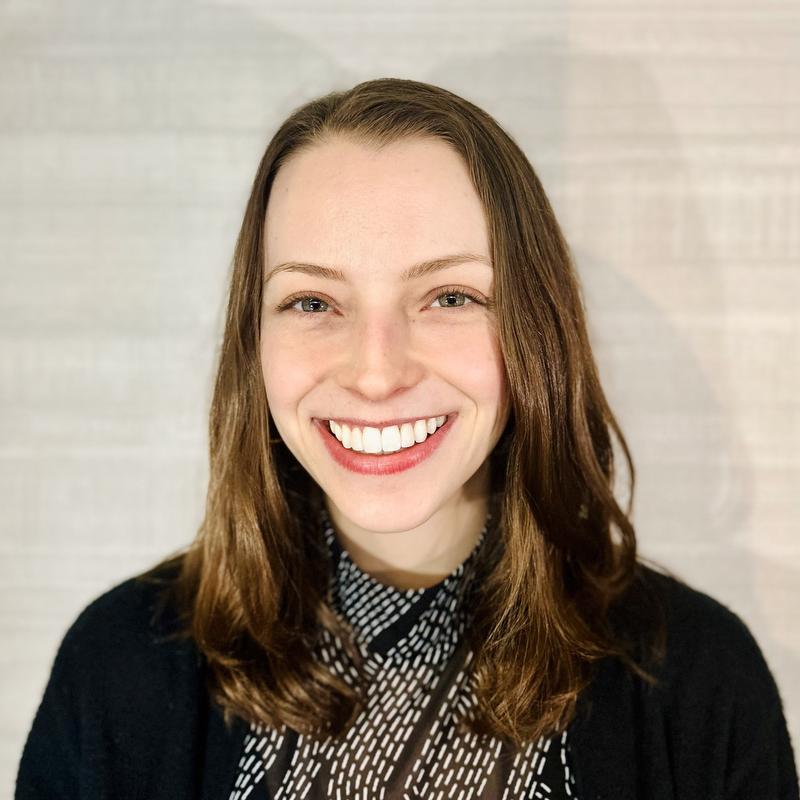 TL1 Trainee · News
TL1 Trainee · News
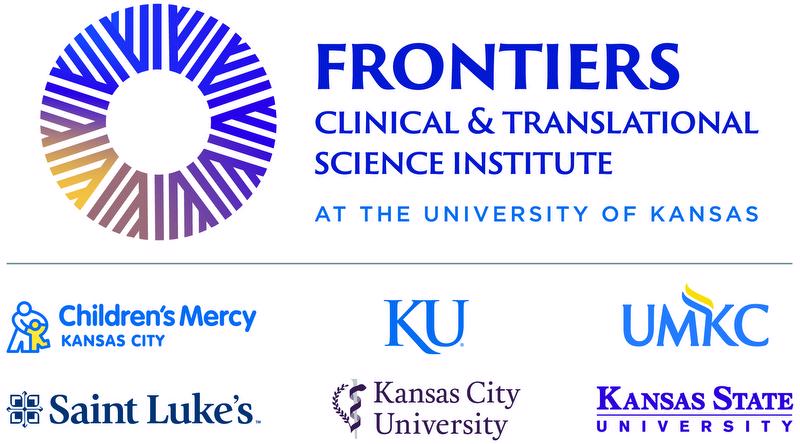 Funded Projects · News
Funded Projects · News
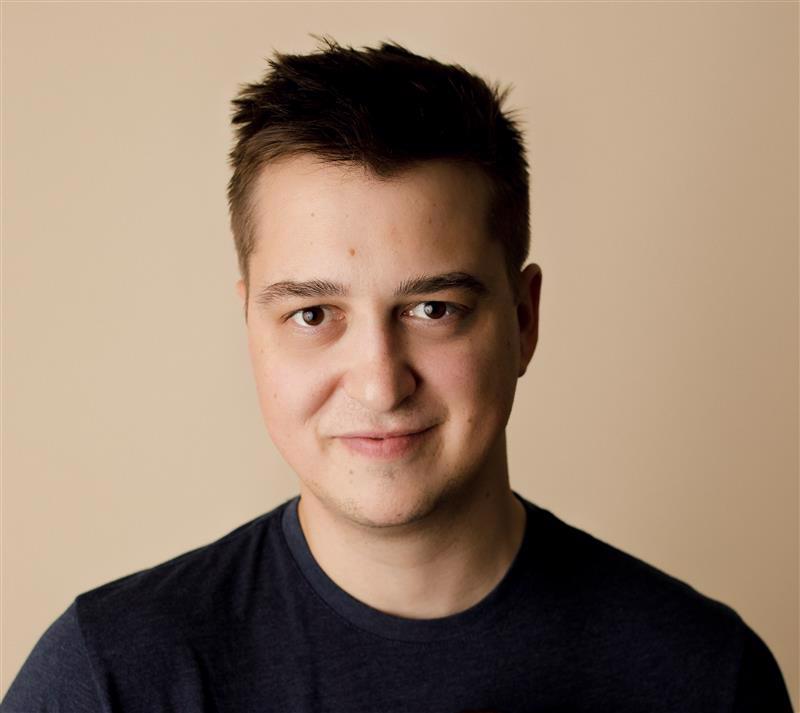 TL1 Trainee · News
TL1 Trainee · News
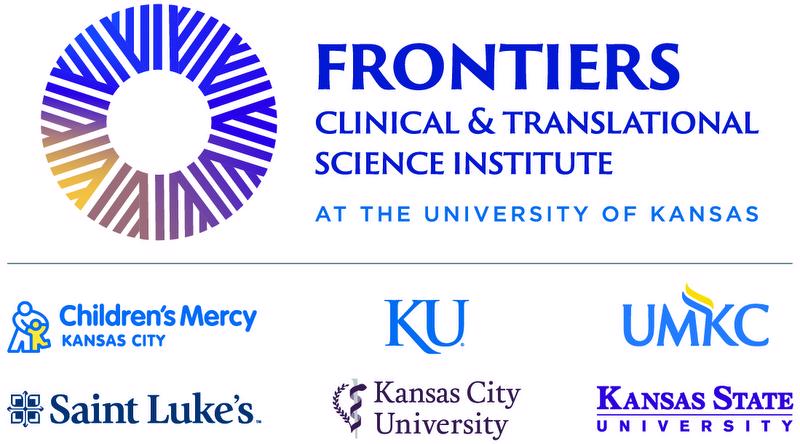 Funded Projects · News
Funded Projects · News
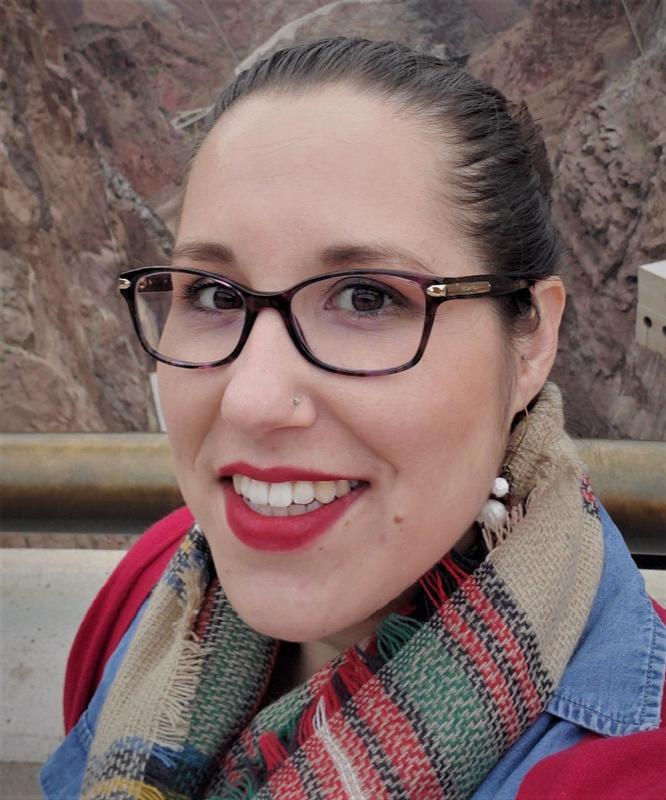 TL1 Trainee · News
TL1 Trainee · News
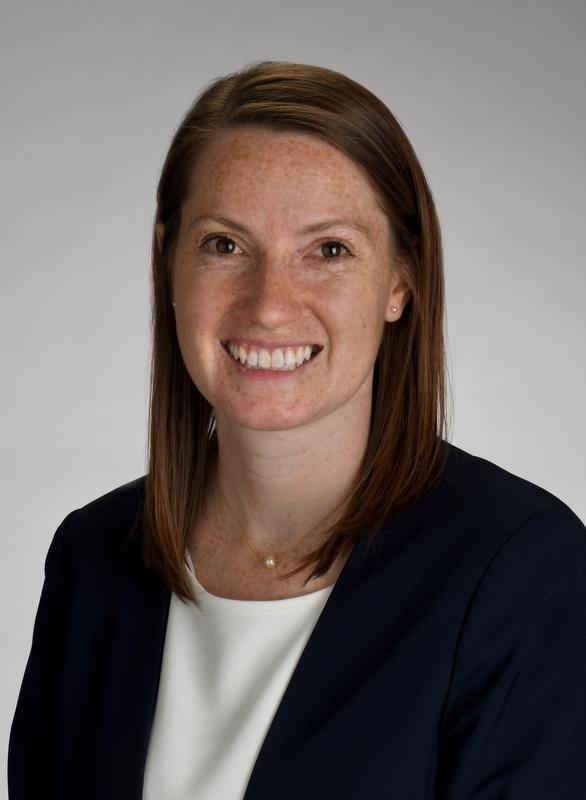 KL2 Scholar · News
KL2 Scholar · News
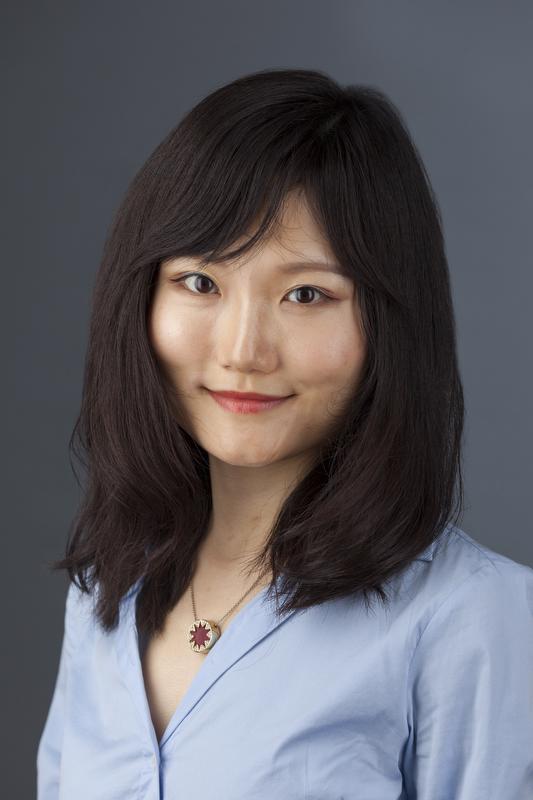 Funded Projects · News
Funded Projects · News
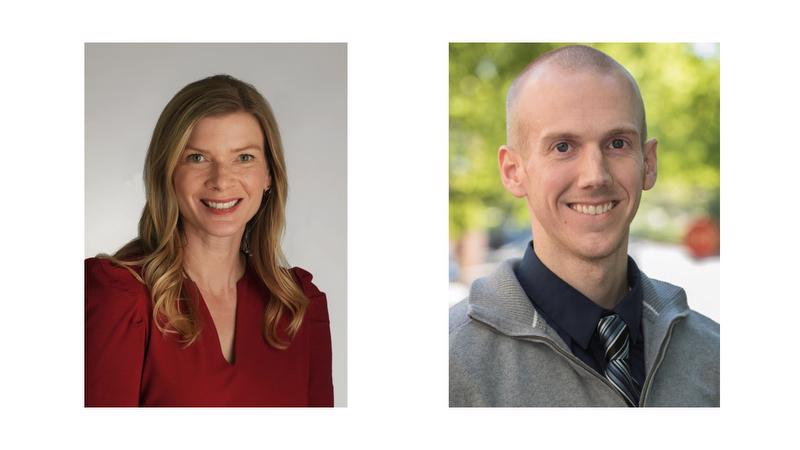 Funded Projects · News
Funded Projects · News
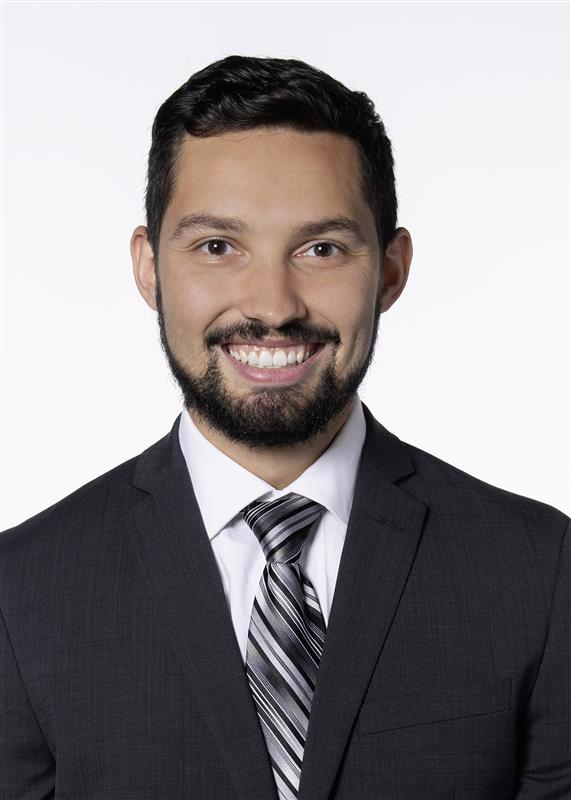 TL1 Trainee · News
TL1 Trainee · News
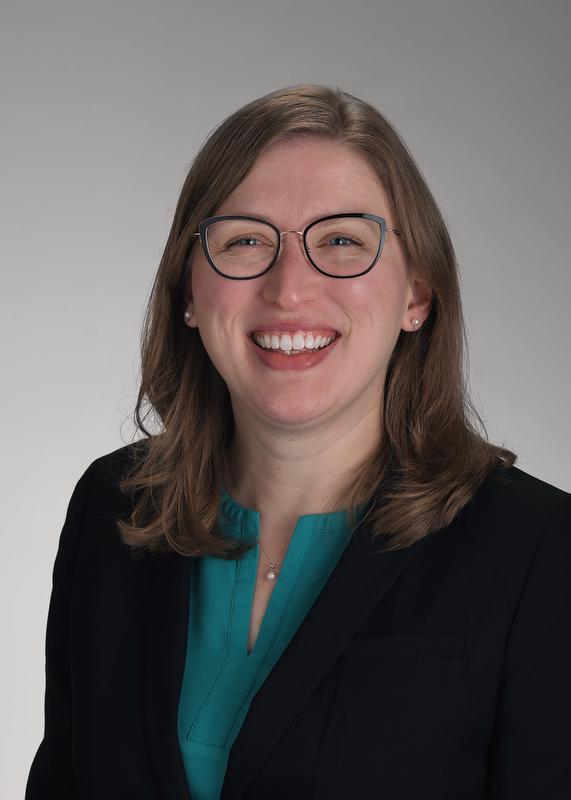 KL2 Scholar · News
KL2 Scholar · News
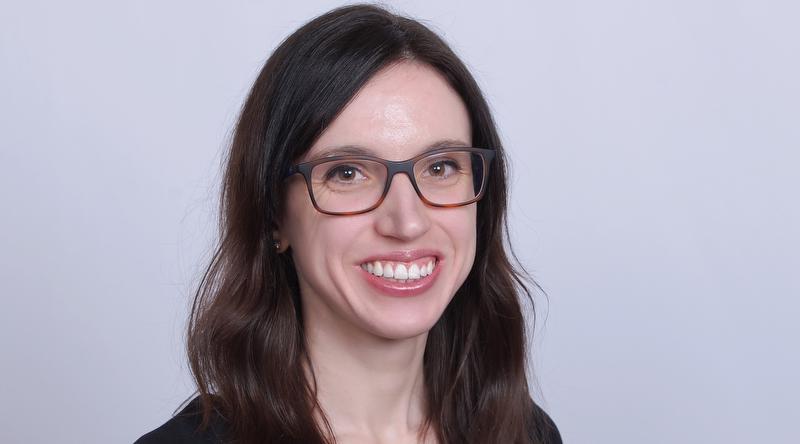 Funded Projects · News
Funded Projects · News
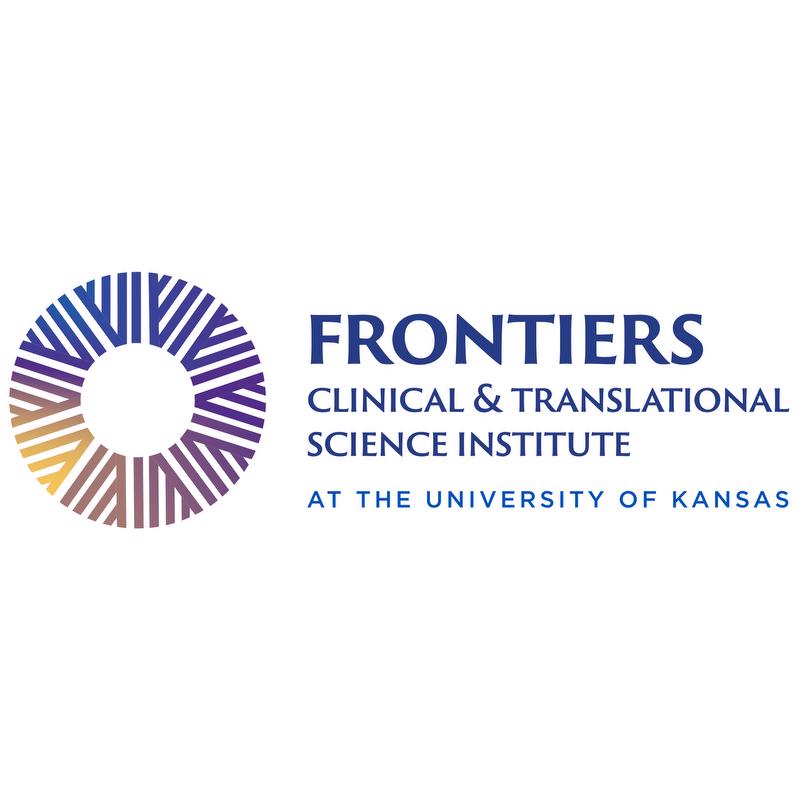 News
News
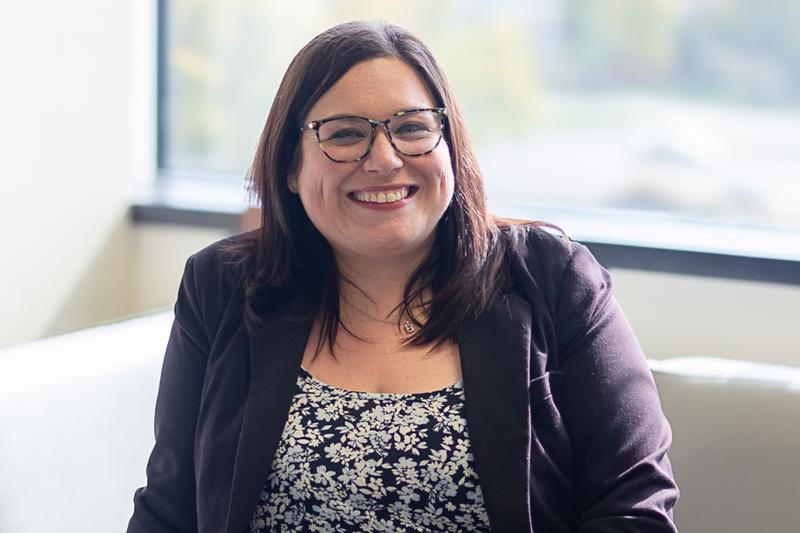 TL1 Trainee · News
TL1 Trainee · News
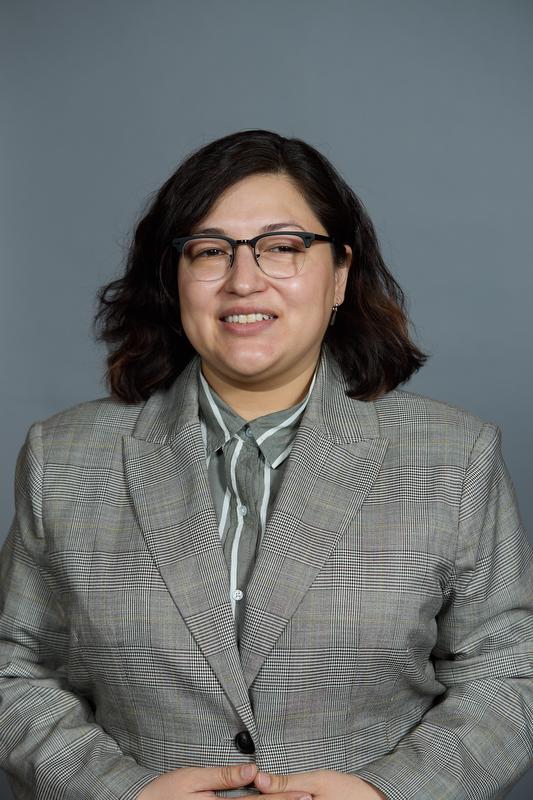 News
News
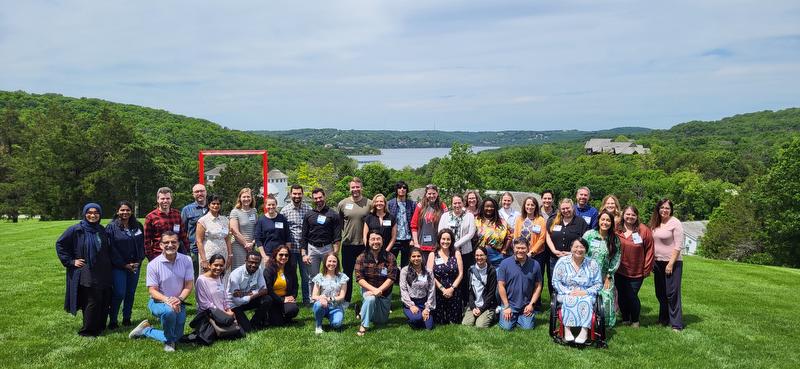 News
News
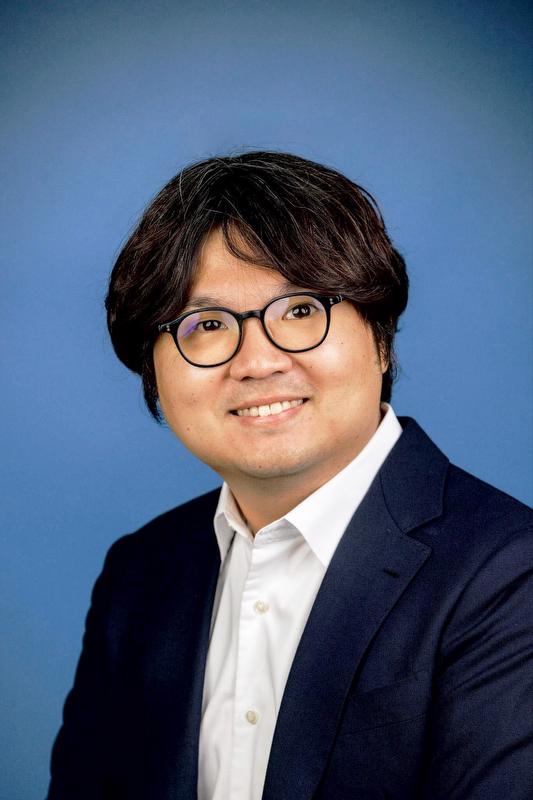 Funded Projects · News
Funded Projects · News
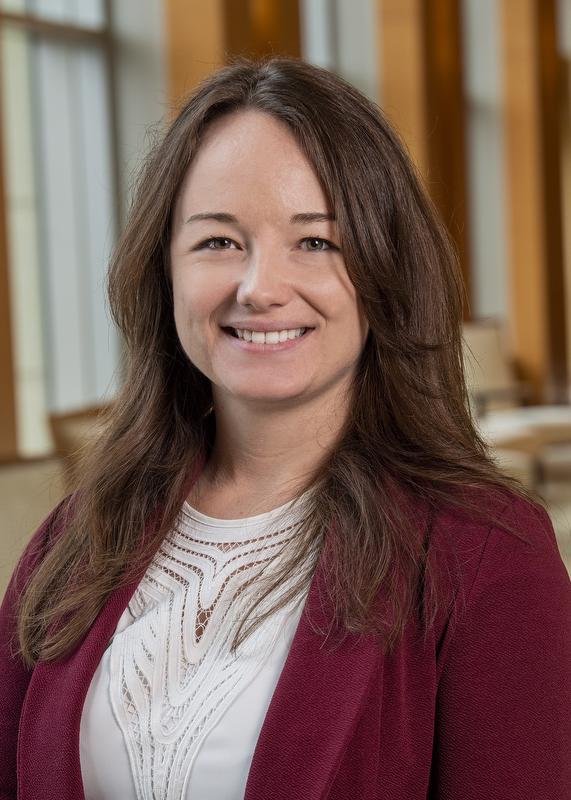 TL1 Trainee · News
TL1 Trainee · News
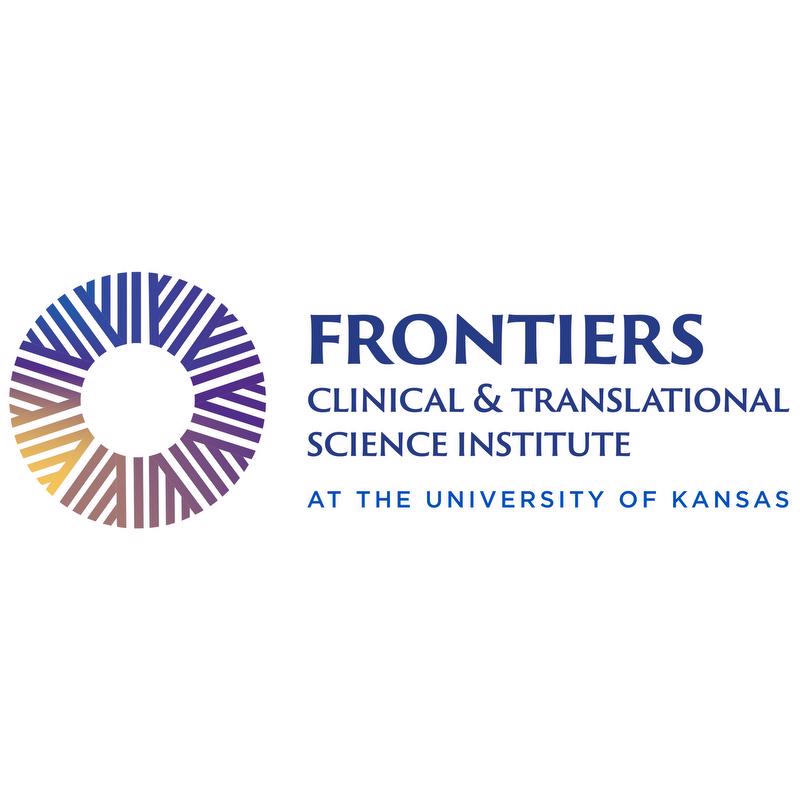 Events
Events
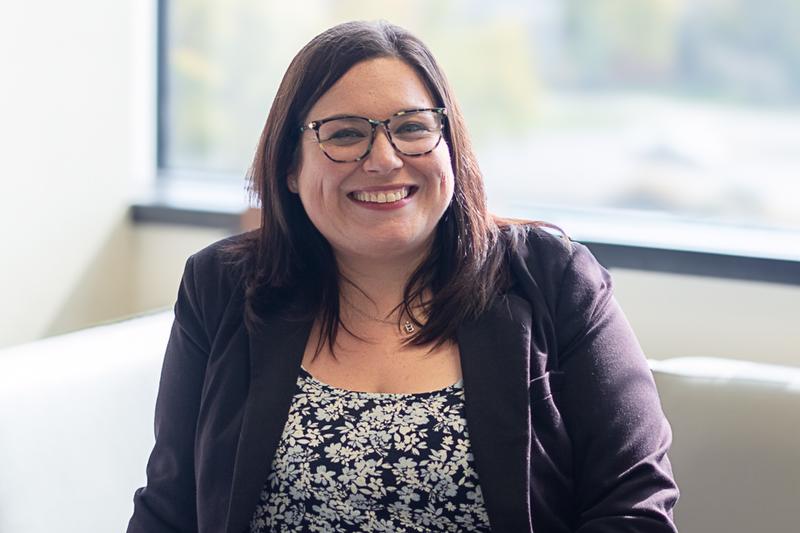 TL1 Trainee · News
TL1 Trainee · News
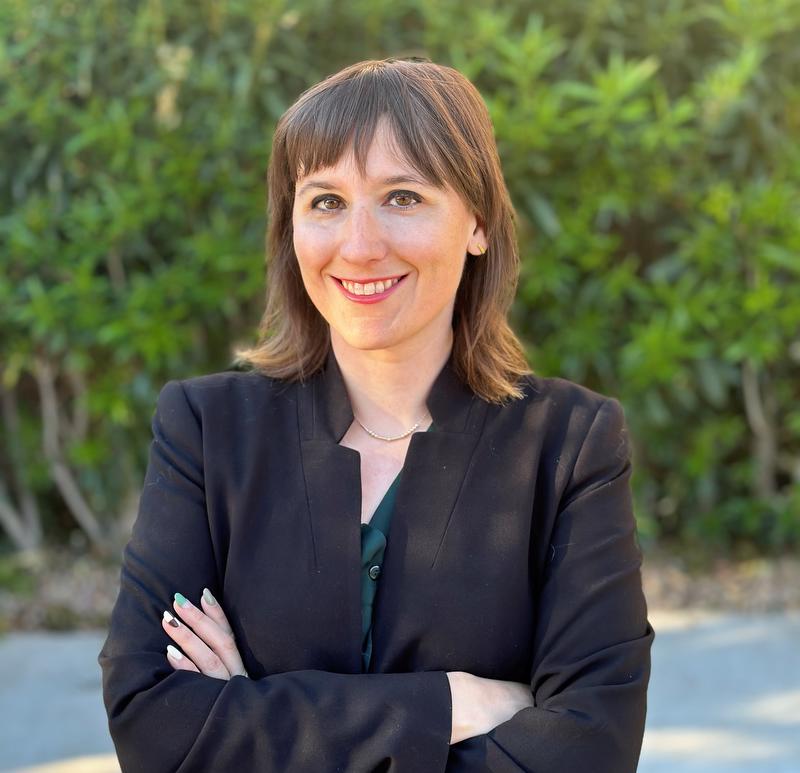 News
News
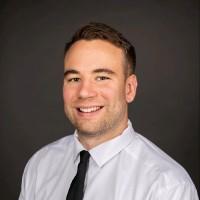 TL1 Trainee · News
TL1 Trainee · News
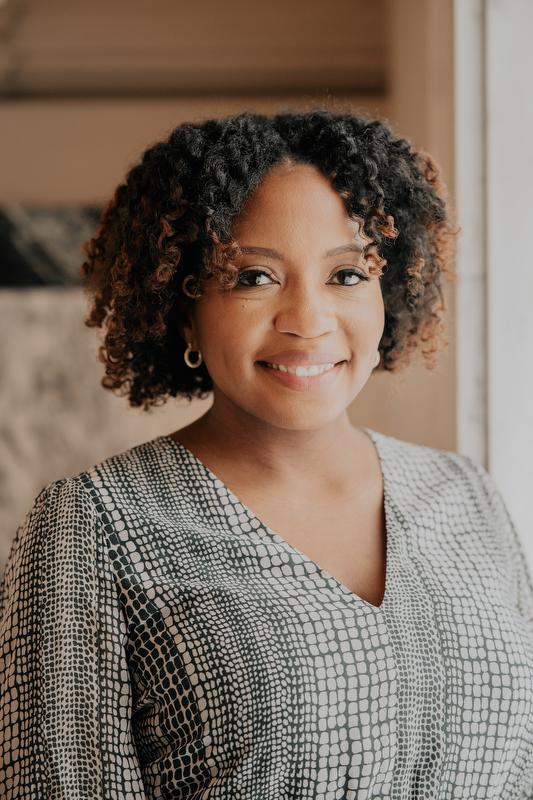 KL2 Scholar · News
KL2 Scholar · News
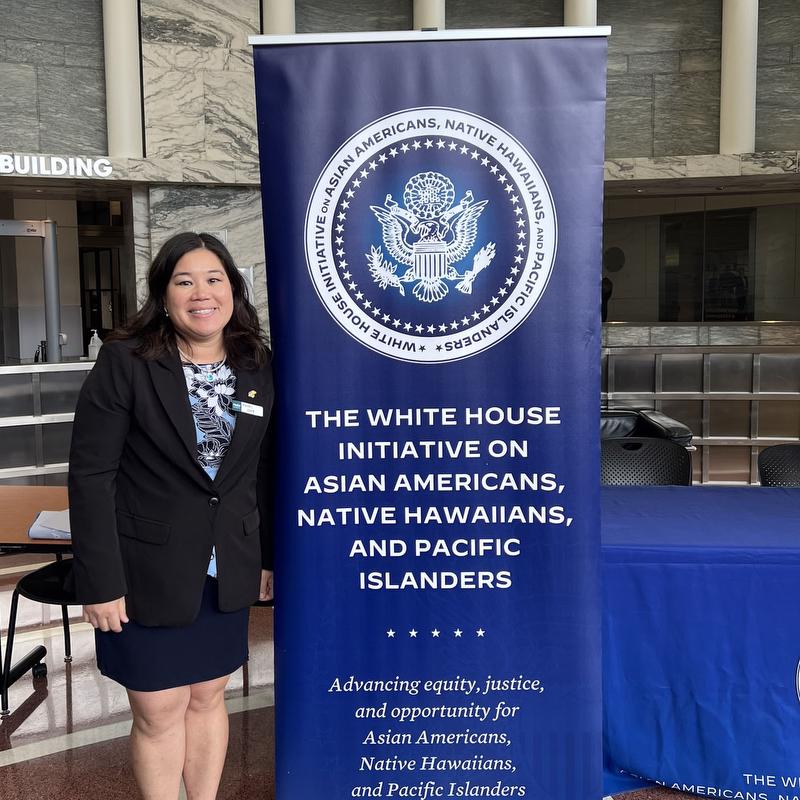 News
News
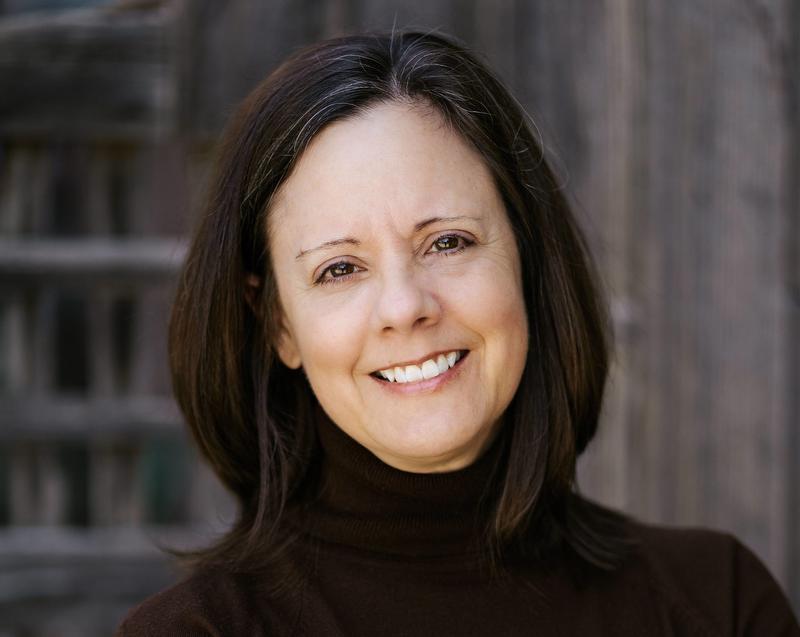 KL2 Scholar · News
KL2 Scholar · News
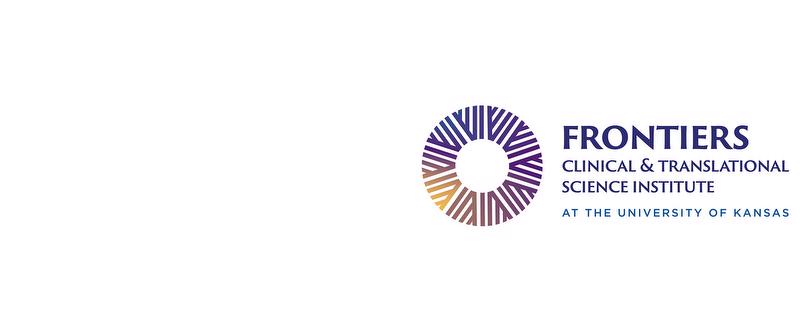 Funded Projects · News
Funded Projects · News
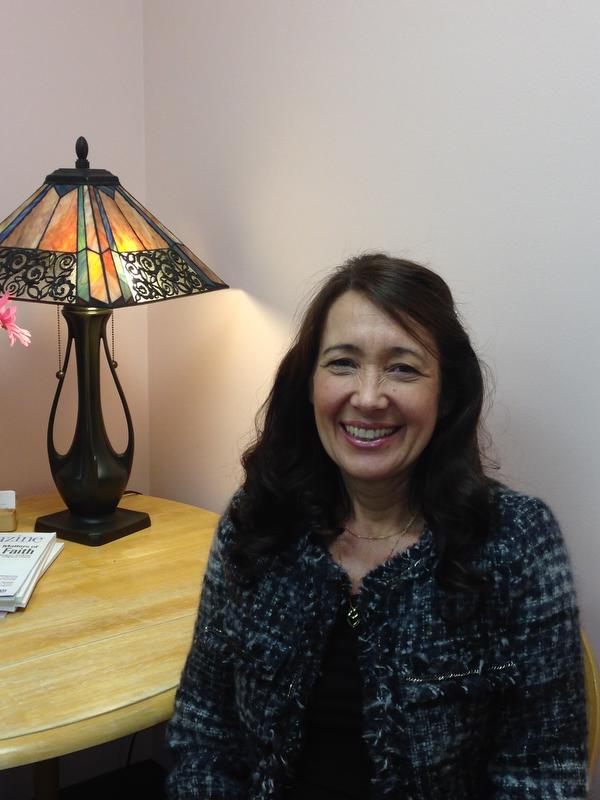 News
News
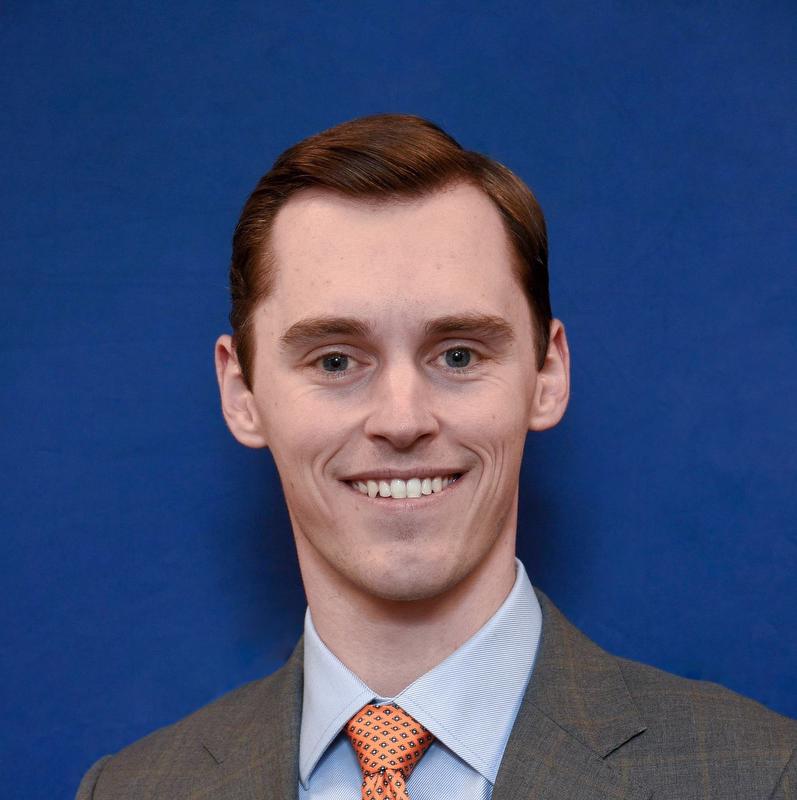 TL1 Trainee · News
TL1 Trainee · News
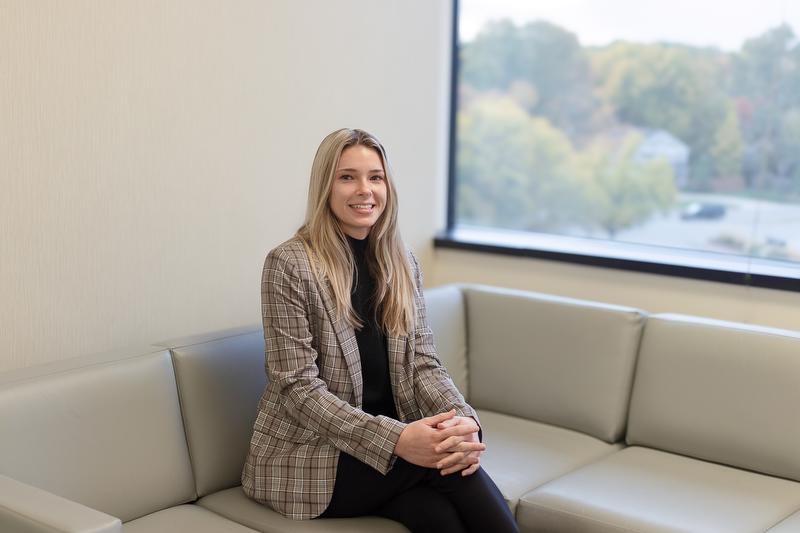
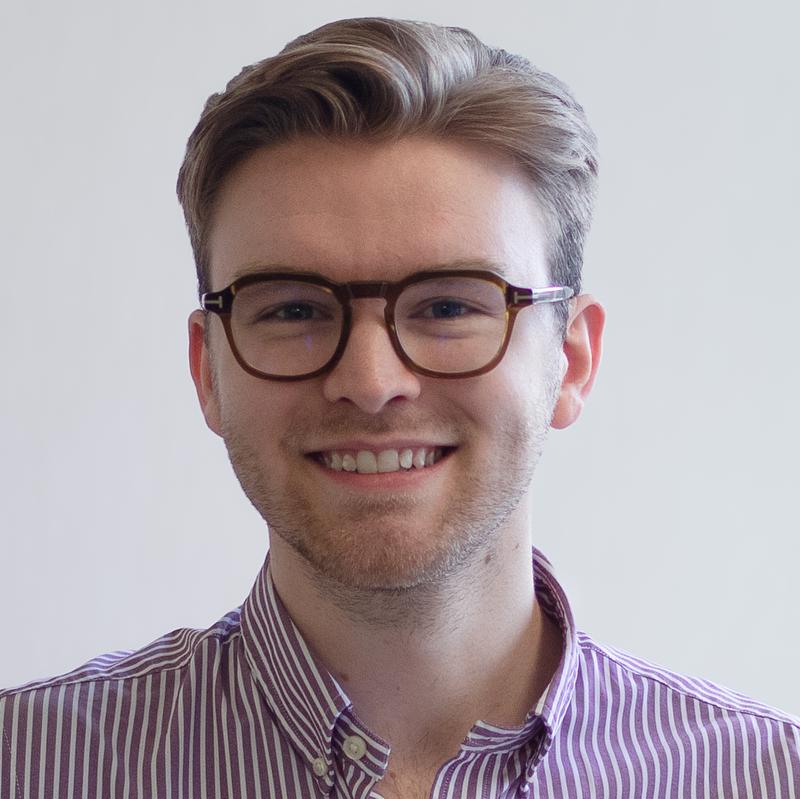 TL1 Trainee · News
TL1 Trainee · News
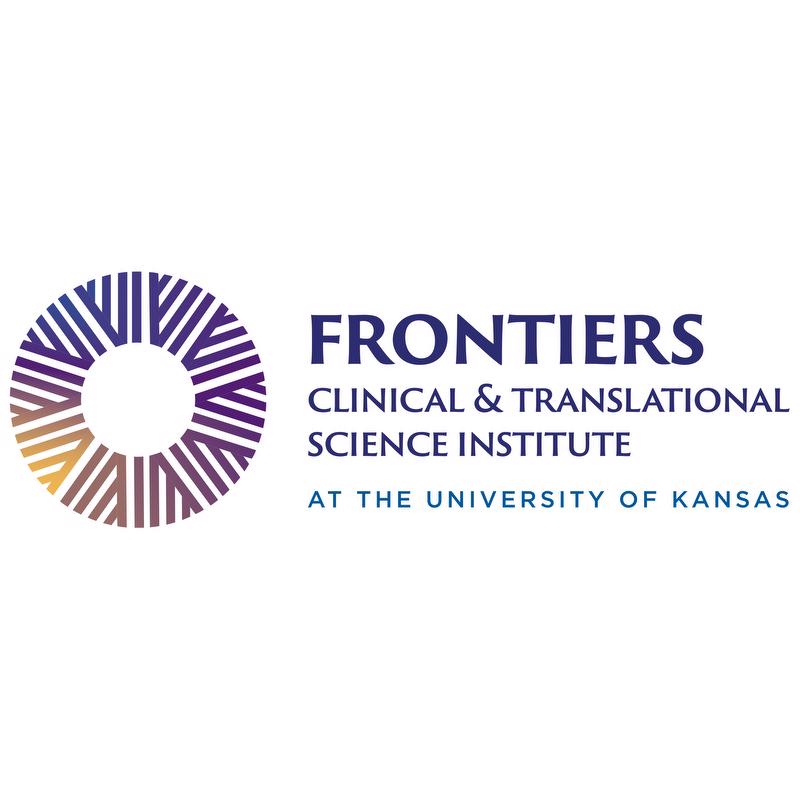 Services · News
Services · News
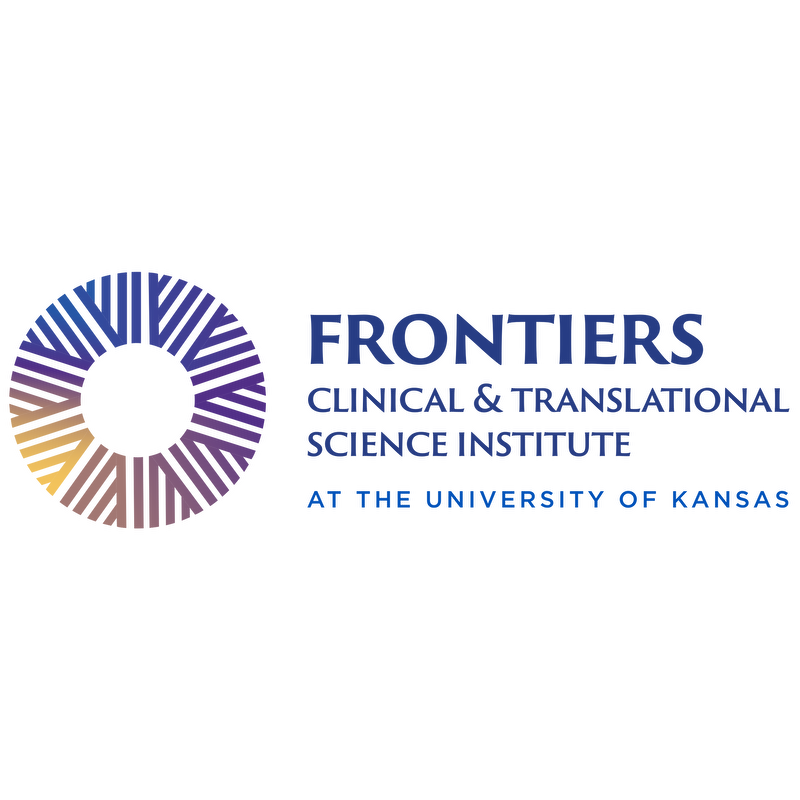 News
News
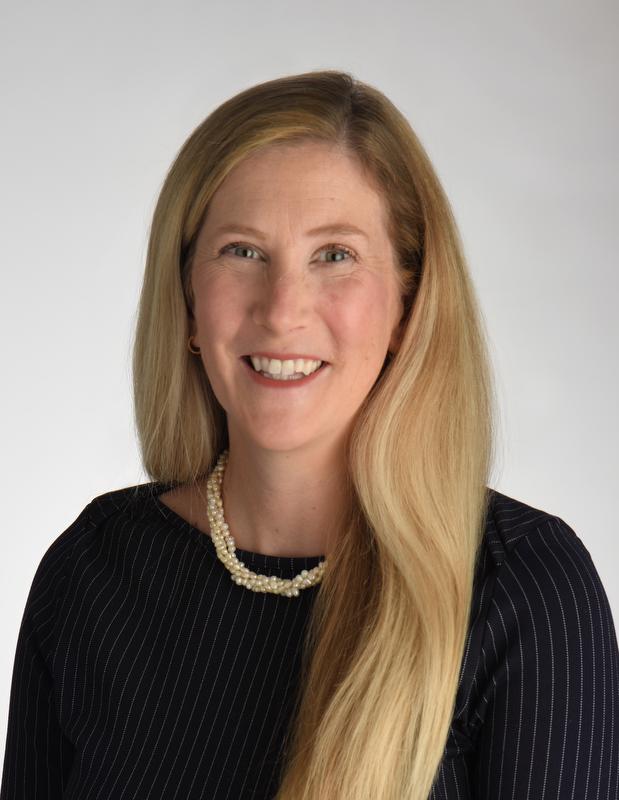 Funded Projects · News
Funded Projects · News
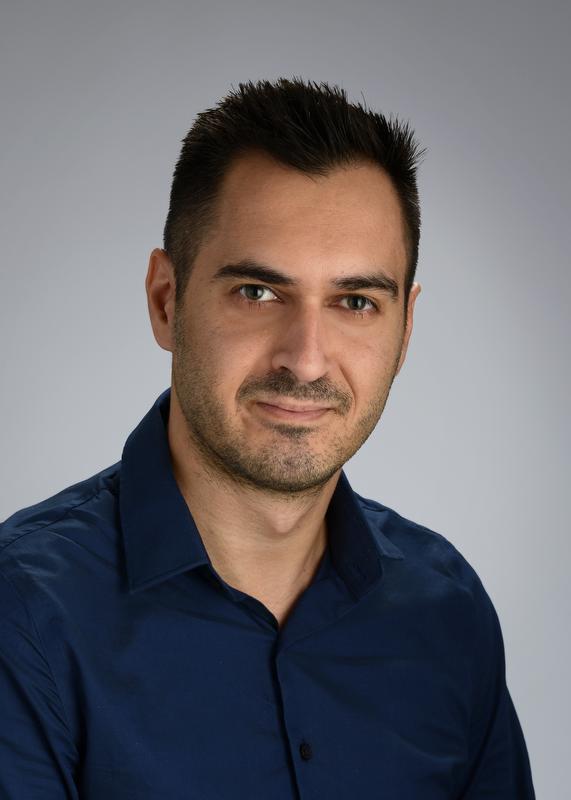 Funded Projects · News
Funded Projects · News
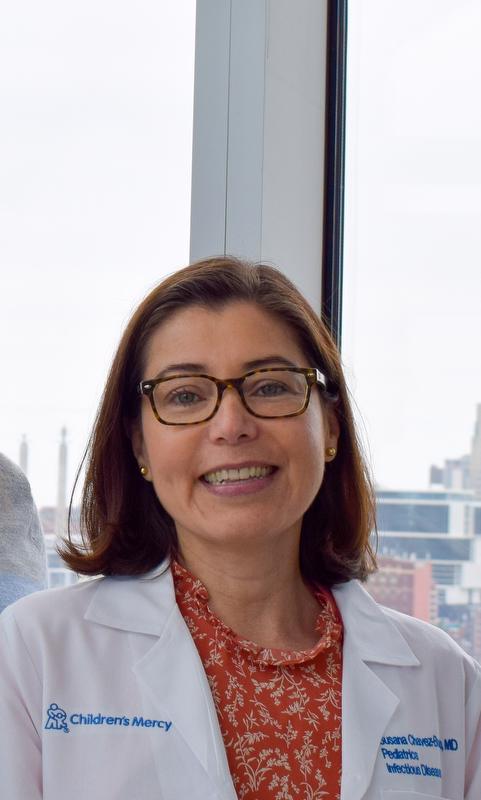 Funded Projects · News
Funded Projects · News
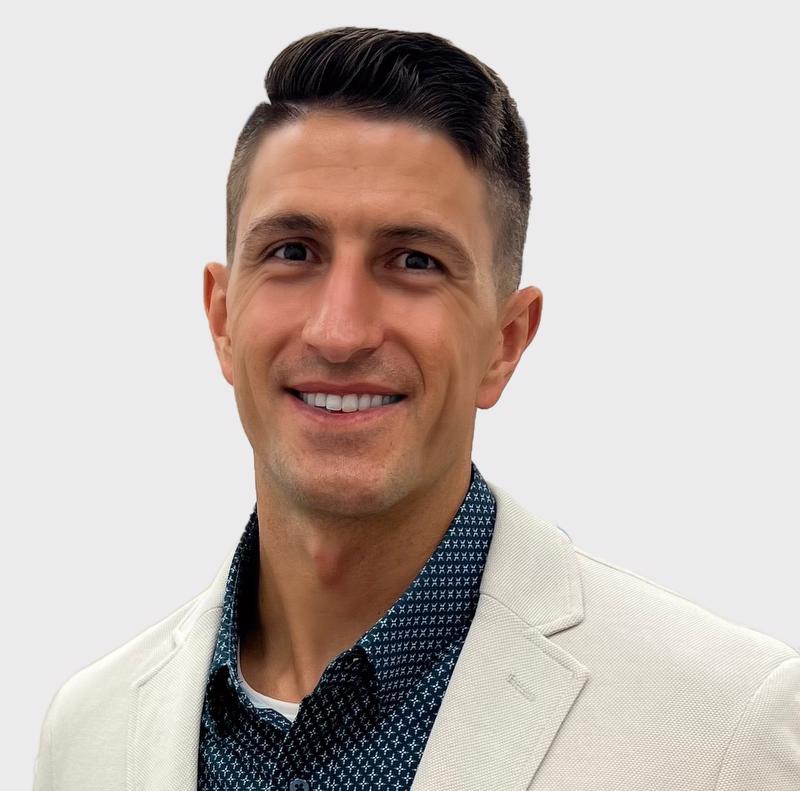 TL1 Trainee · News
TL1 Trainee · News
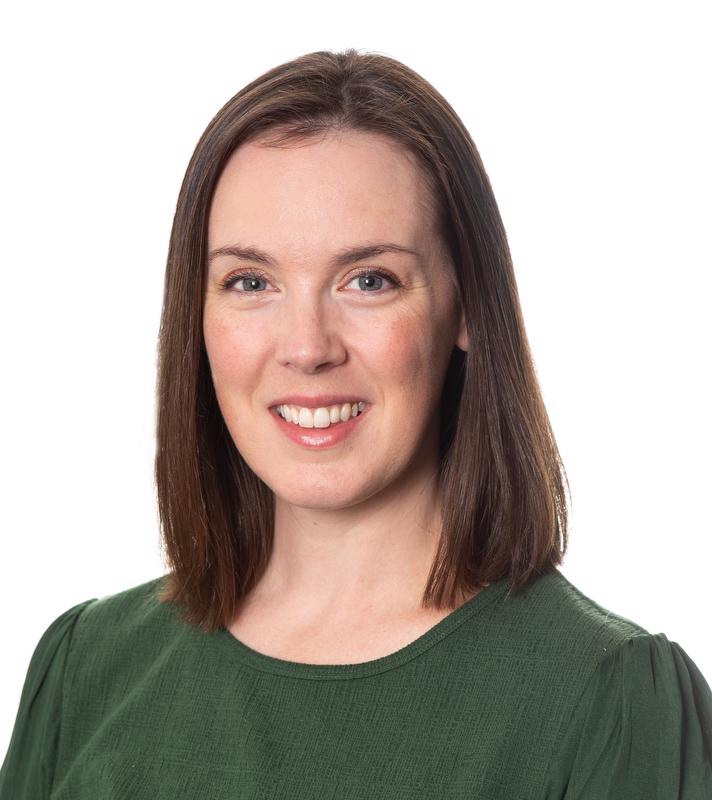 KL2 Scholar · News
KL2 Scholar · News
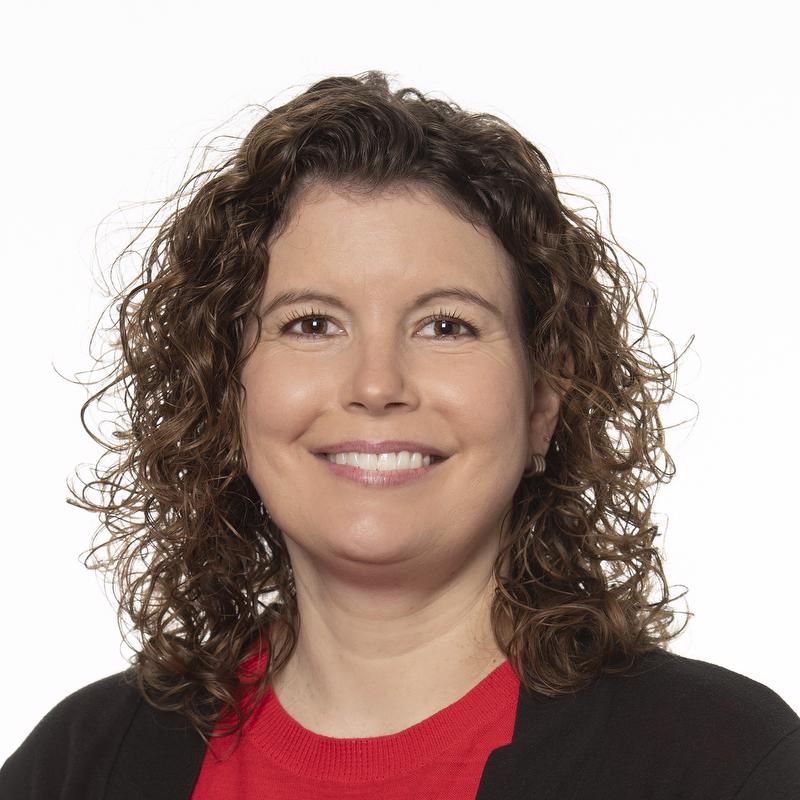 Funded Projects · News
Funded Projects · News
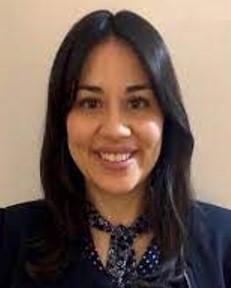 News
News
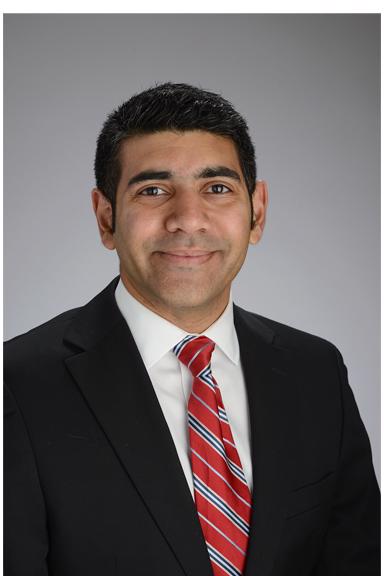 News
News
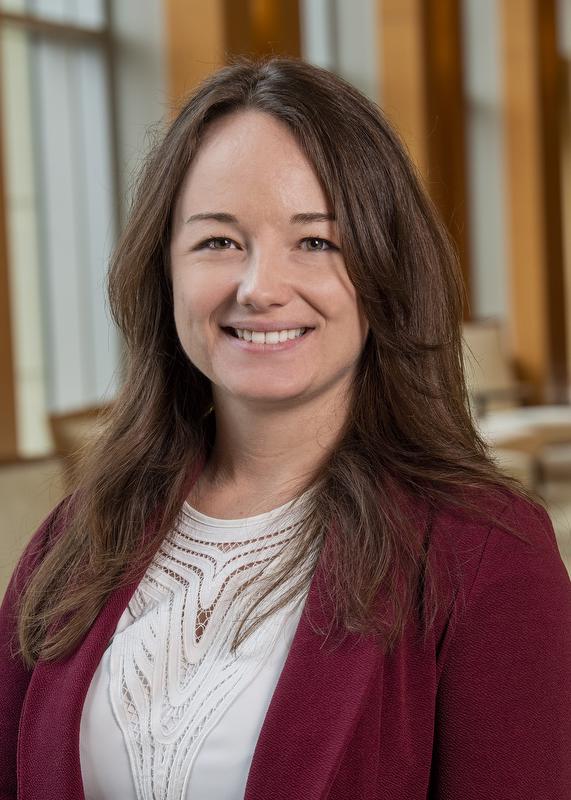 News
News
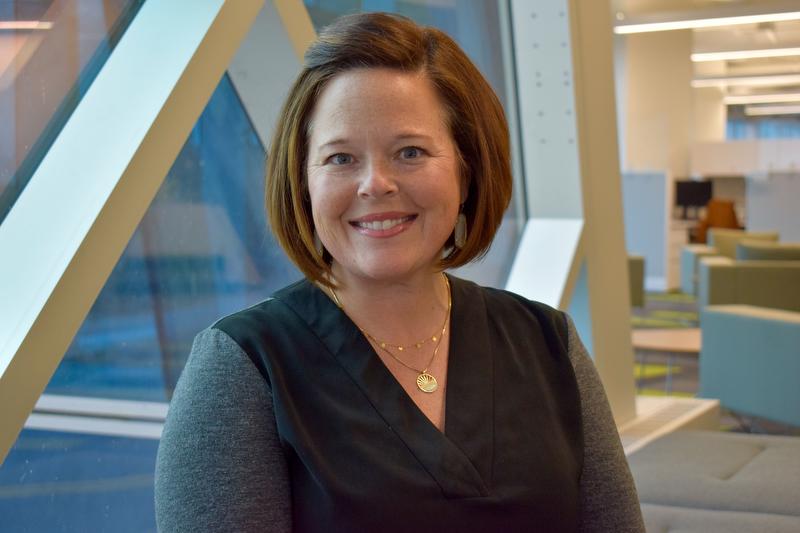 News
News
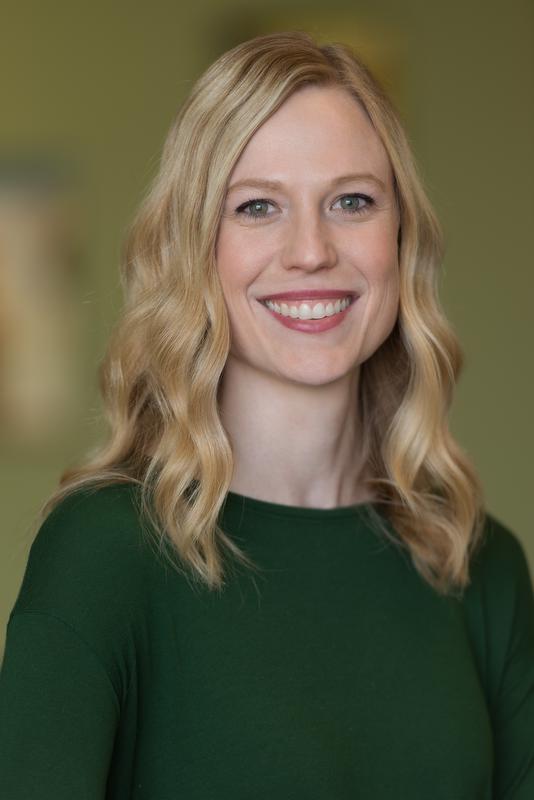 News
News
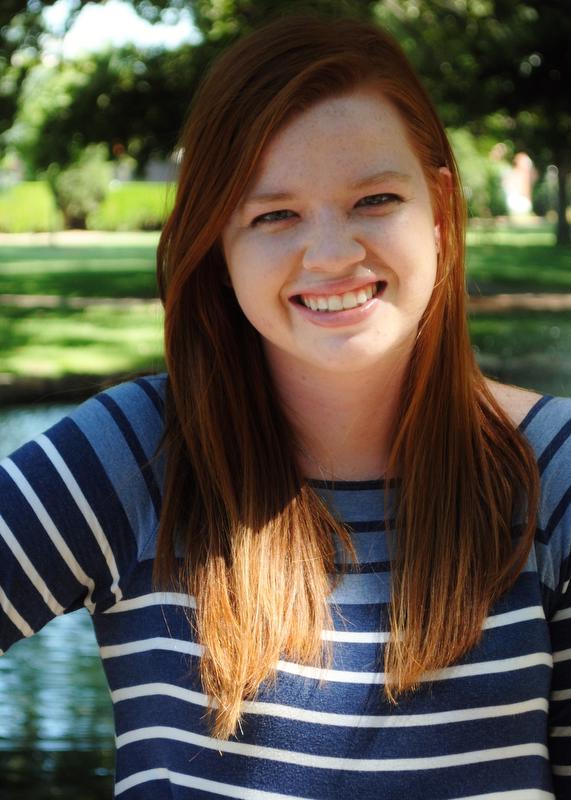 News
News
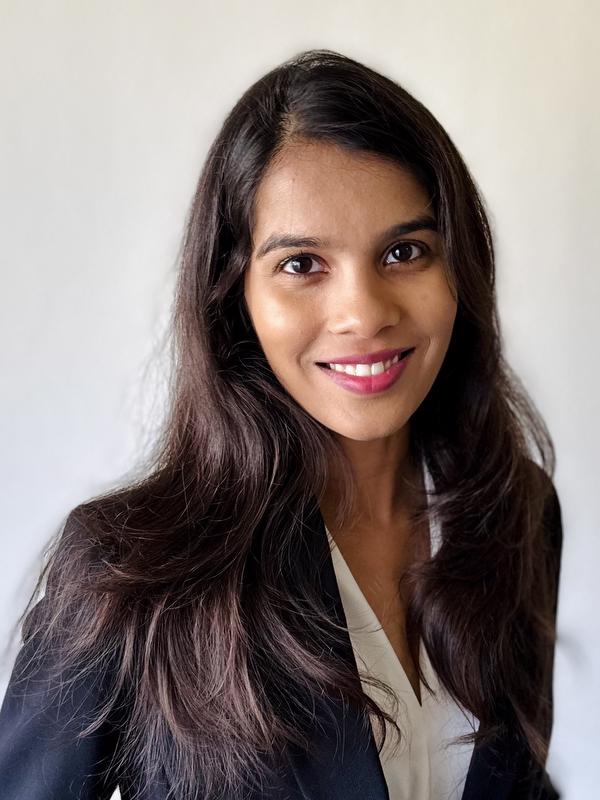 News
News
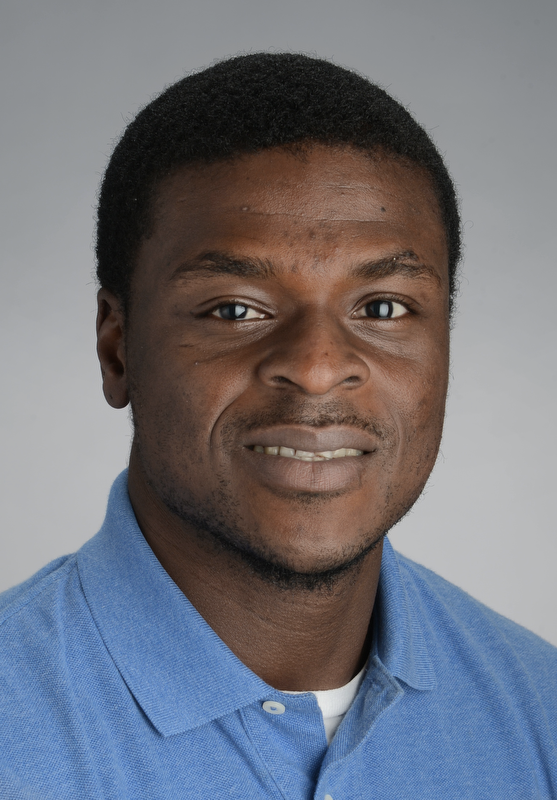 News
News
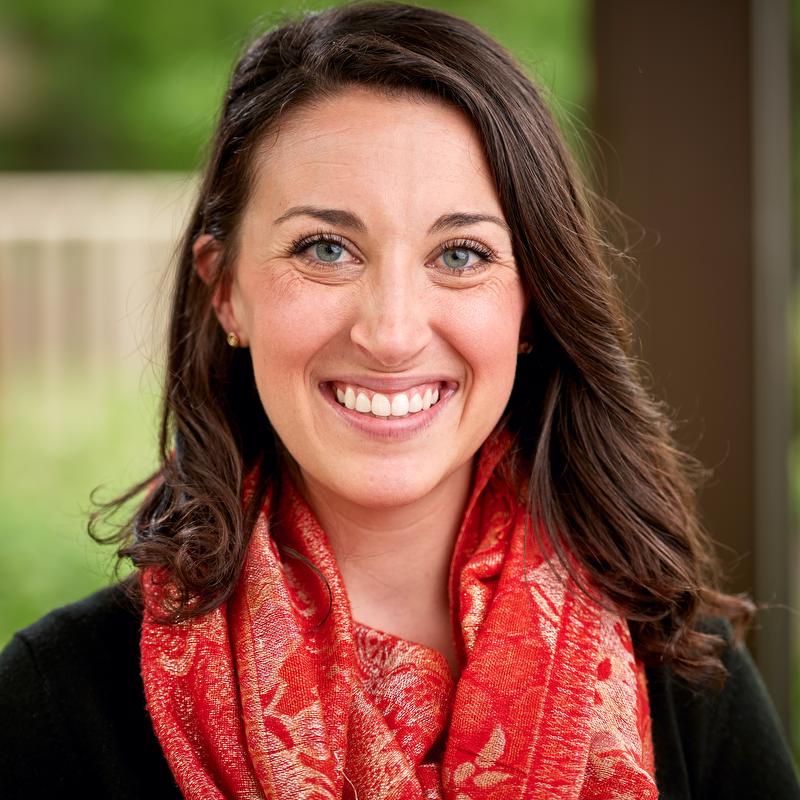 News
News
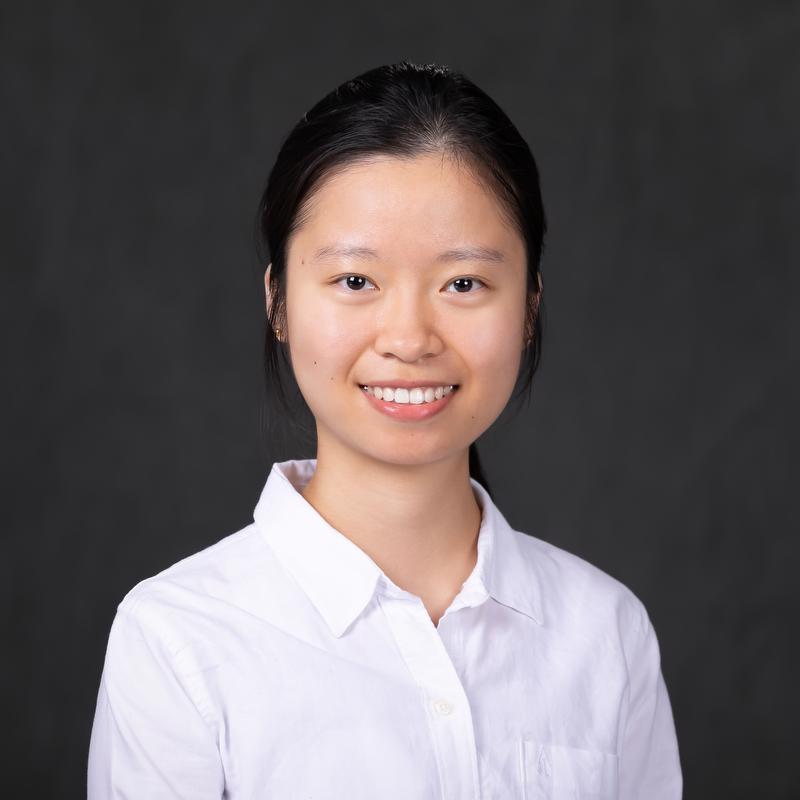 News
News
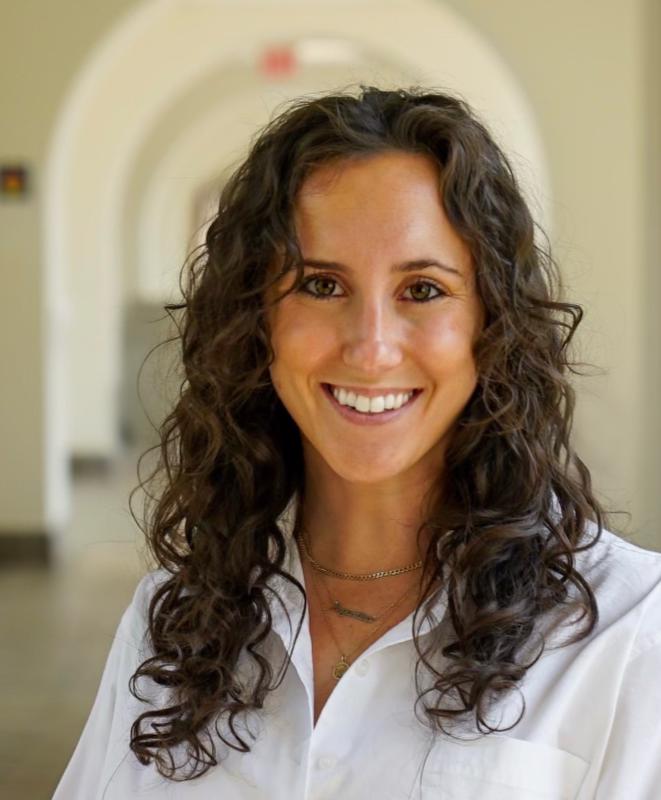 News
News
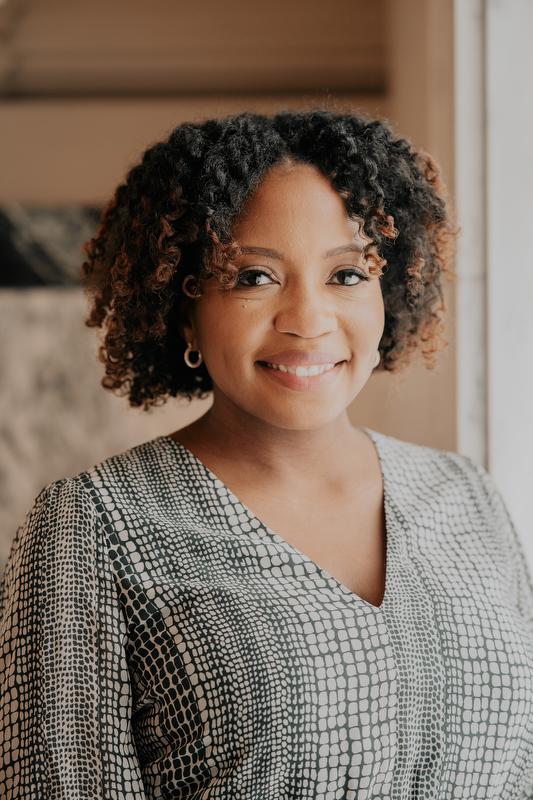 News
News
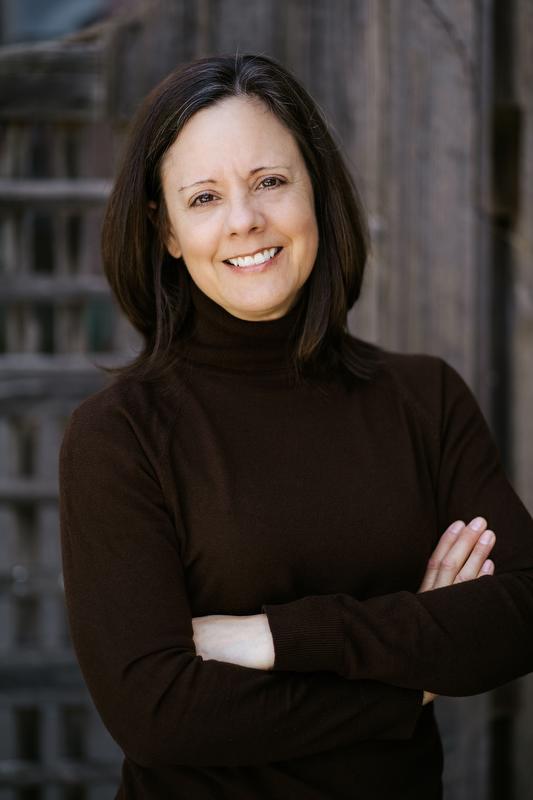 News
News
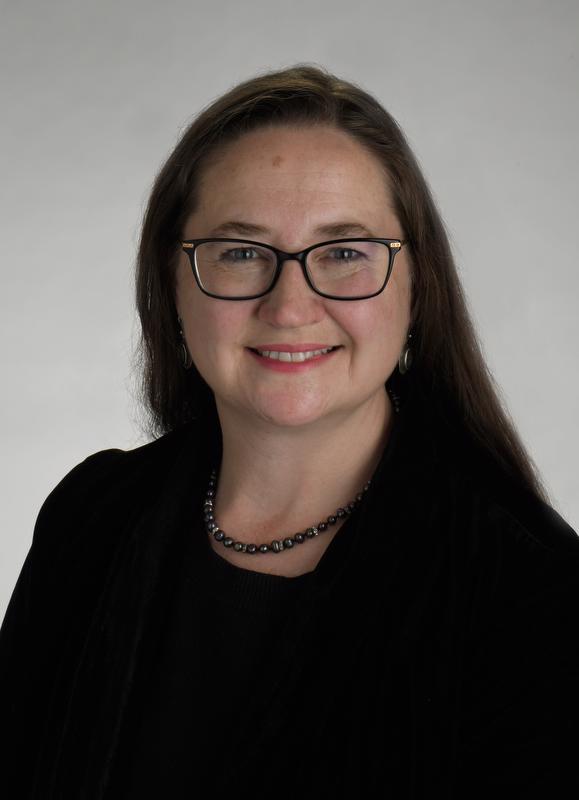 News
News
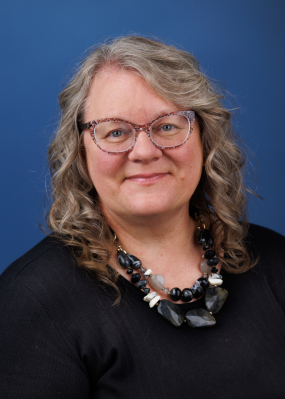 Funded Projects · News
Funded Projects · News
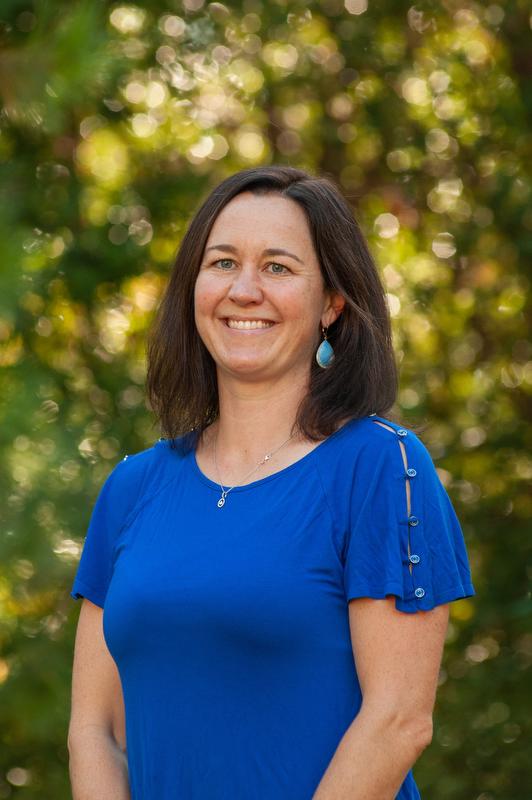 Funded Projects · News
Funded Projects · News
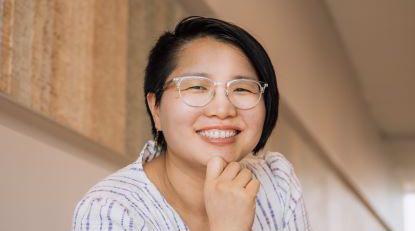 KL2 Scholar · News
KL2 Scholar · News
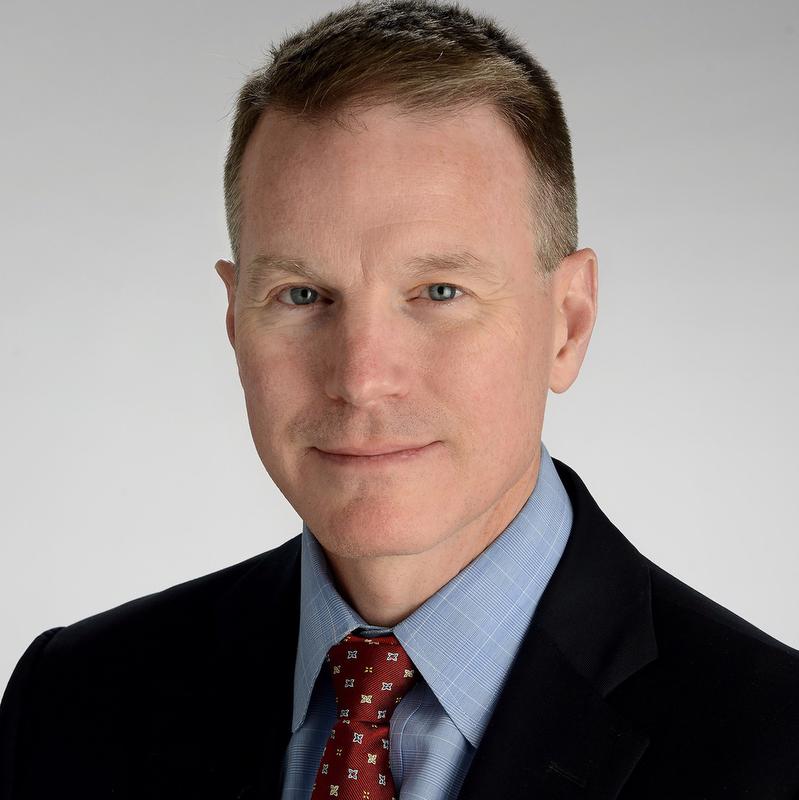 News
News
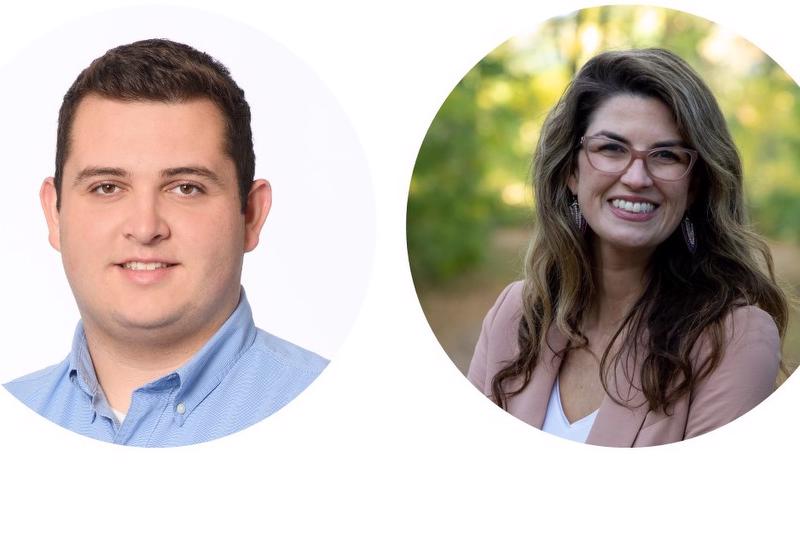 News
News
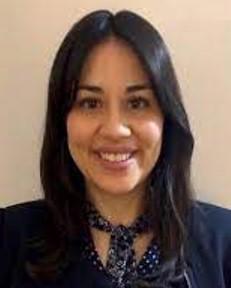 KL2 Scholar · News
KL2 Scholar · News
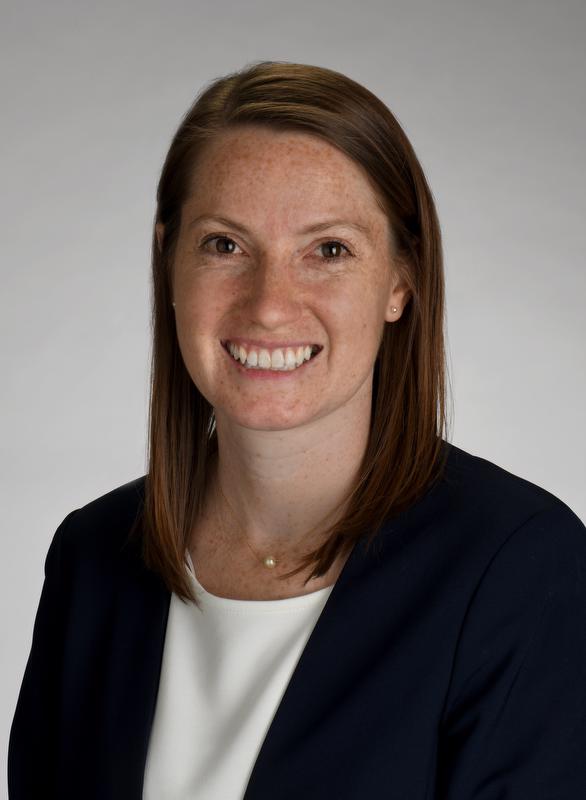 KL2 Scholar
KL2 Scholar
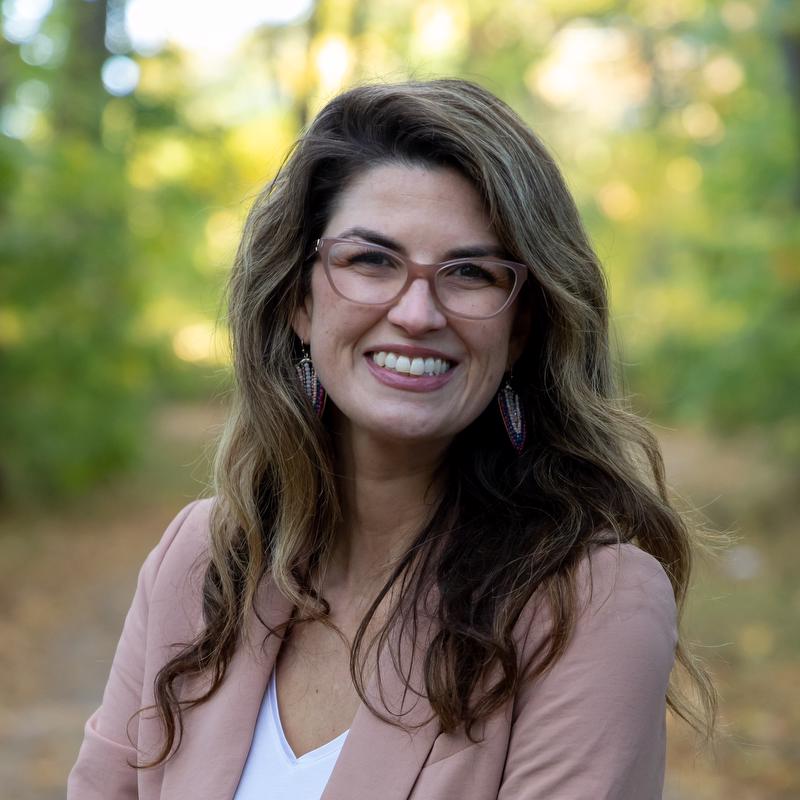 News
News
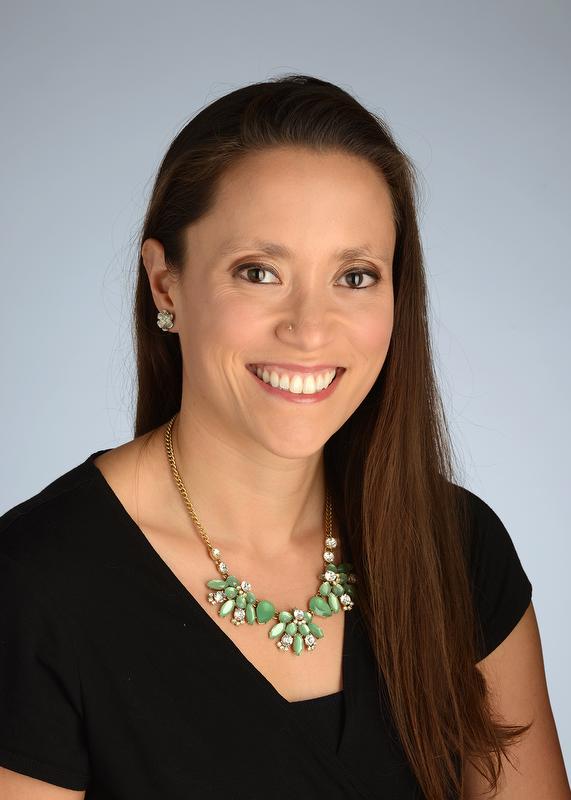 News
News
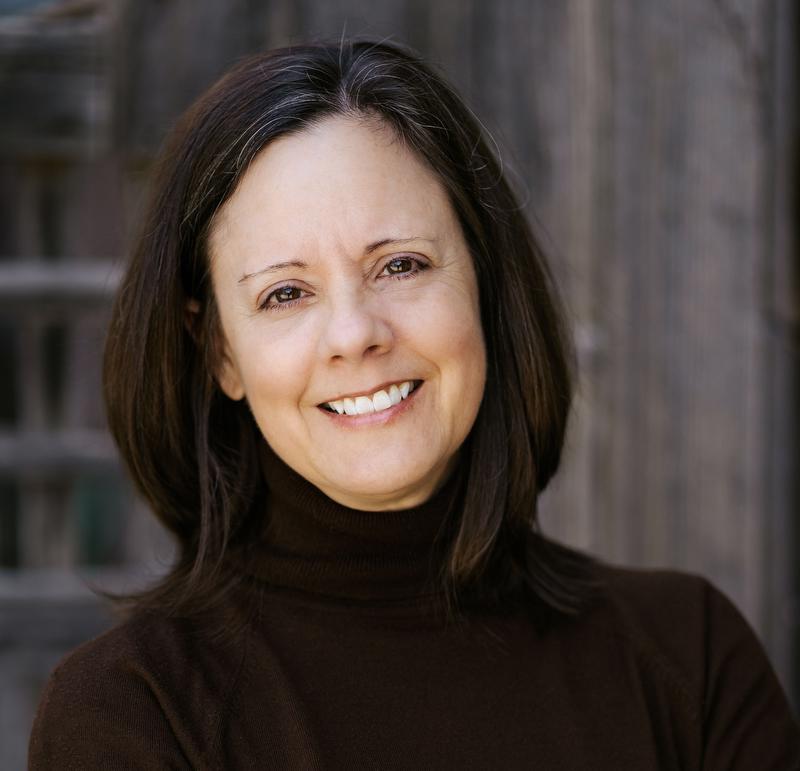 KL2 Scholar · News
KL2 Scholar · News
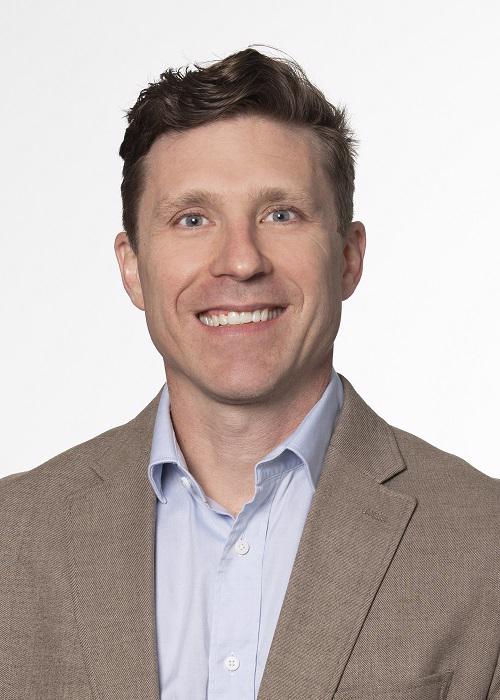 News
News
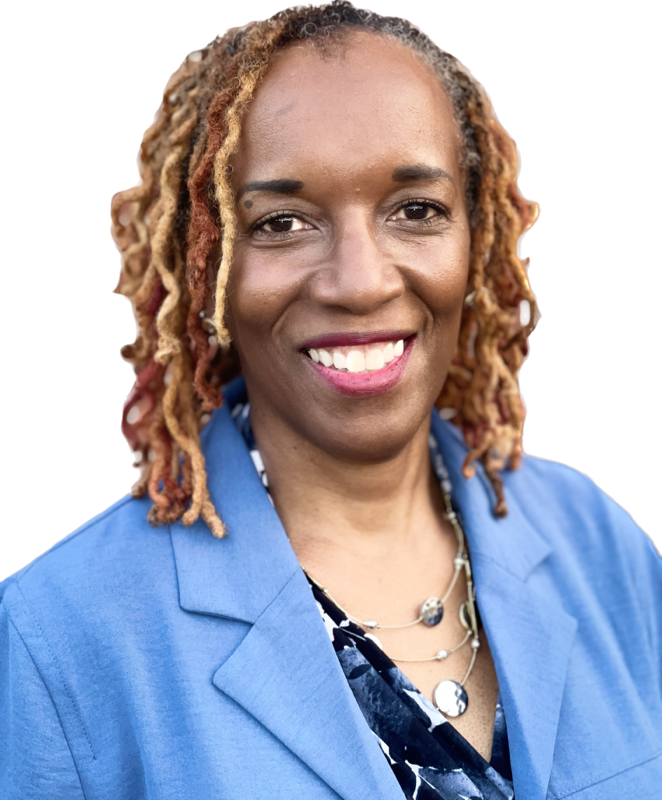 News · In the Community · Funded Projects
News · In the Community · Funded Projects
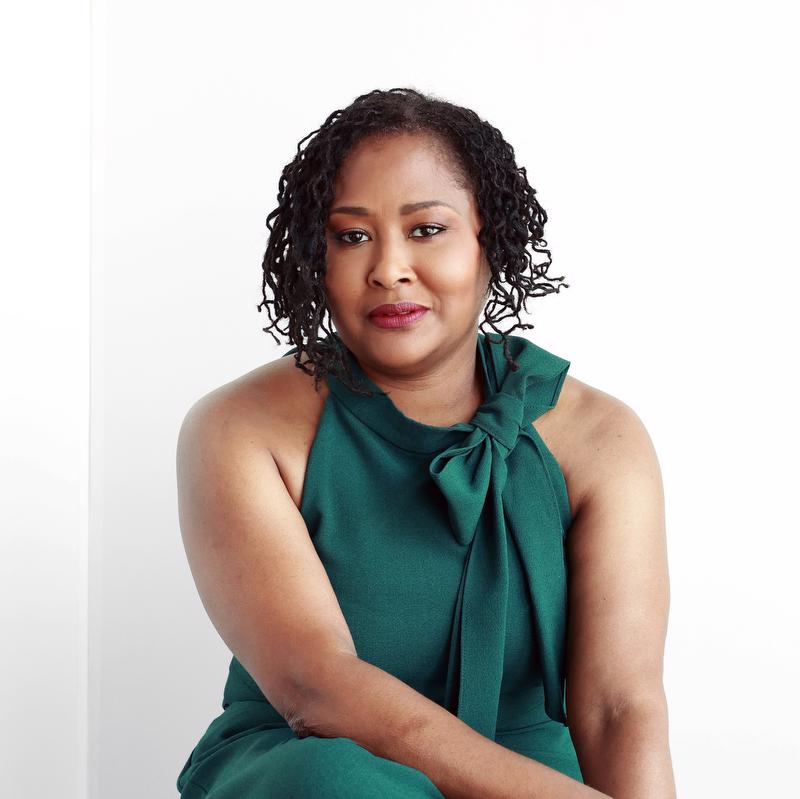 Funded Projects · News
Funded Projects · News
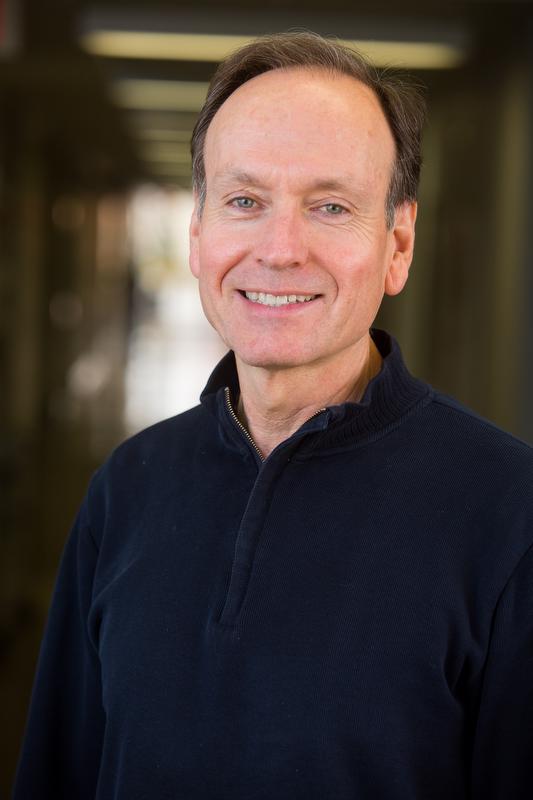 Funded Projects · News
Funded Projects · News
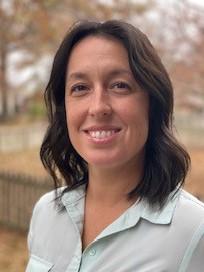 Funded Projects · News
Funded Projects · News
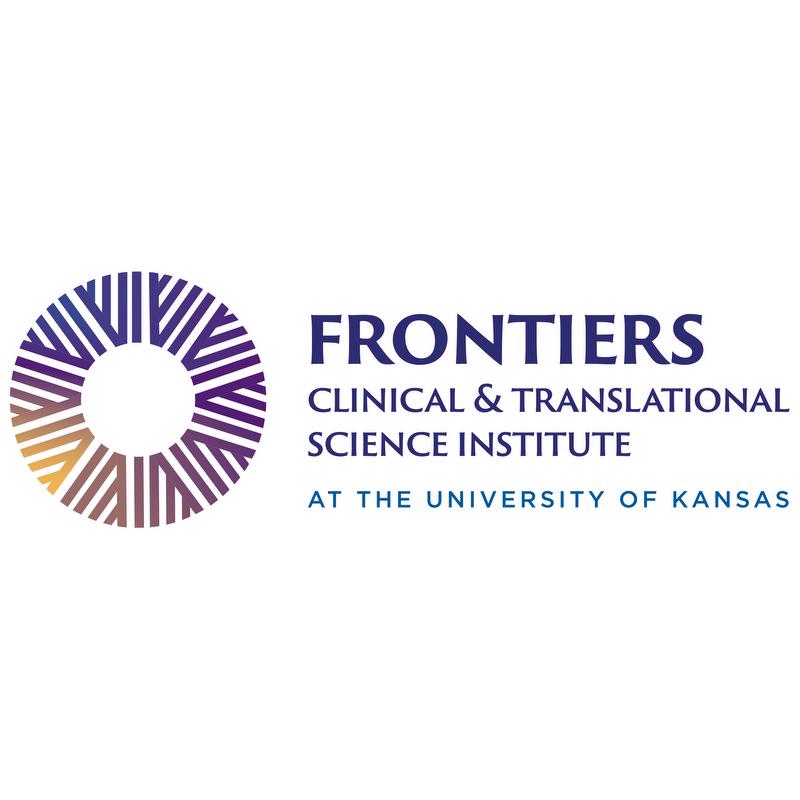 Funded Projects · News
Funded Projects · News
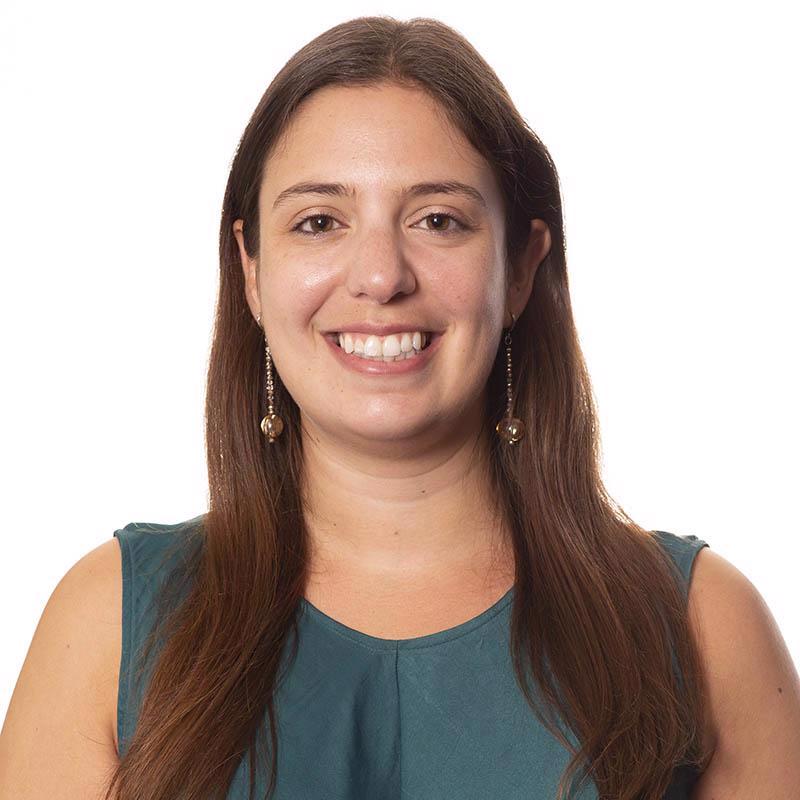 News
News
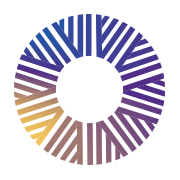 Funded Projects · News
Funded Projects · News
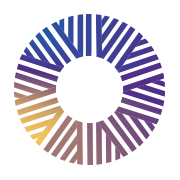
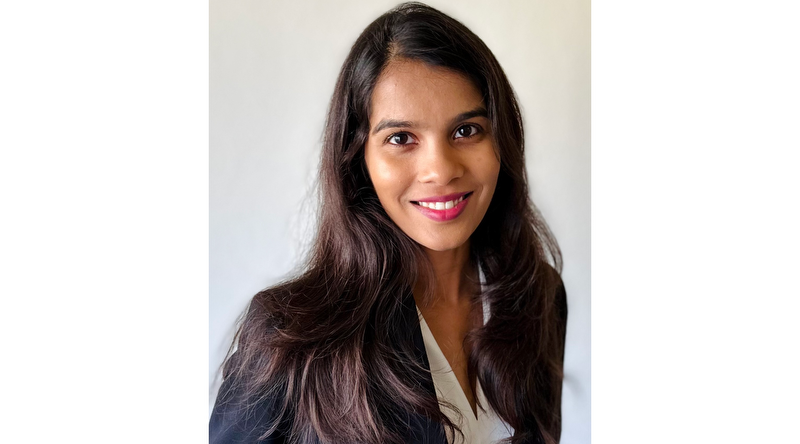 TL1 Trainee · News
TL1 Trainee · News
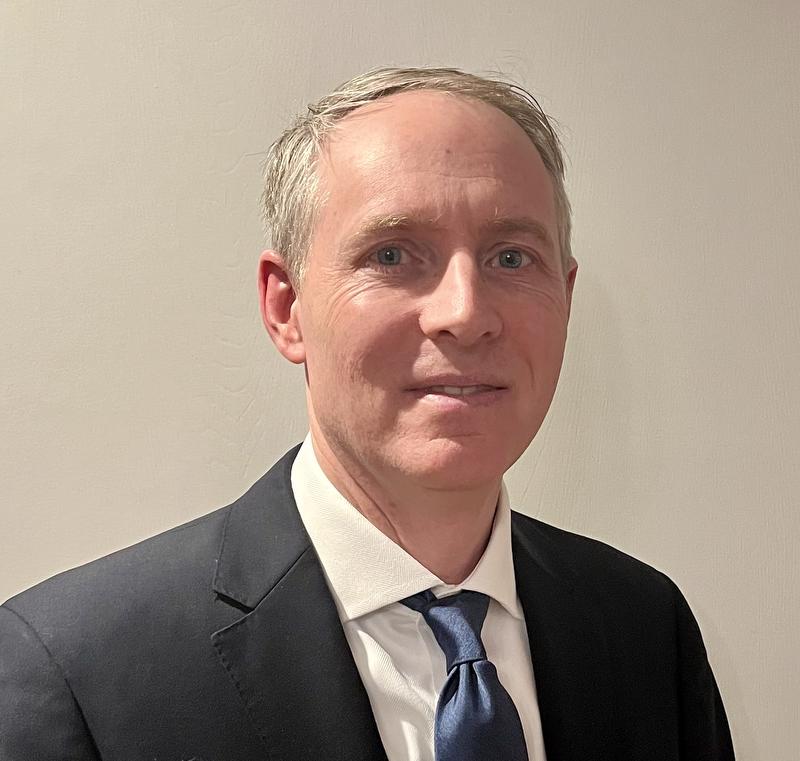 Funded Projects · News
Funded Projects · News
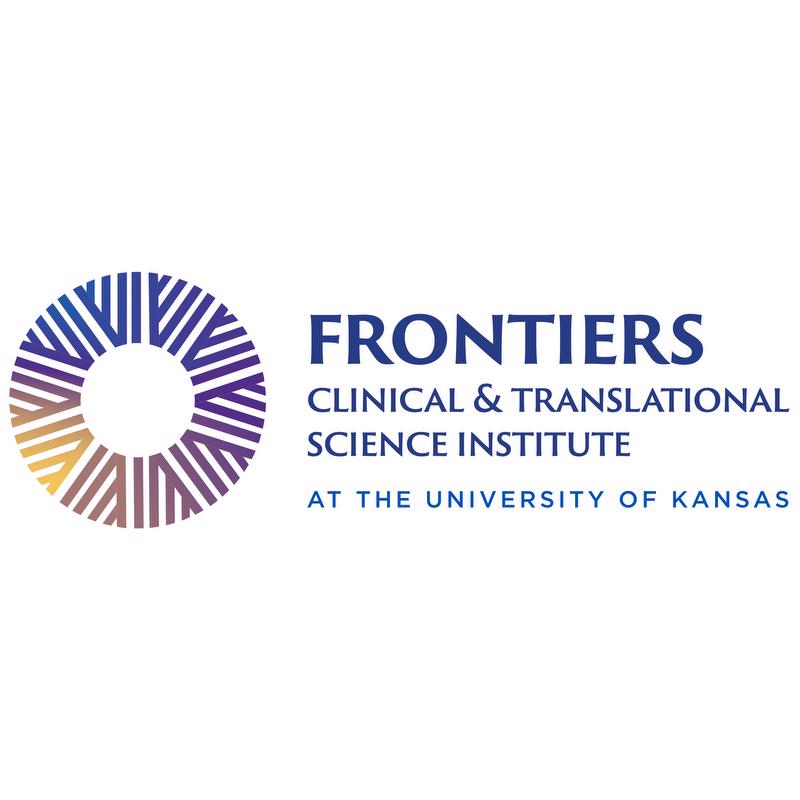 Events · News
Events · News
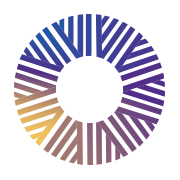 Funded Projects · News
Funded Projects · News
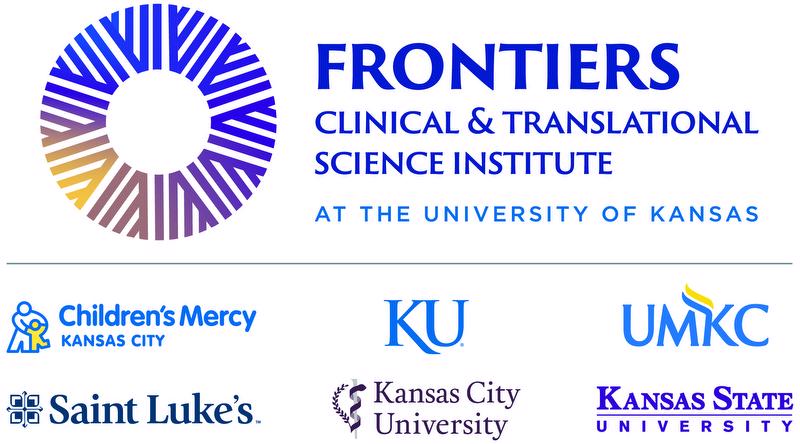
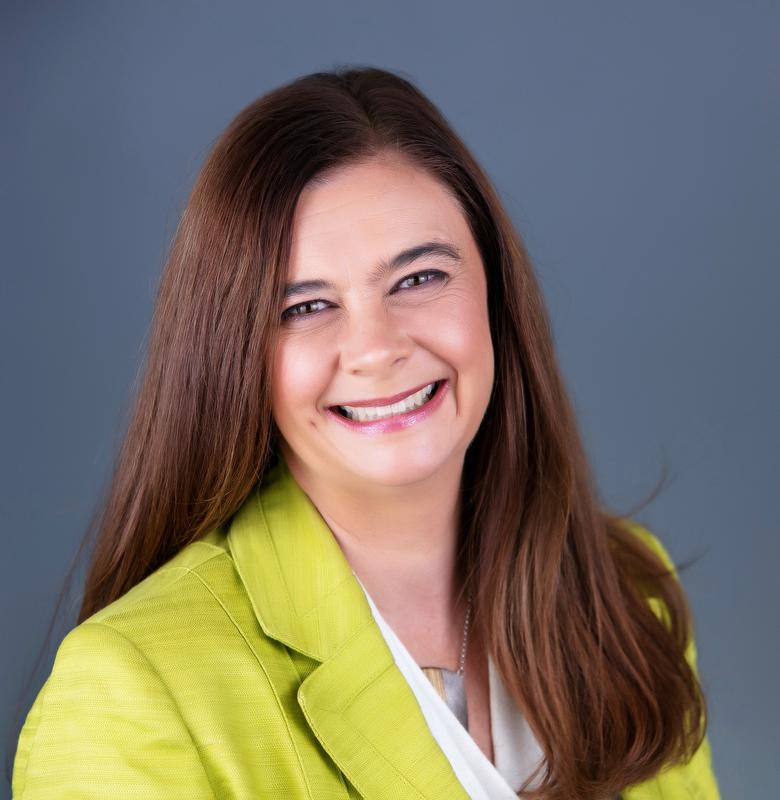 Funded Projects · News
Funded Projects · News
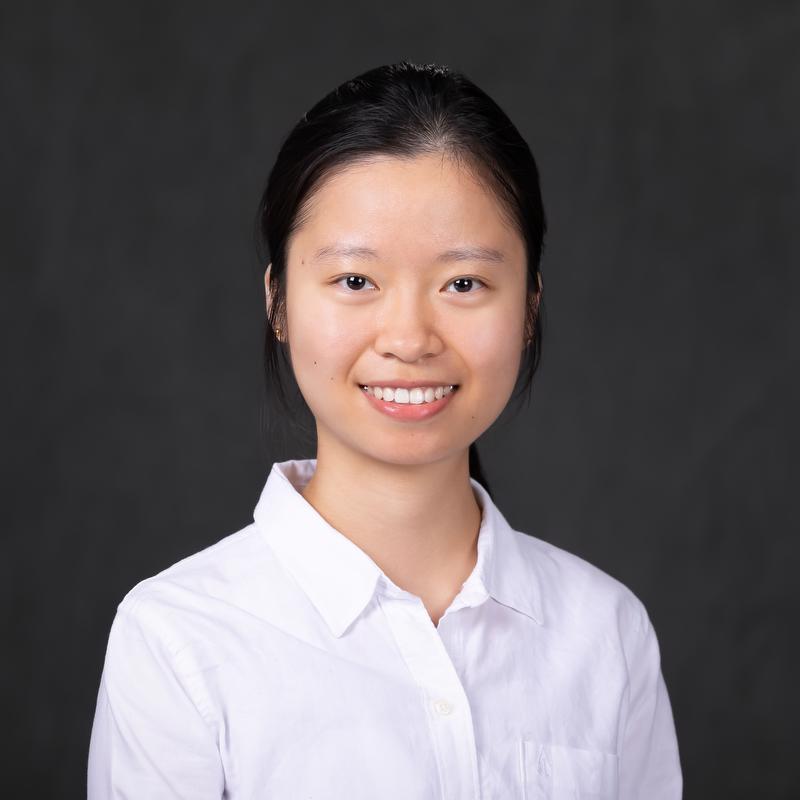 TL1 Trainee · News
TL1 Trainee · News
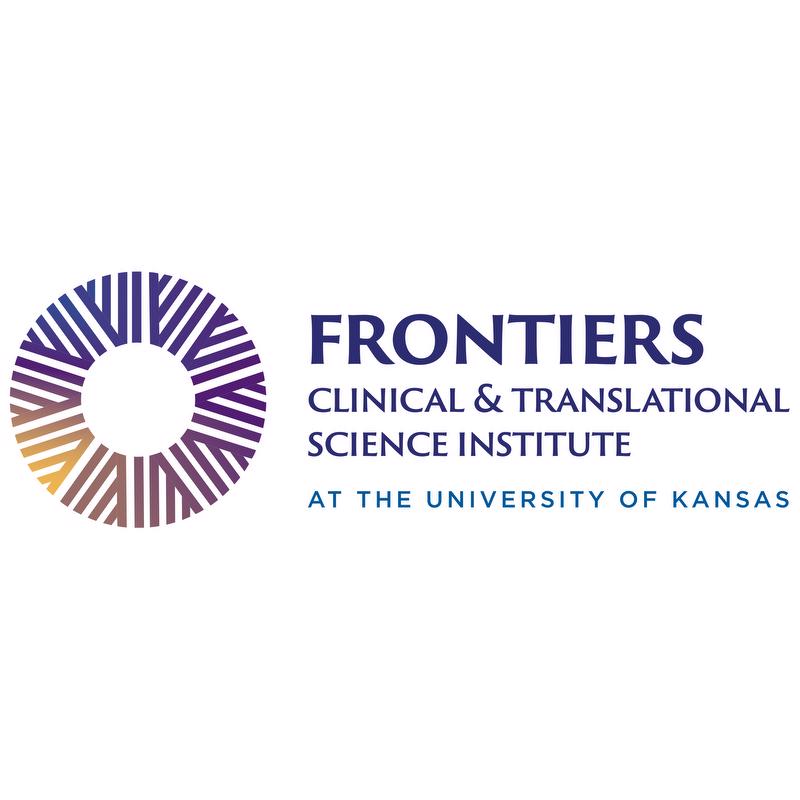 News · In the Community · Funded Projects
News · In the Community · Funded Projects
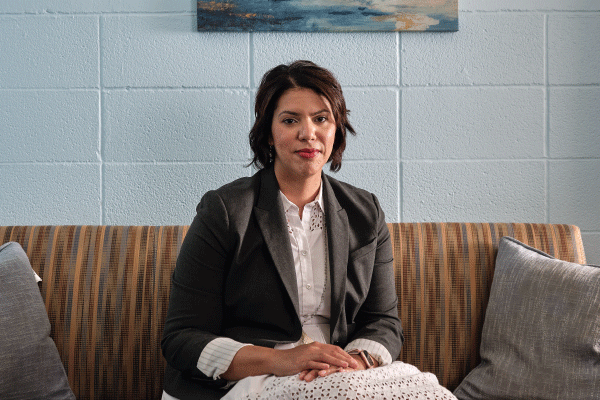 Funded Projects · News
Funded Projects · News
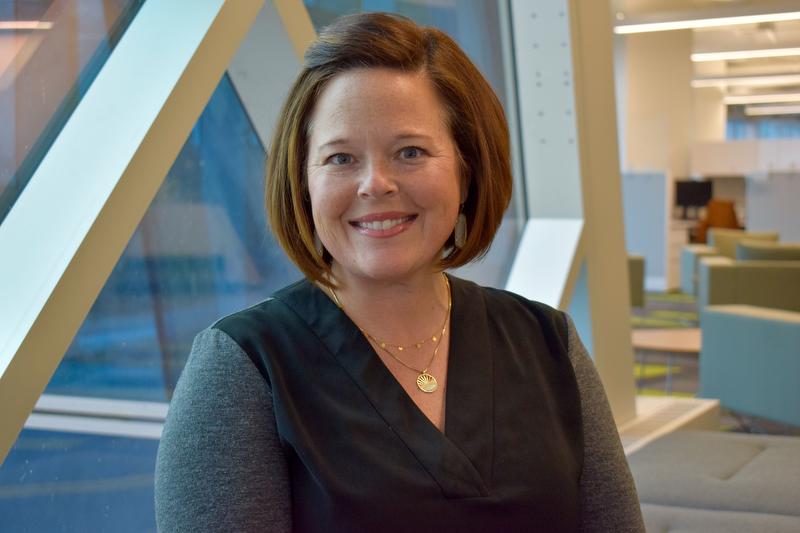 KL2 Scholar · News
KL2 Scholar · News
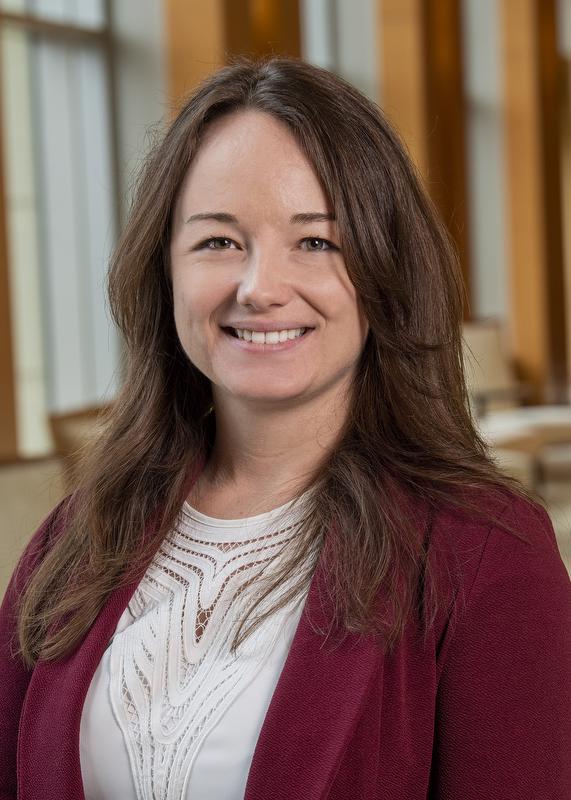 TL1 Trainee · News
TL1 Trainee · News
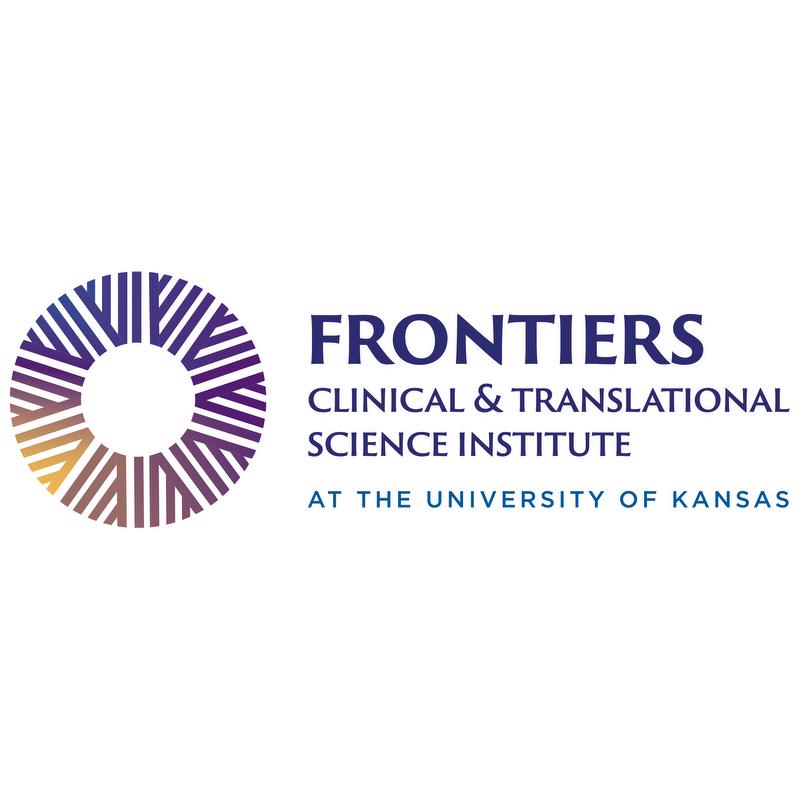 News
News
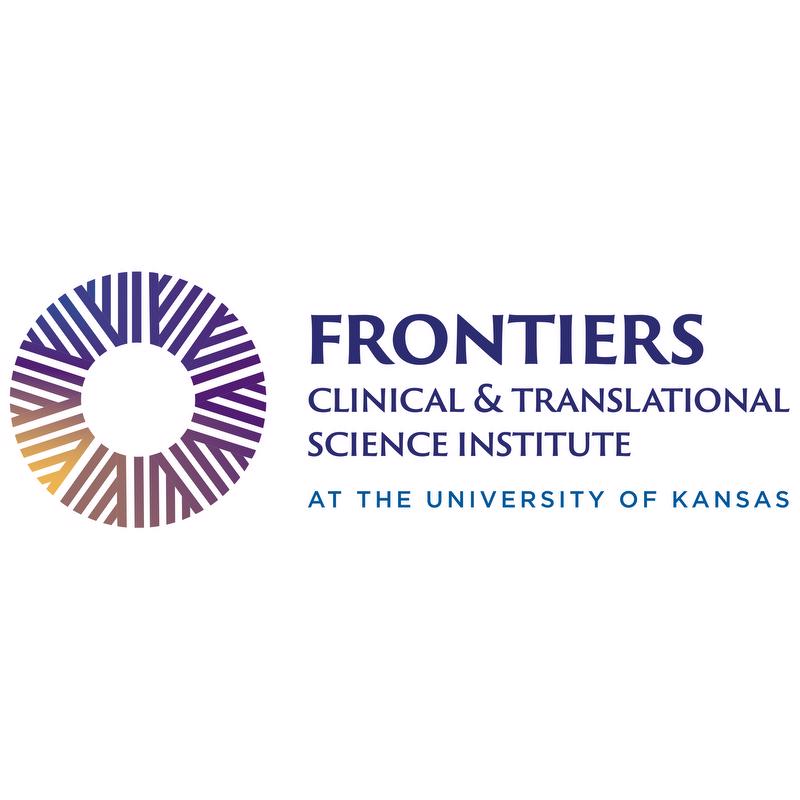 News
News
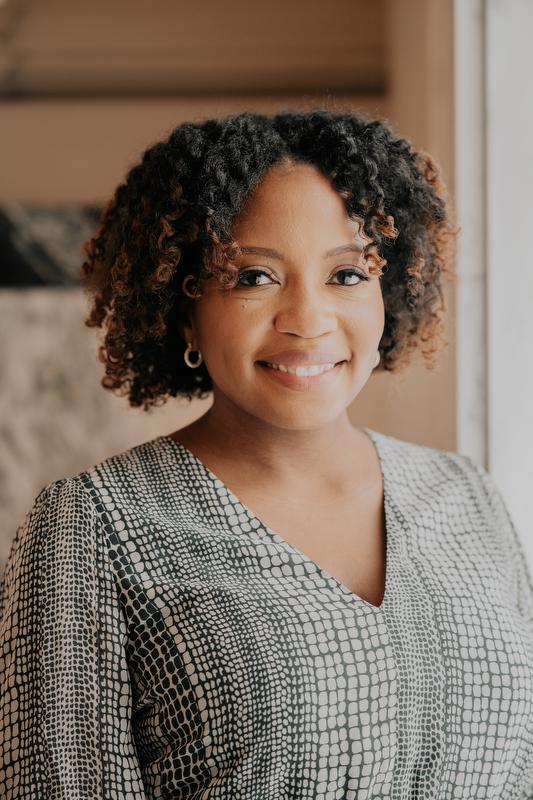 KL2 Scholar · News
KL2 Scholar · News
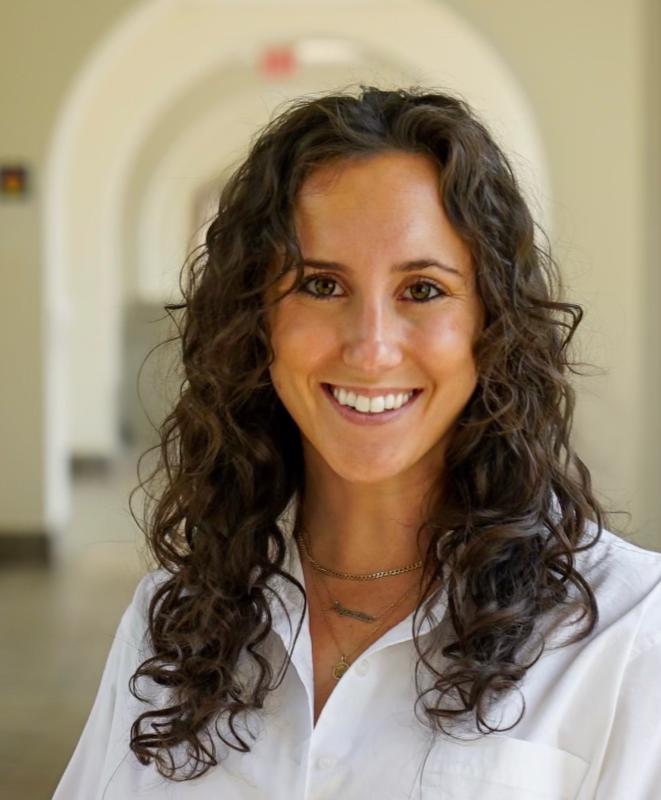 TL1 Trainee · News
TL1 Trainee · News
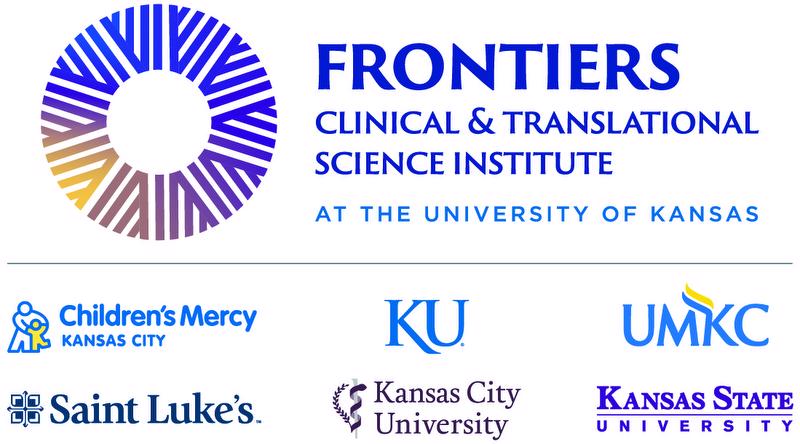 News
News
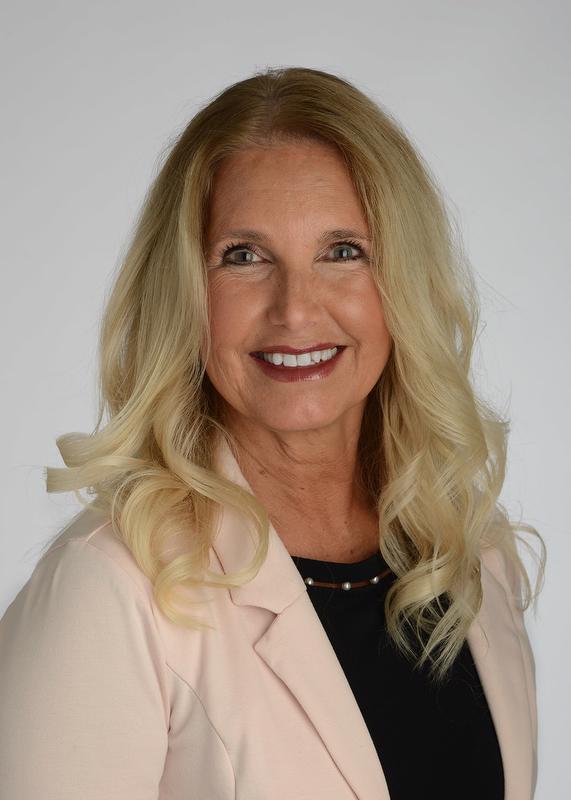 News
News
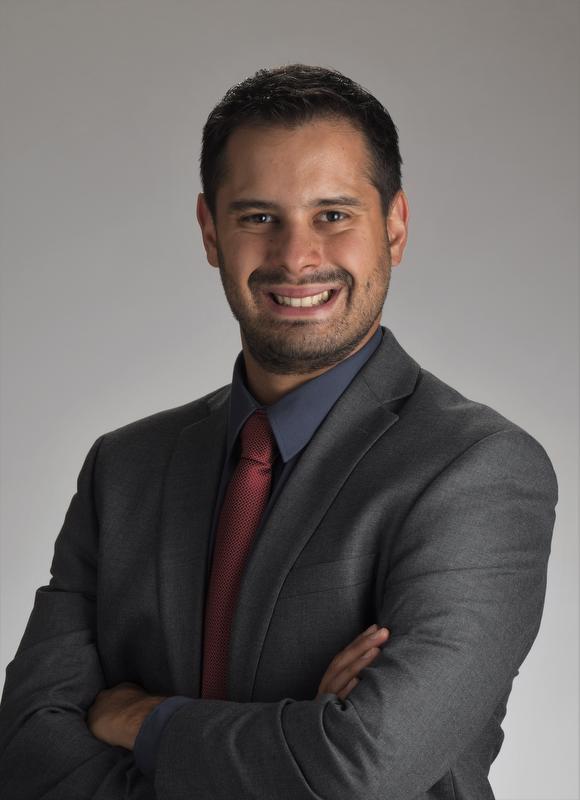 Funded Projects · News
Funded Projects · News
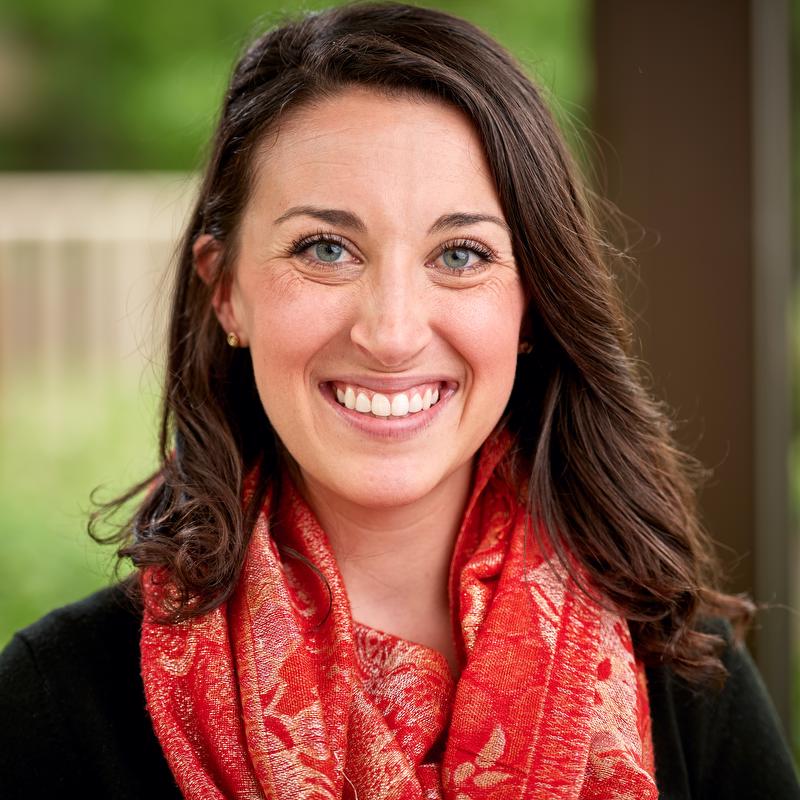 Events · News
Events · News
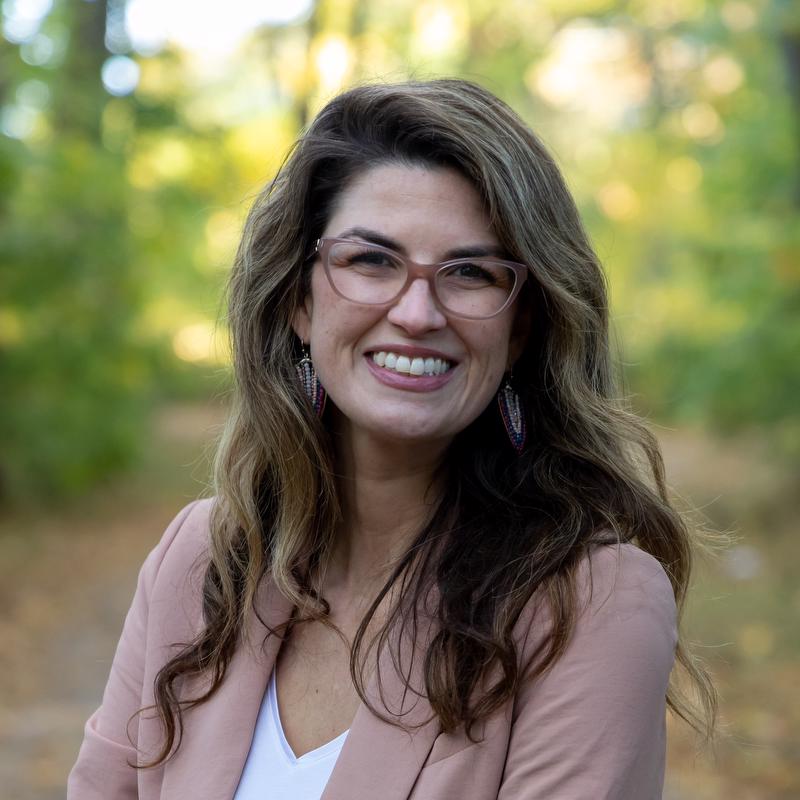
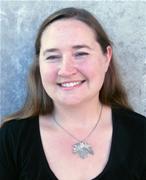 KL2 Scholar · News
KL2 Scholar · News
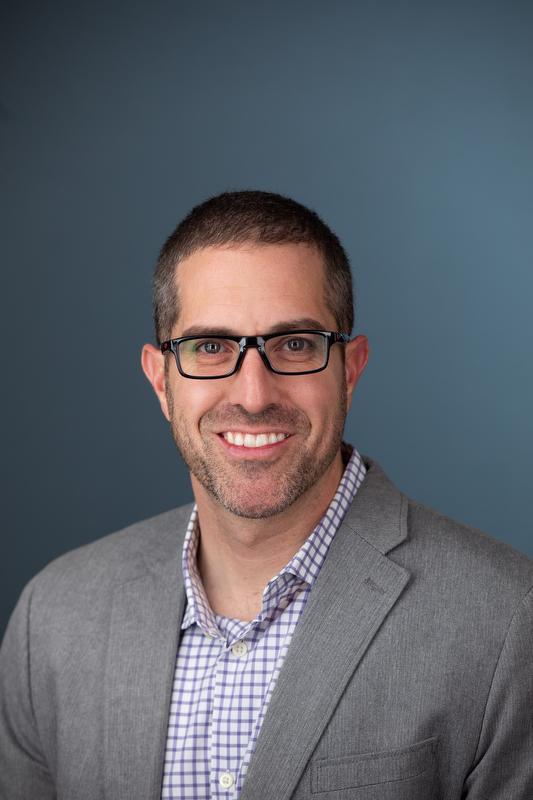 News
News
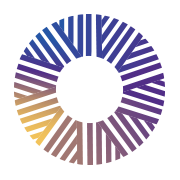
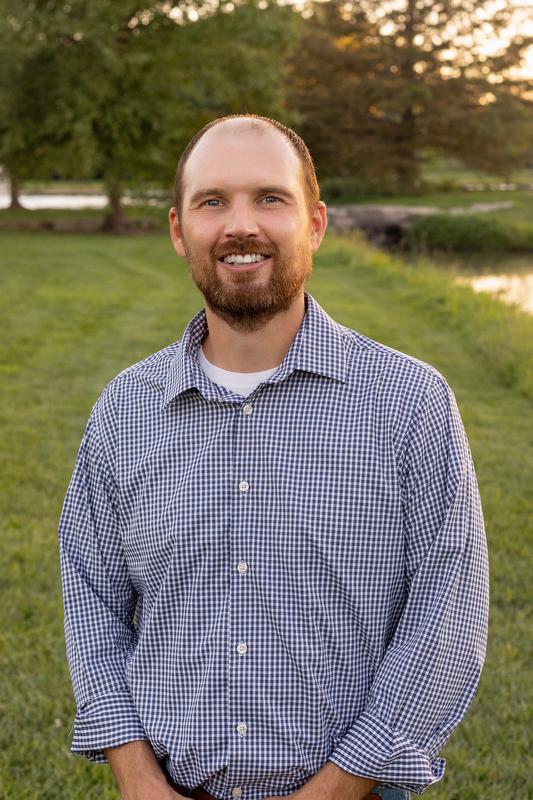 Funded Projects · News
Funded Projects · News
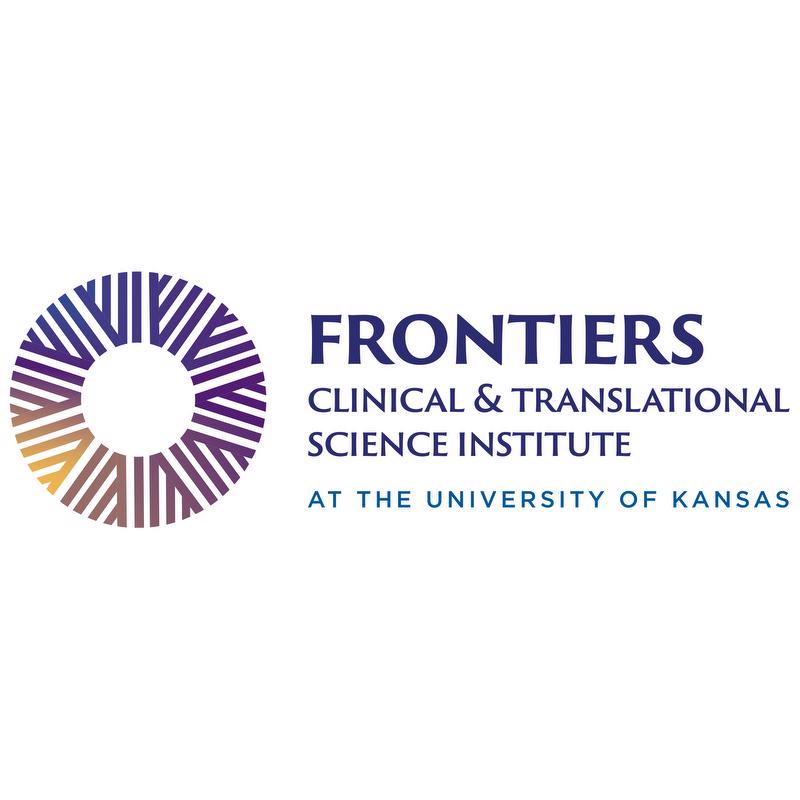 News
News
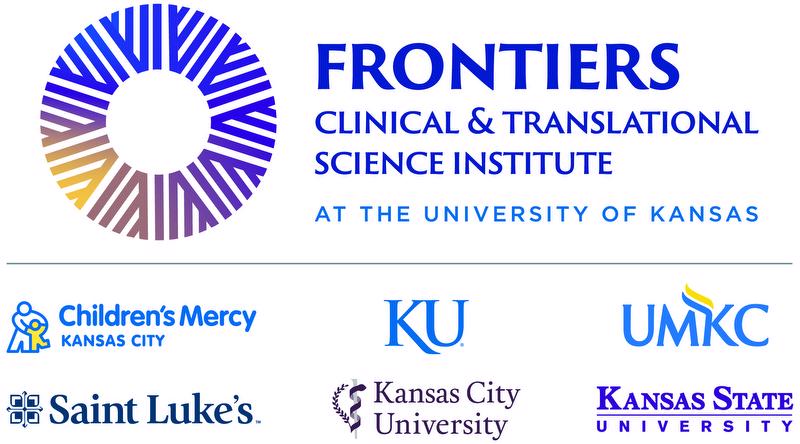 Partner News · News
Partner News · News
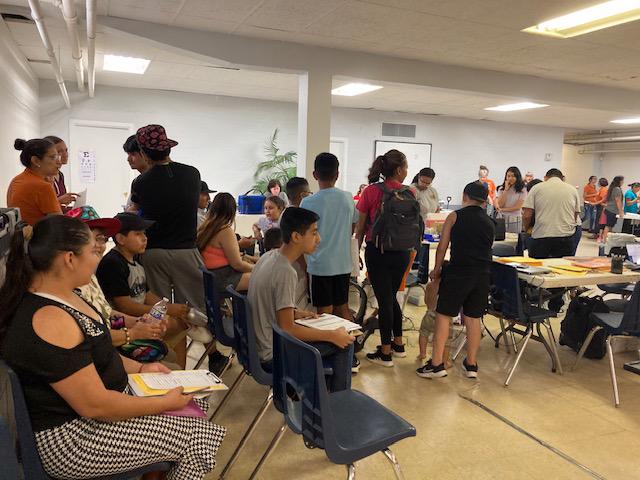 News · In the Community
News · In the Community
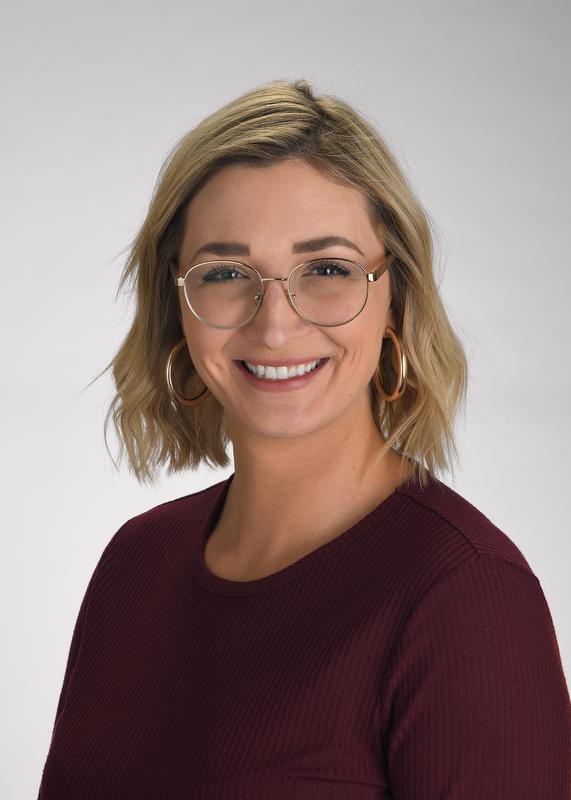
 0
0

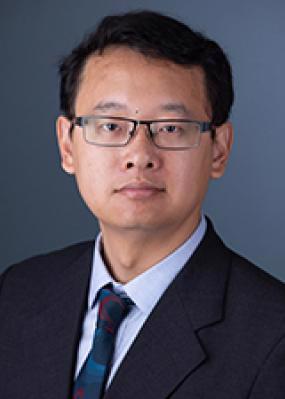 Funded Projects · News
Funded Projects · News
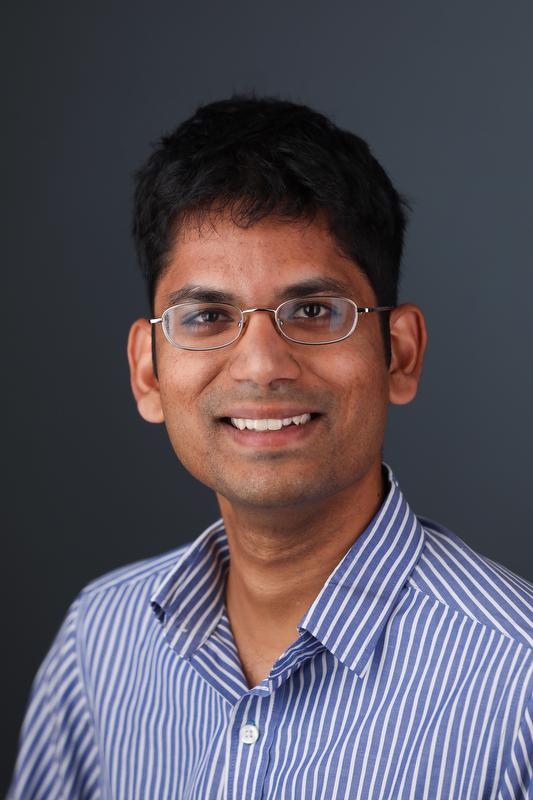 Funded Projects · News
Funded Projects · News
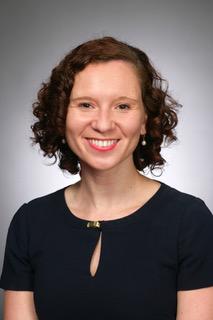 News
News
 Funded Projects · News
Funded Projects · News
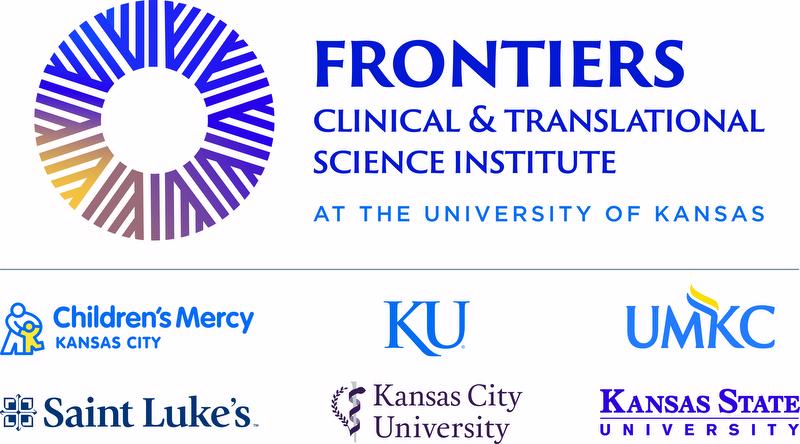 Funded Projects · News
Funded Projects · News
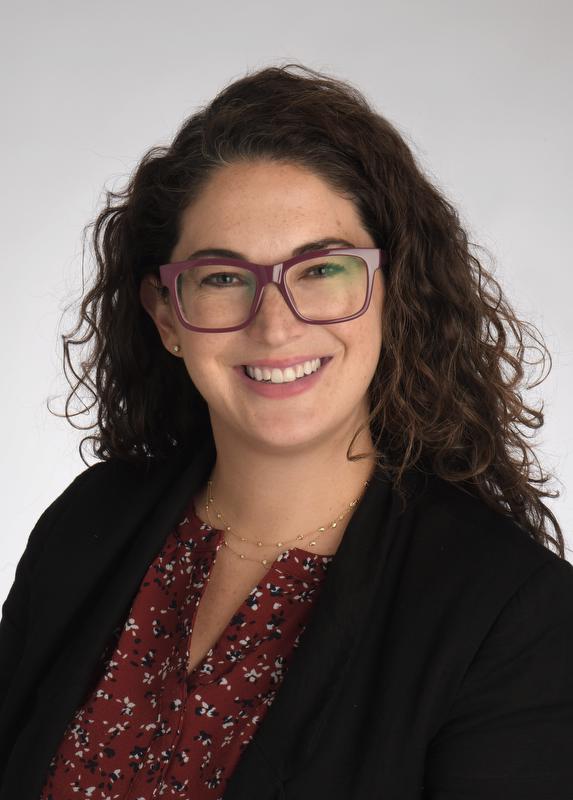 News
News
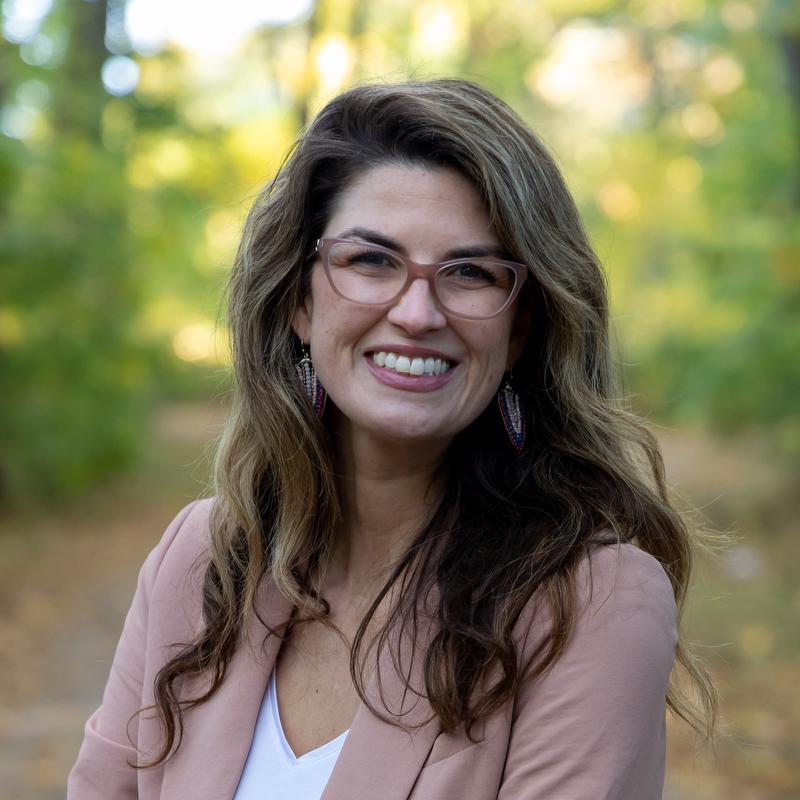 Events · News
Events · News
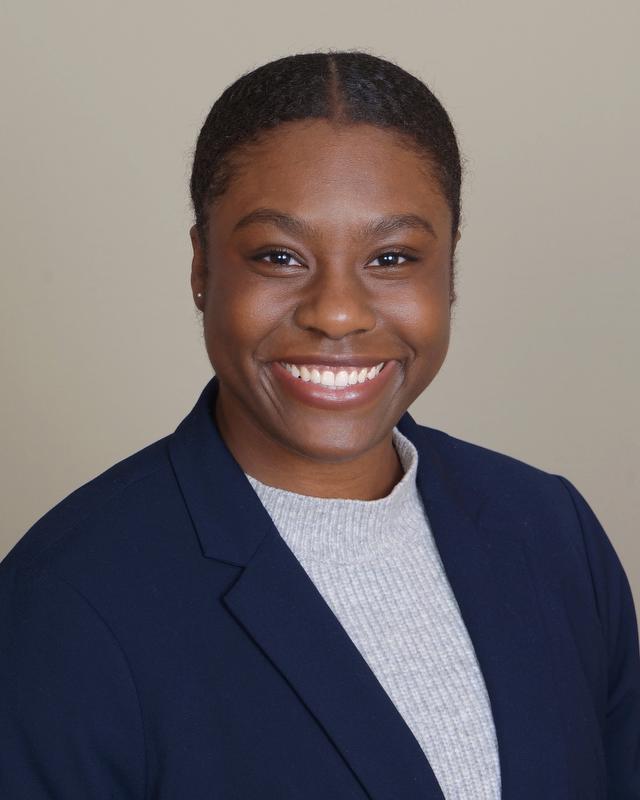 TL1 Trainee · News
TL1 Trainee · News
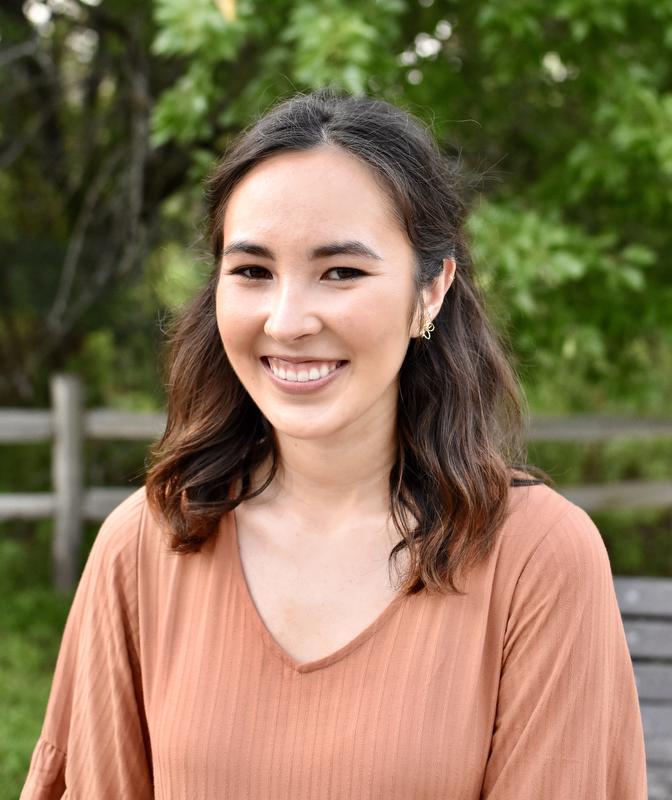 TL1 Trainee · News
TL1 Trainee · News
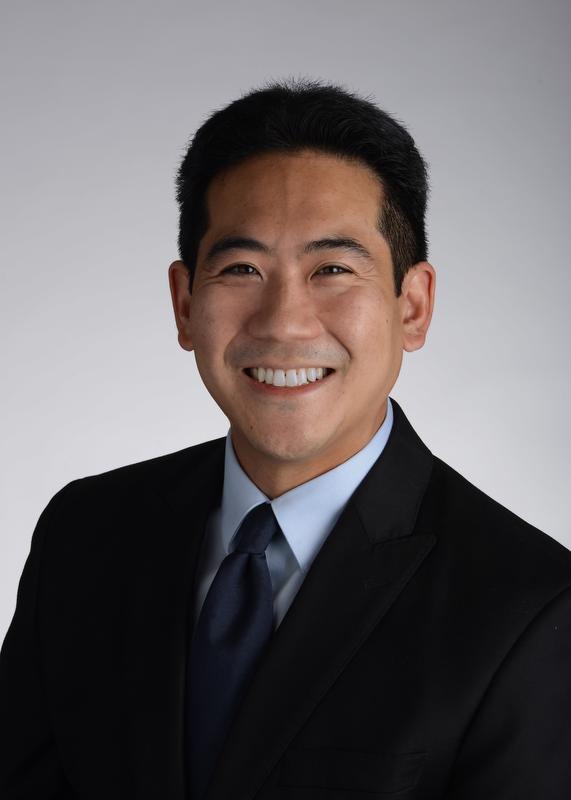 News
News
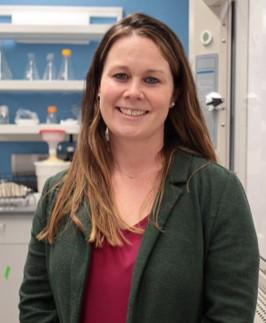 Funded Projects · News
Funded Projects · News
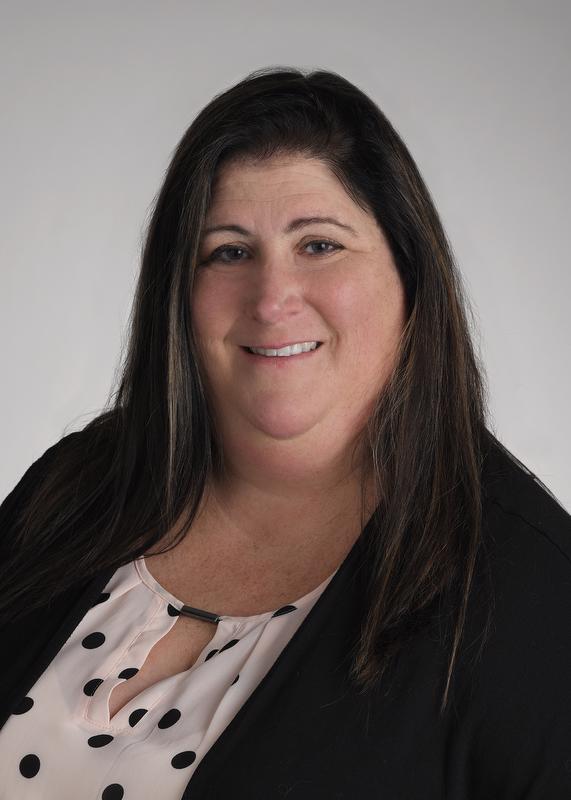 News
News
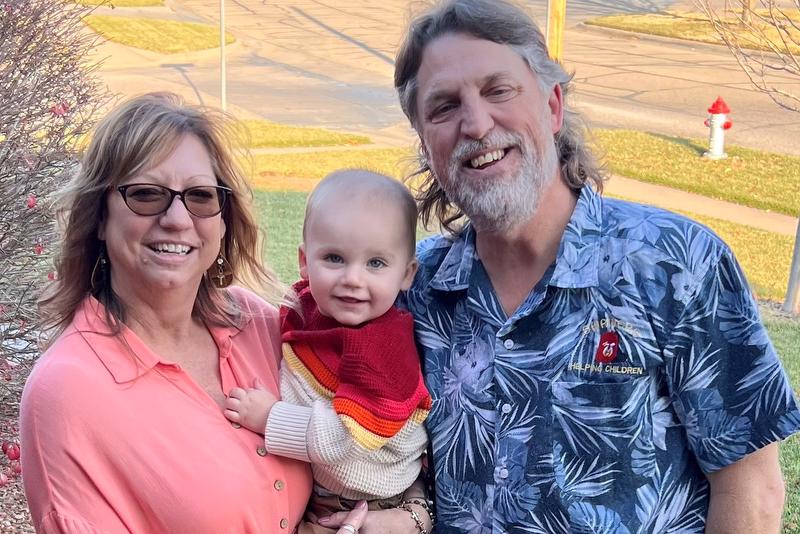 Partner News · News
Partner News · News
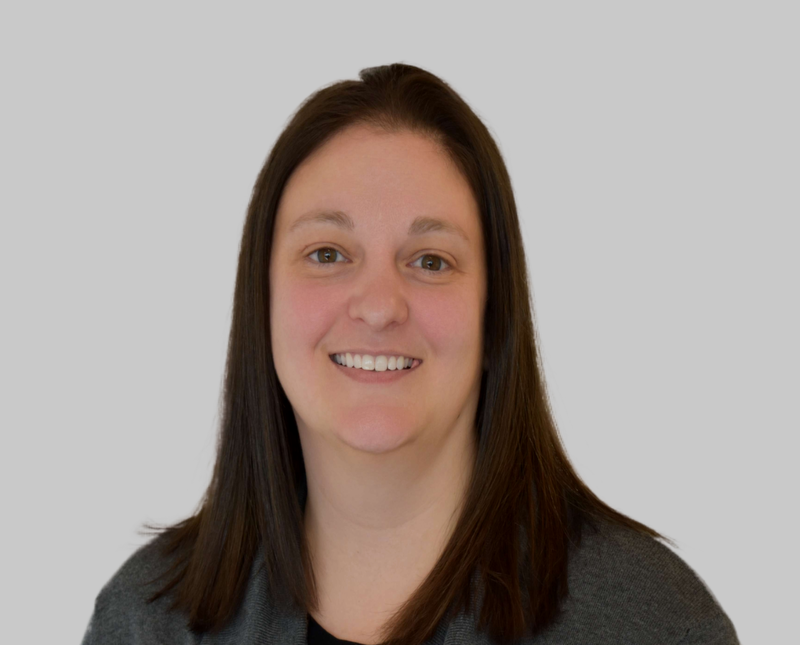 TL1 Trainee · News
TL1 Trainee · News
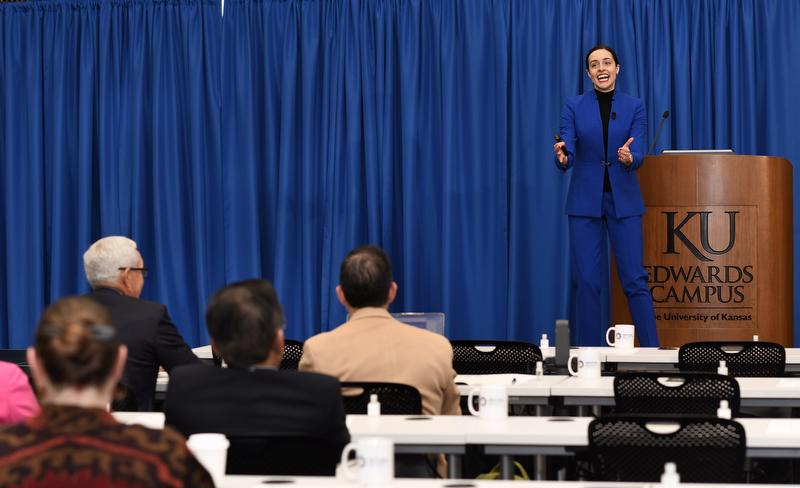 Events · News
Events · News
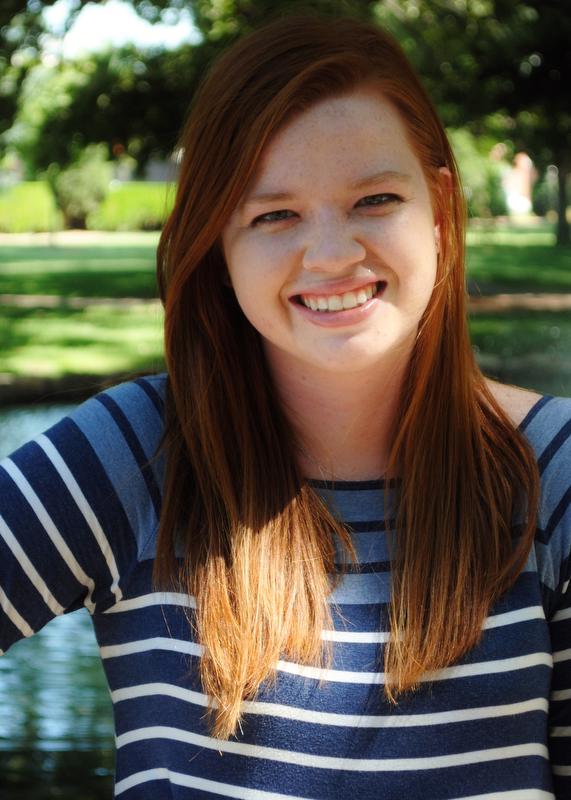 KL2 Scholar · News
KL2 Scholar · News
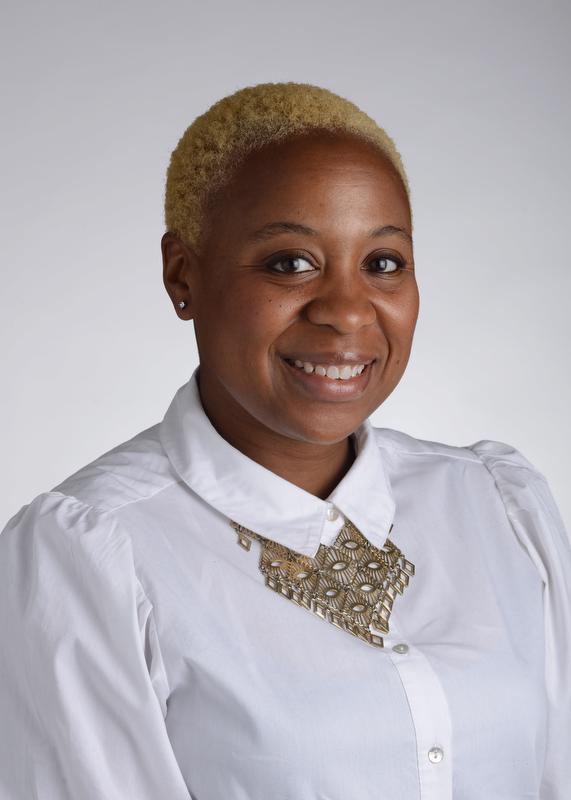 News
News
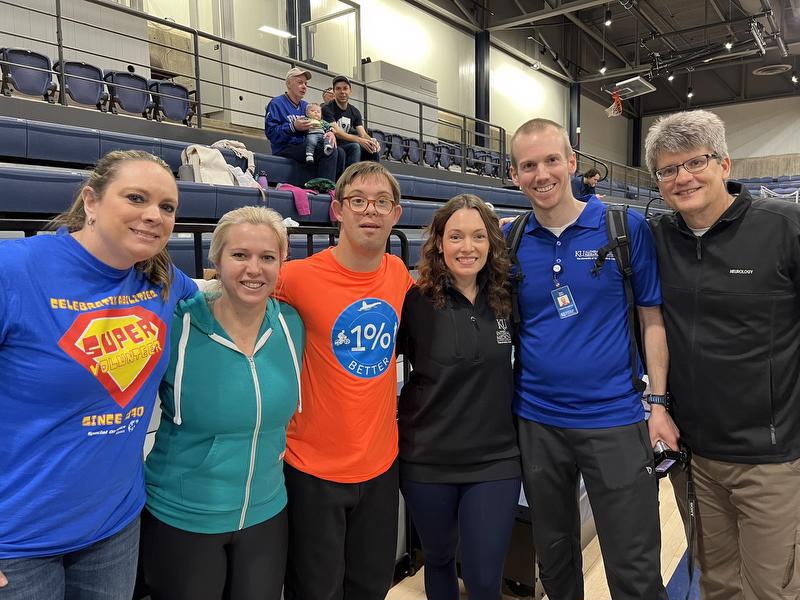 TL1 Trainee · News
TL1 Trainee · News
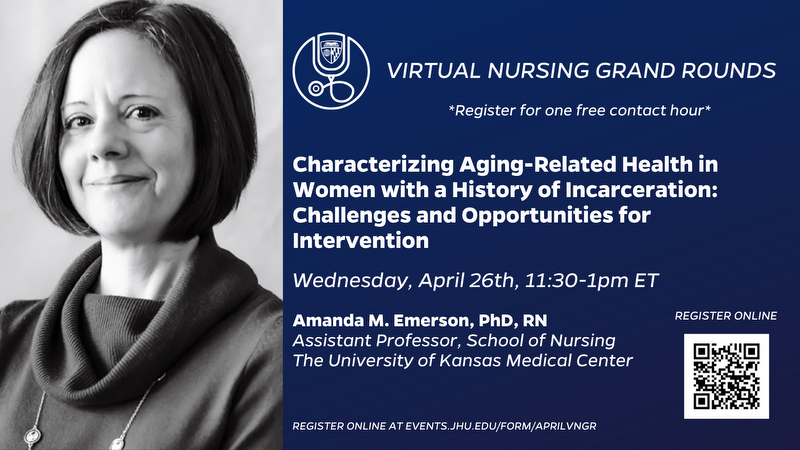 News · KL2 Scholar
News · KL2 Scholar
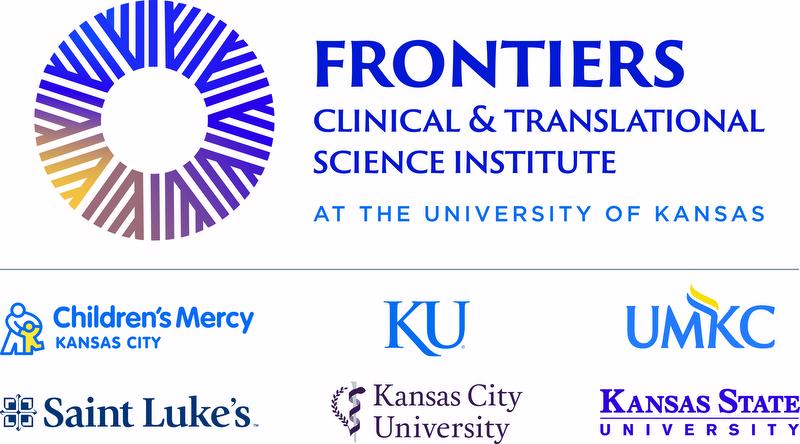
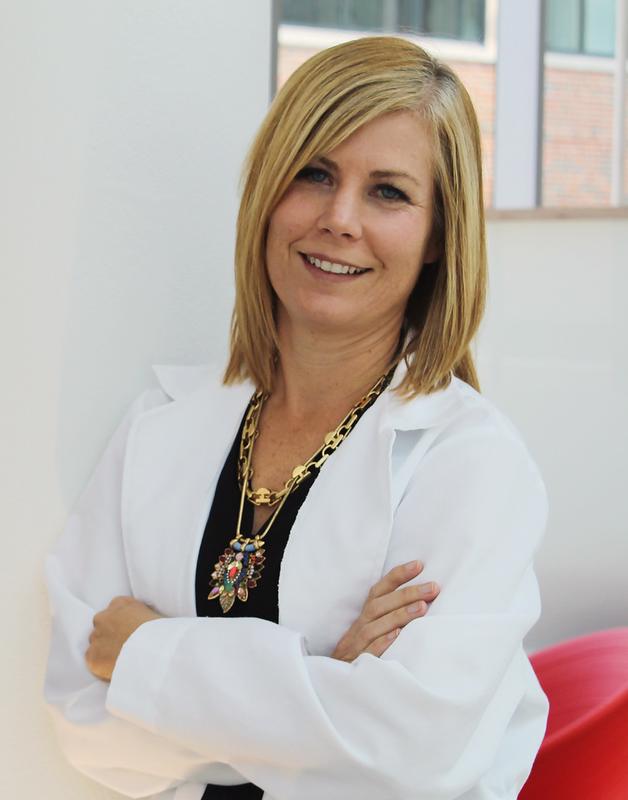 TL1 Trainee · News
TL1 Trainee · News
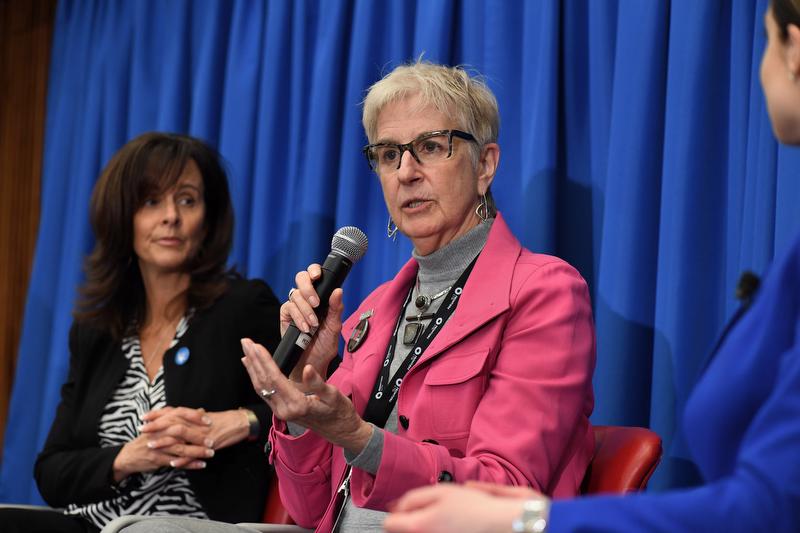 Events · News
Events · News
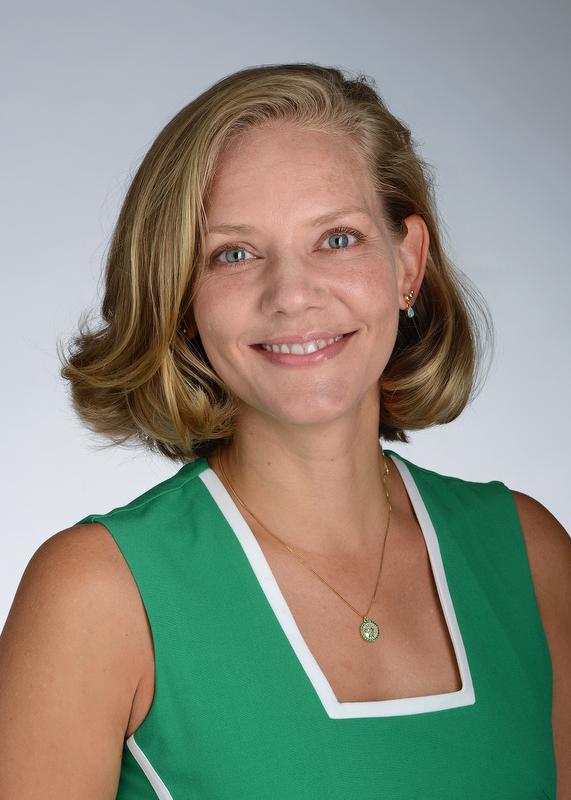 News
News
 News
News
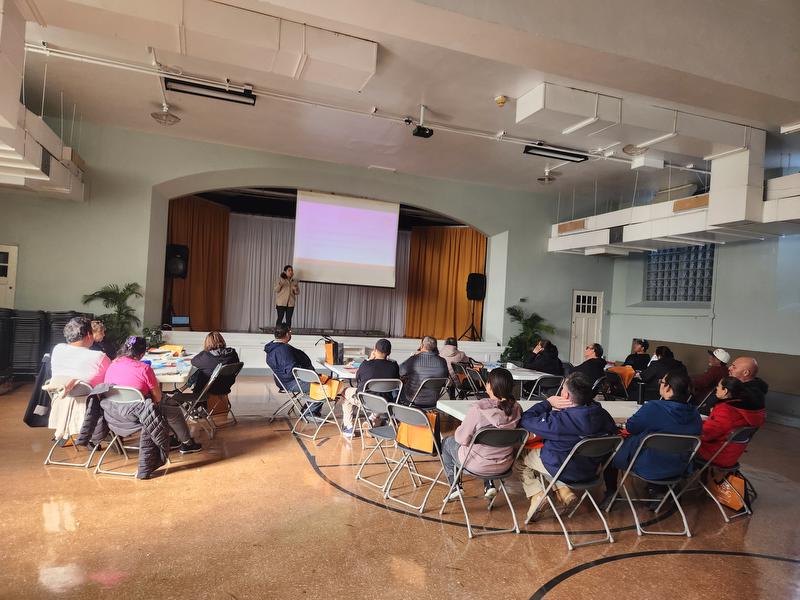
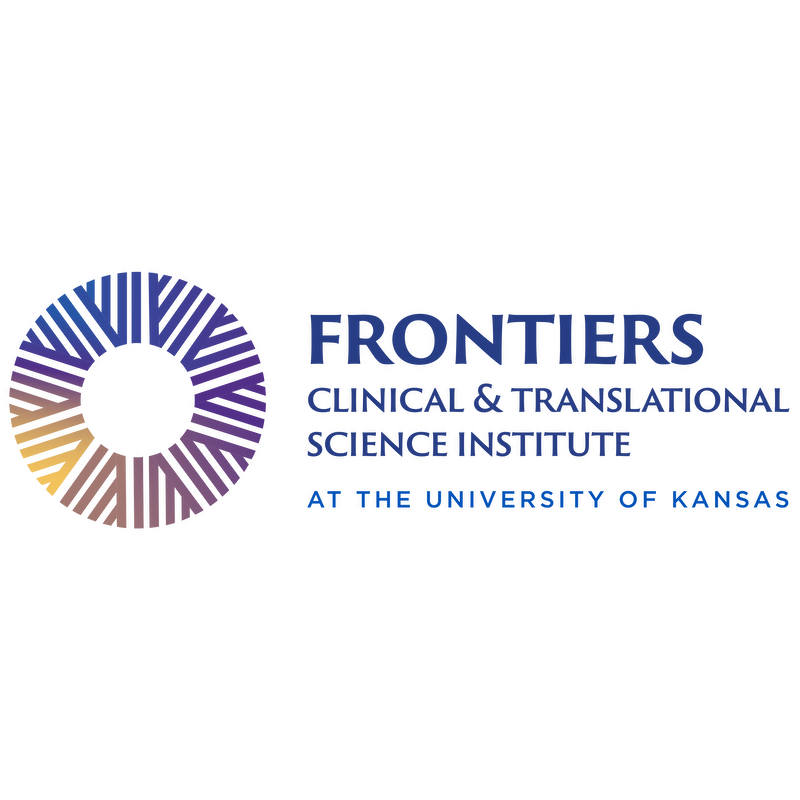
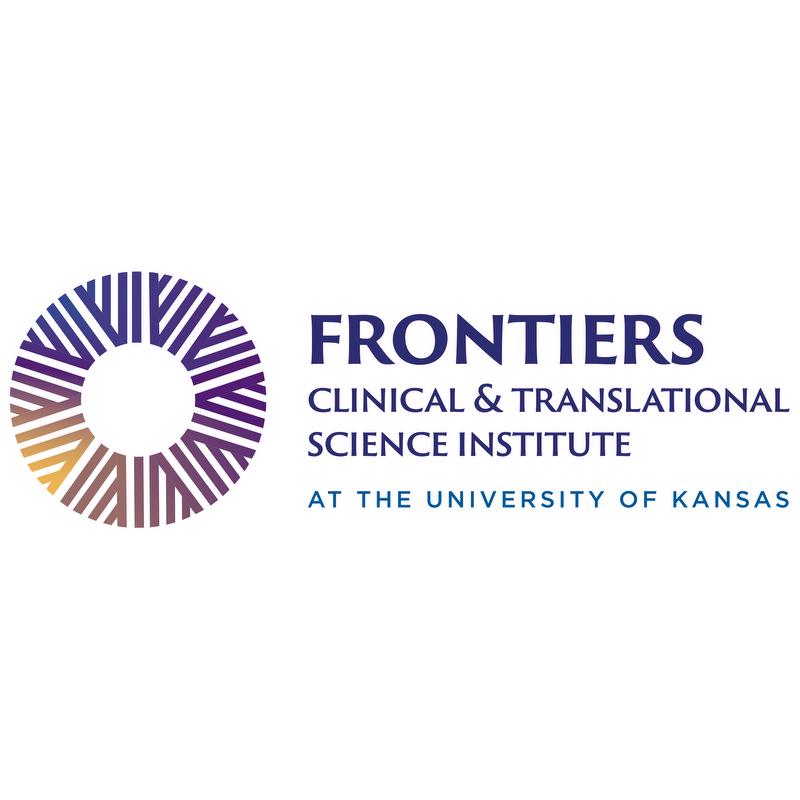 News
News
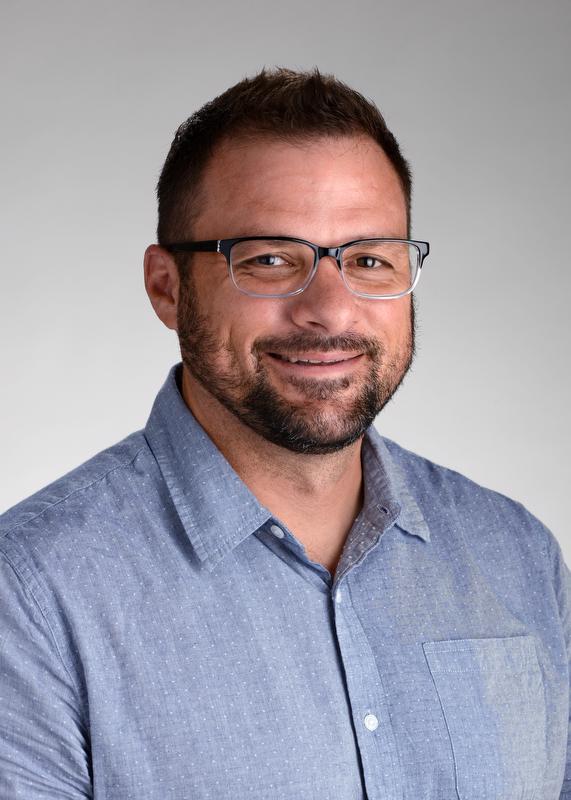
 40
40

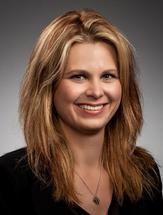 News
News
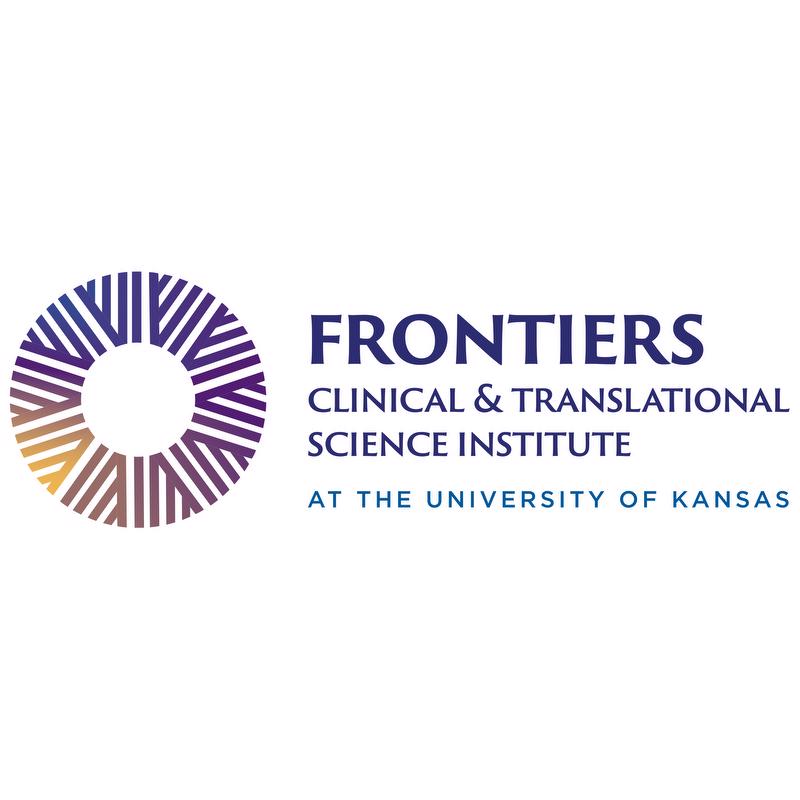 News
News
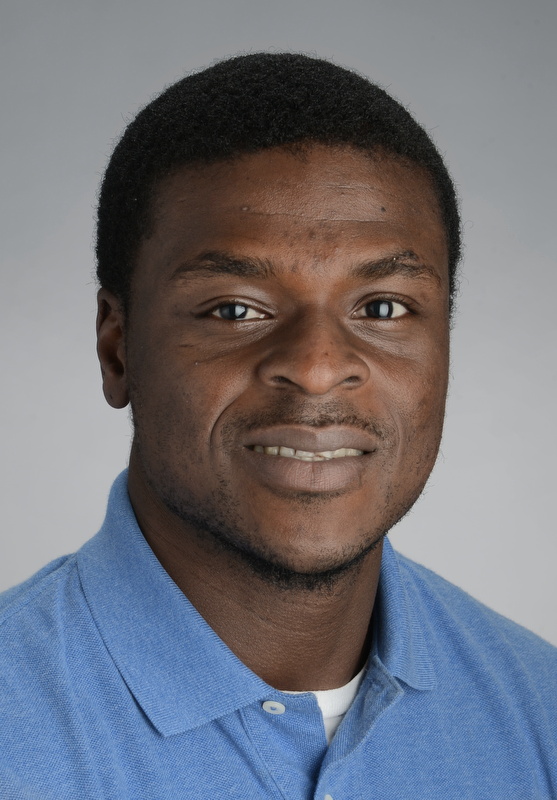 TL1 Trainee · News
TL1 Trainee · News
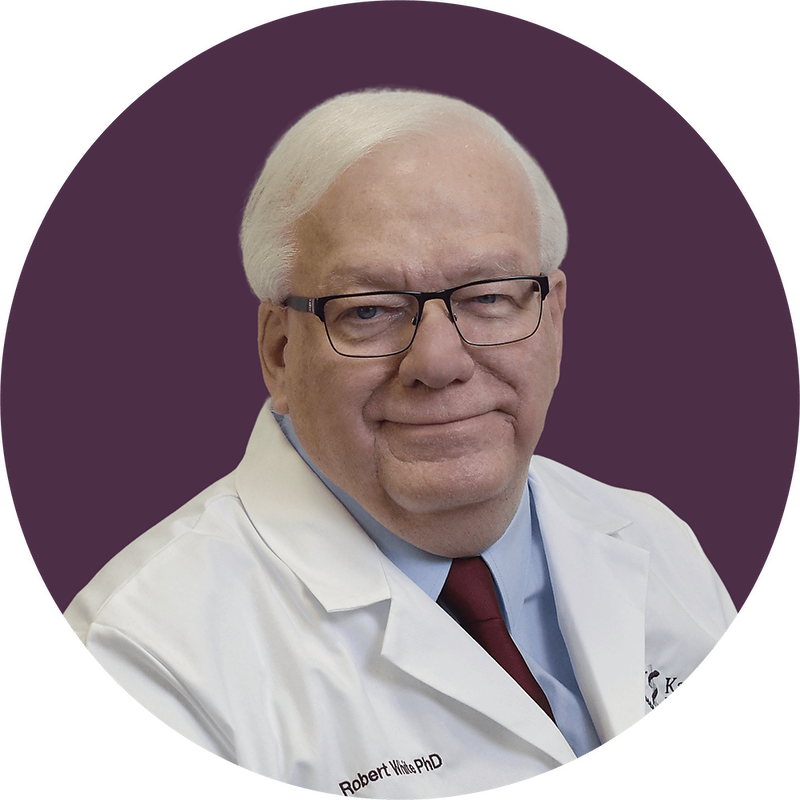 News
News
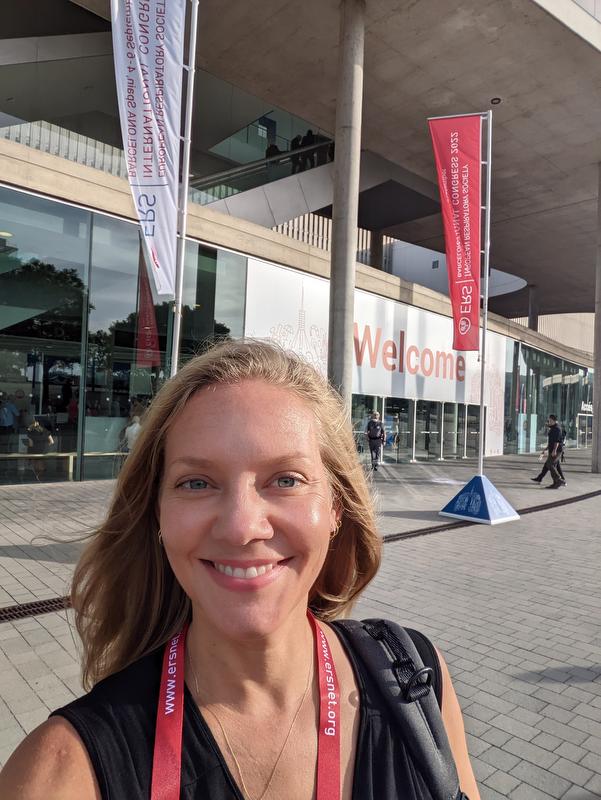 Funded Projects · News
Funded Projects · News
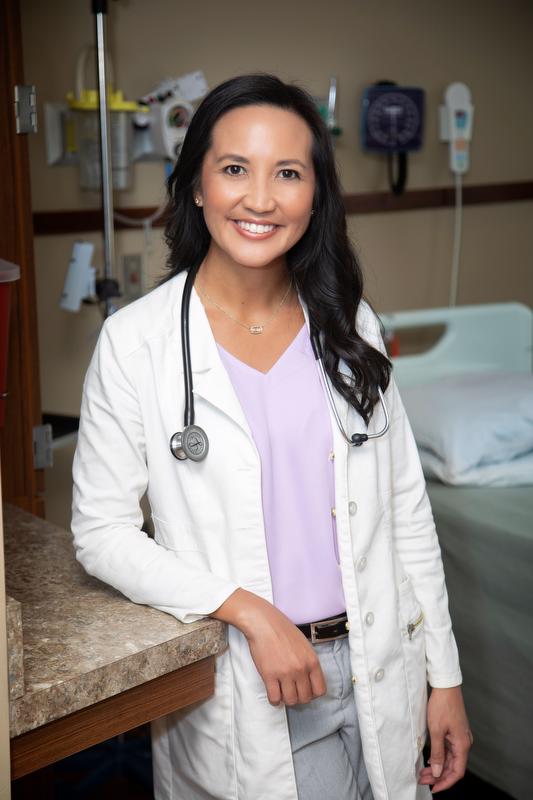 News · In the Community
News · In the Community
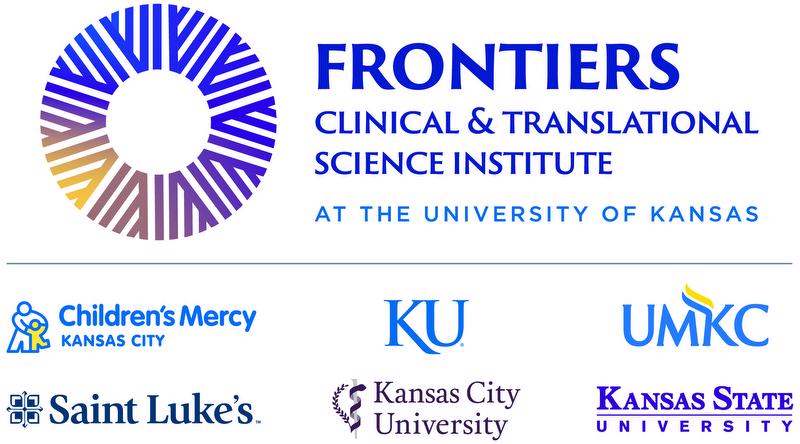 Funded Projects · News
Funded Projects · News
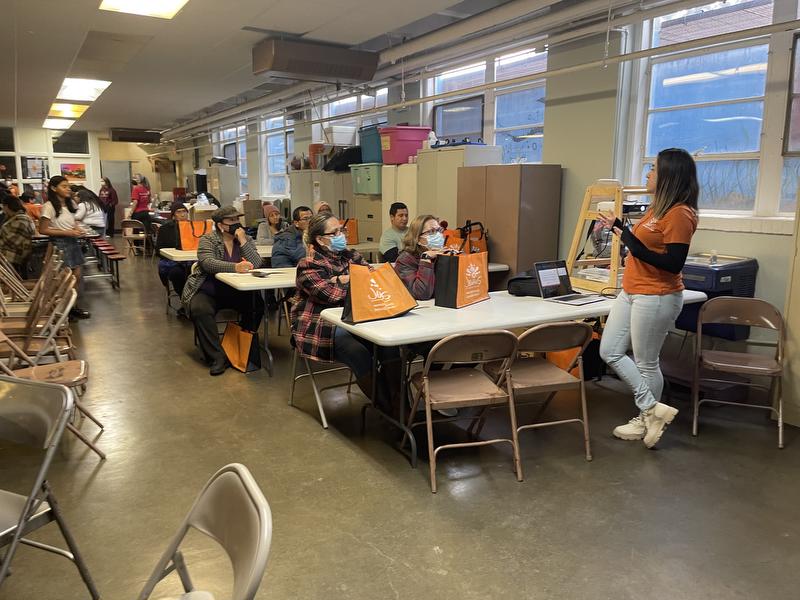 In the Community
In the Community
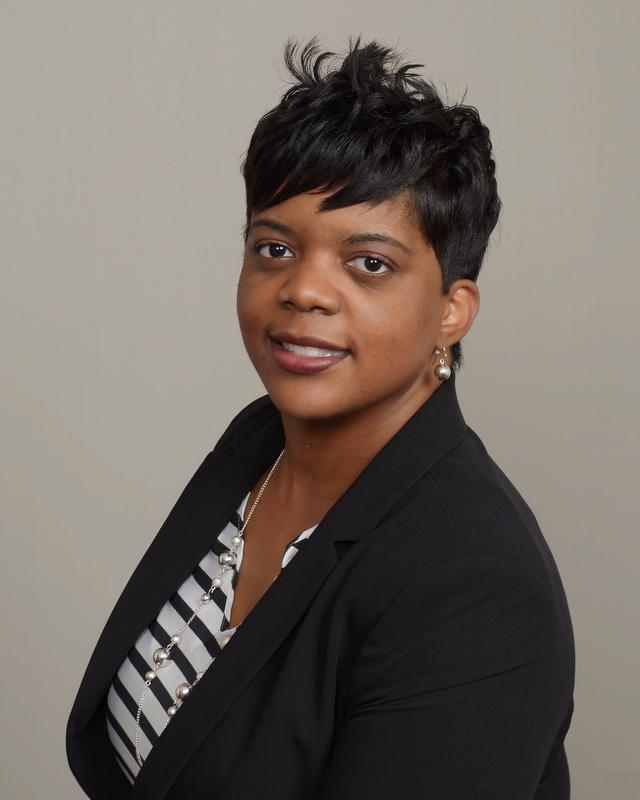 News · In the Community · Partner News
News · In the Community · Partner News
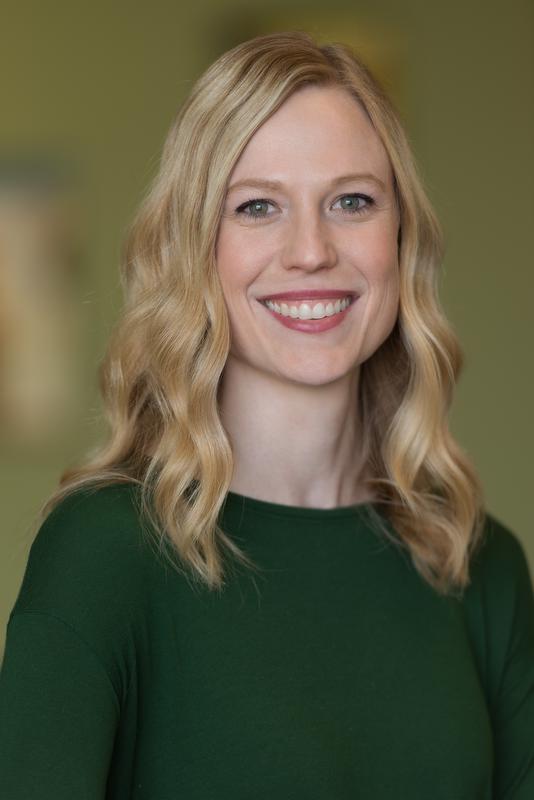 KL2 Scholar · News
KL2 Scholar · News
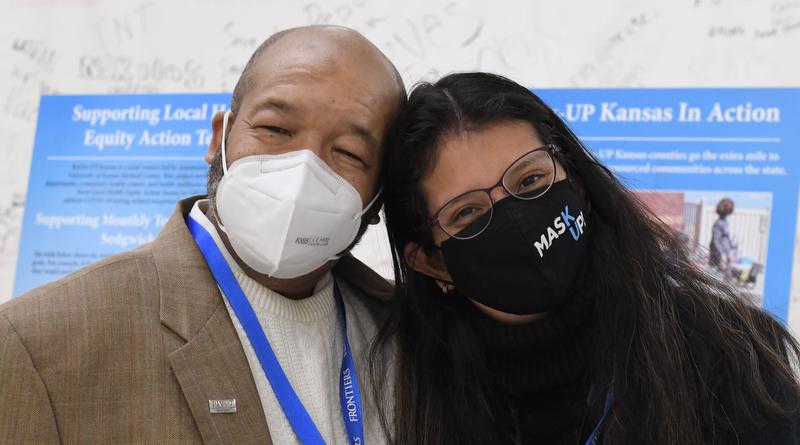 News · In the Community
News · In the Community
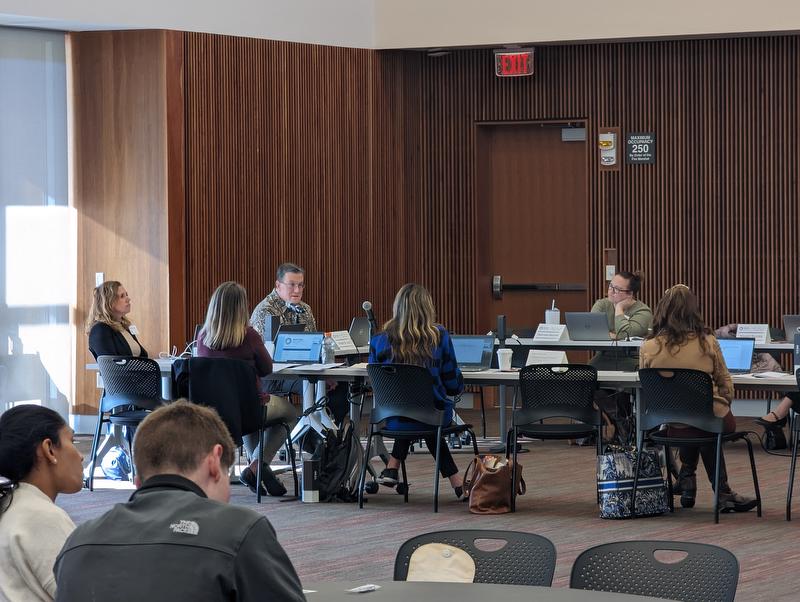 Events · News · Services
Events · News · Services
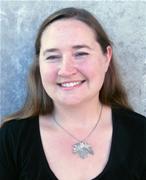 Funded Projects · News
Funded Projects · News
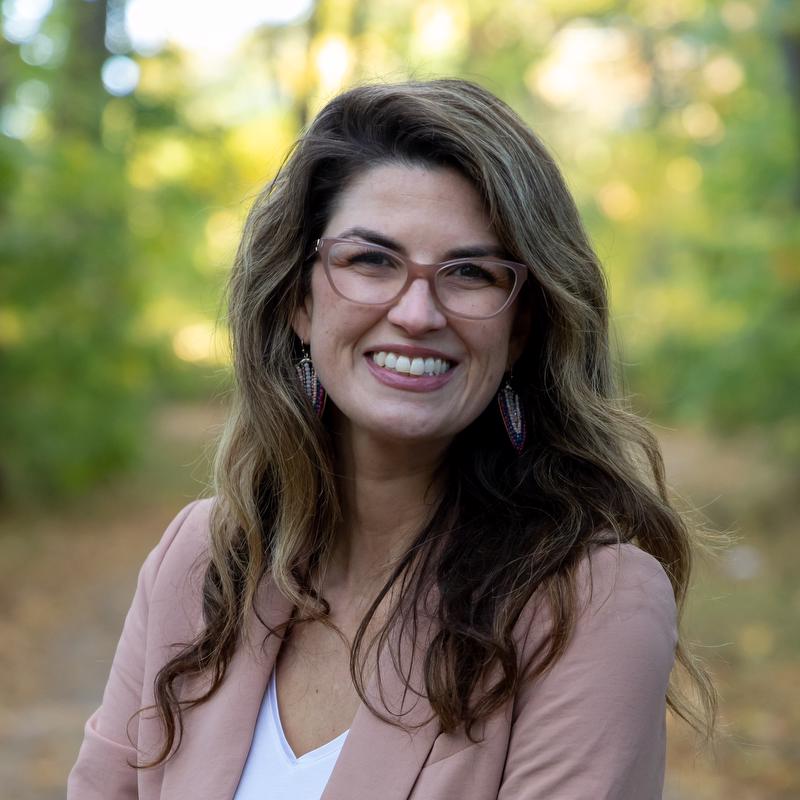 KL2 Scholar · Funded Projects · News
KL2 Scholar · Funded Projects · News
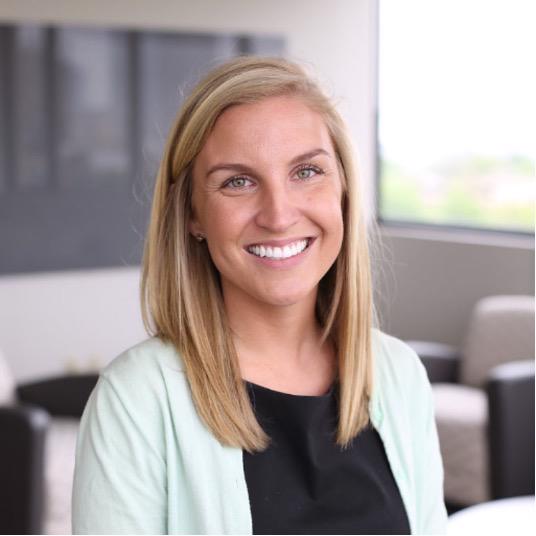 TL1 Trainee · Funded Projects · News
TL1 Trainee · Funded Projects · News
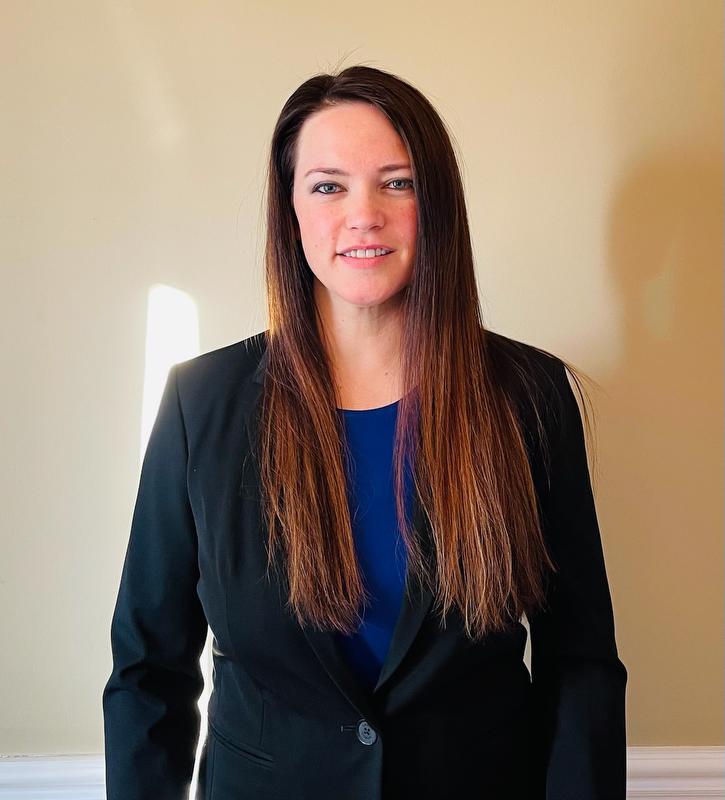 News
News
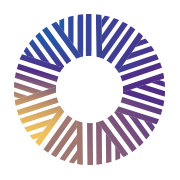 News
News
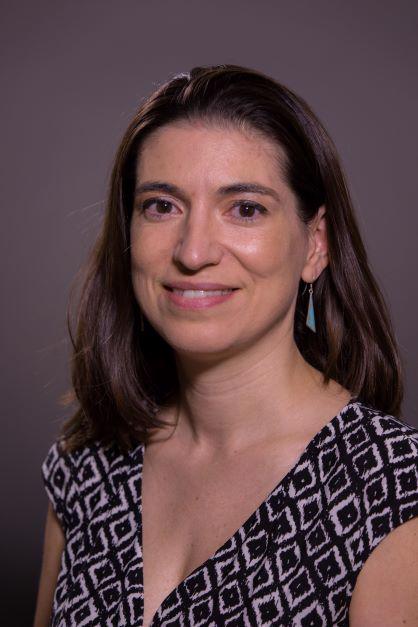 KL2 Scholar · Funded Projects
KL2 Scholar · Funded Projects
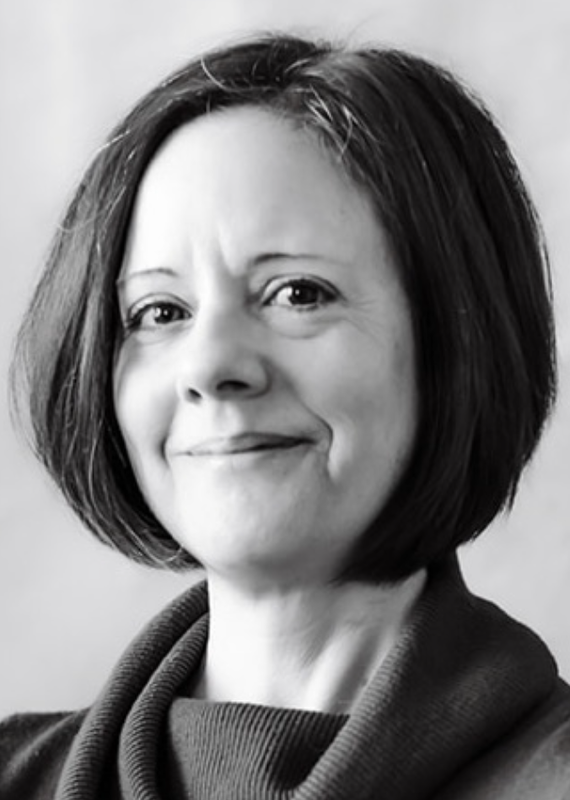 KL2 Scholar · Funded Projects
KL2 Scholar · Funded Projects
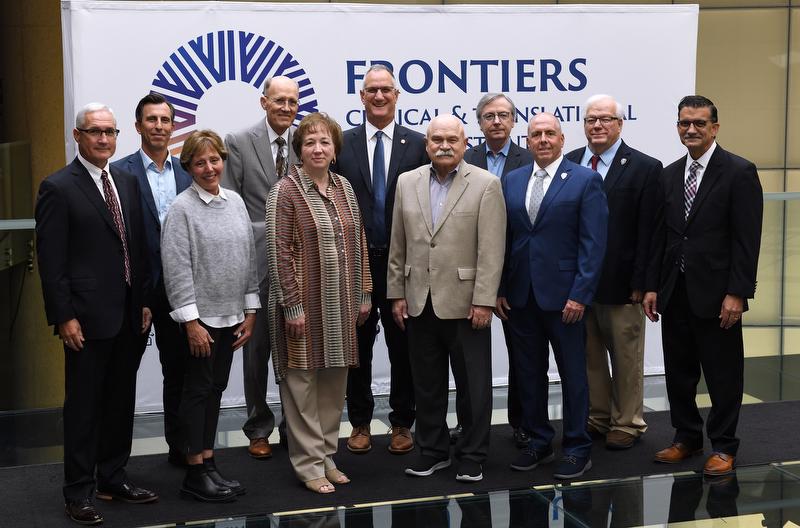 Events · News
Events · News
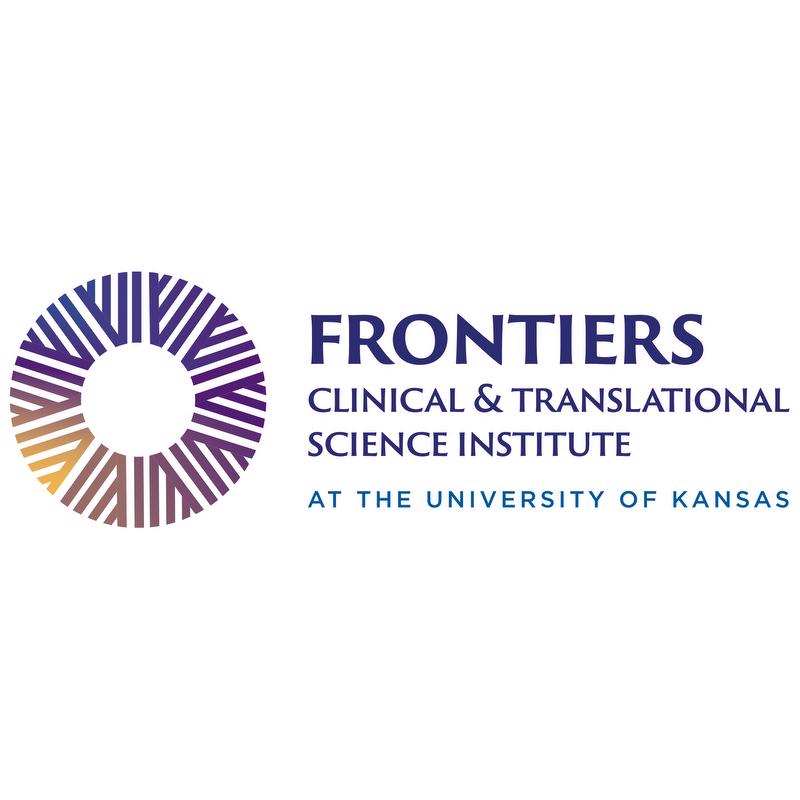 News
News
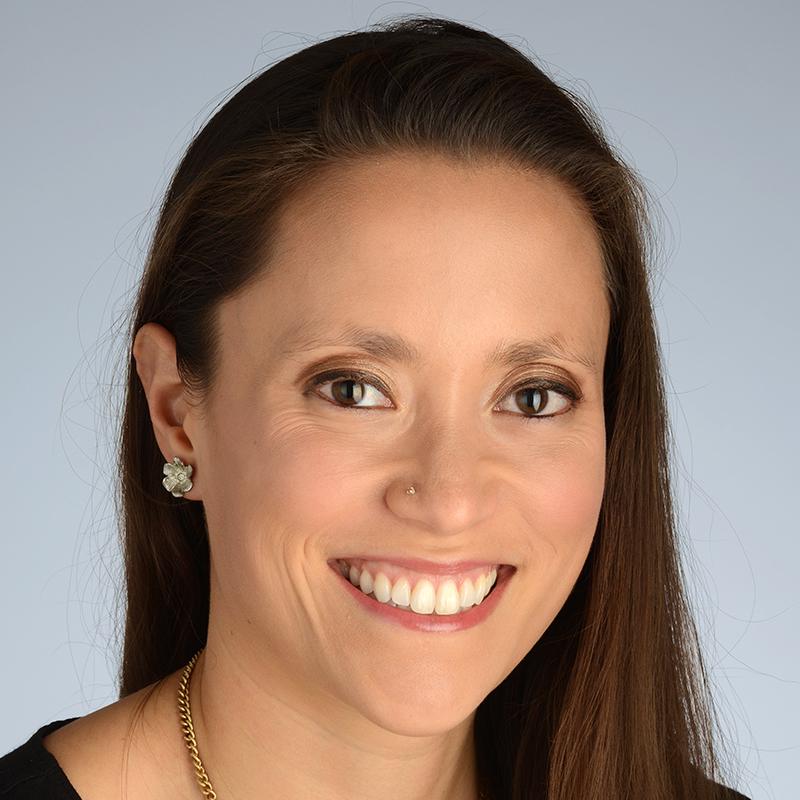 KL2 Scholar · Funded Projects
KL2 Scholar · Funded Projects
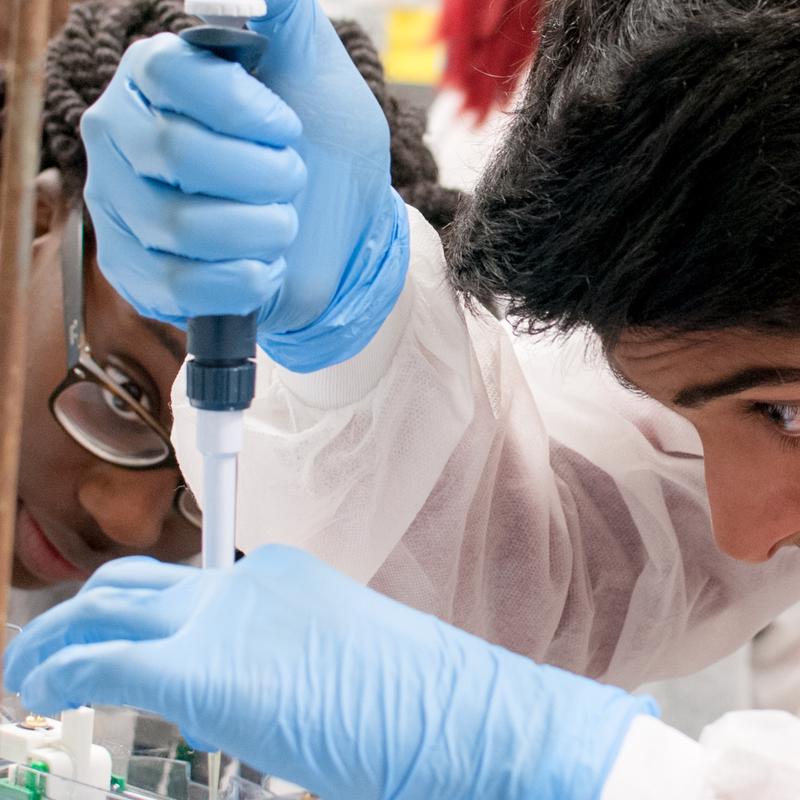 News
News
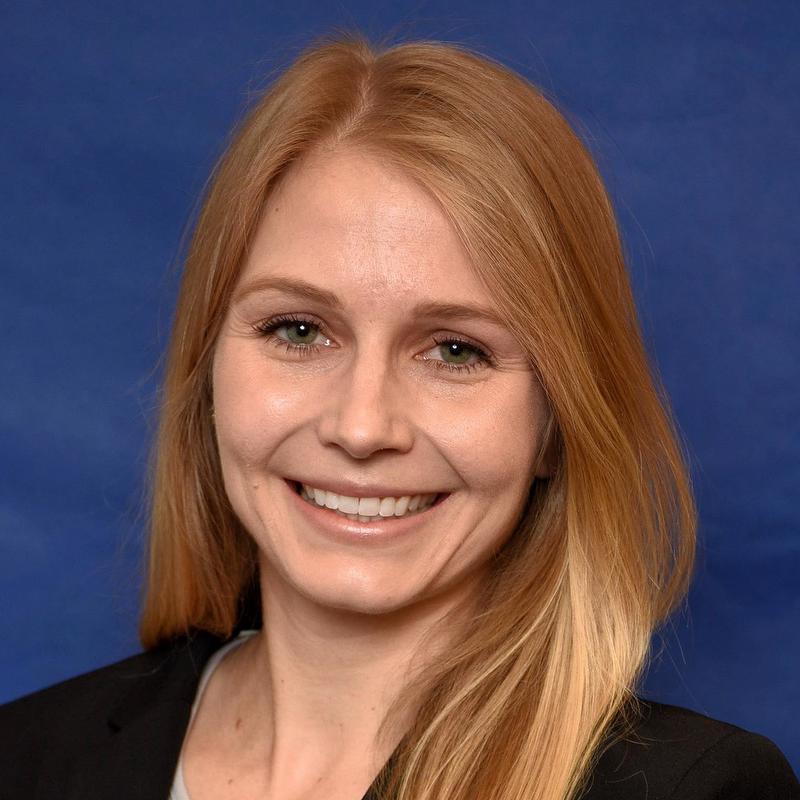 Funded Projects
Funded Projects
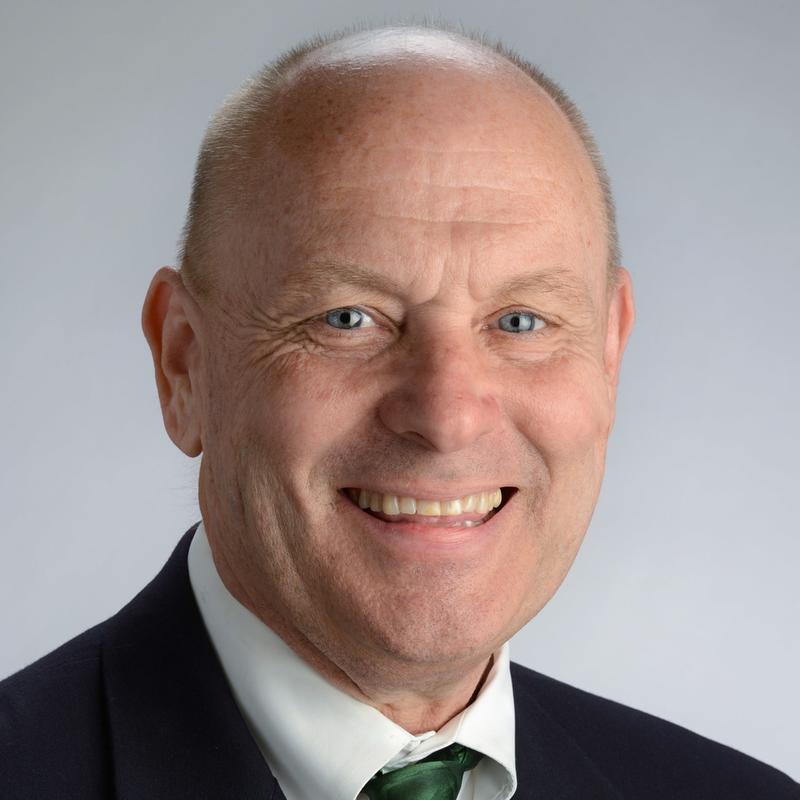
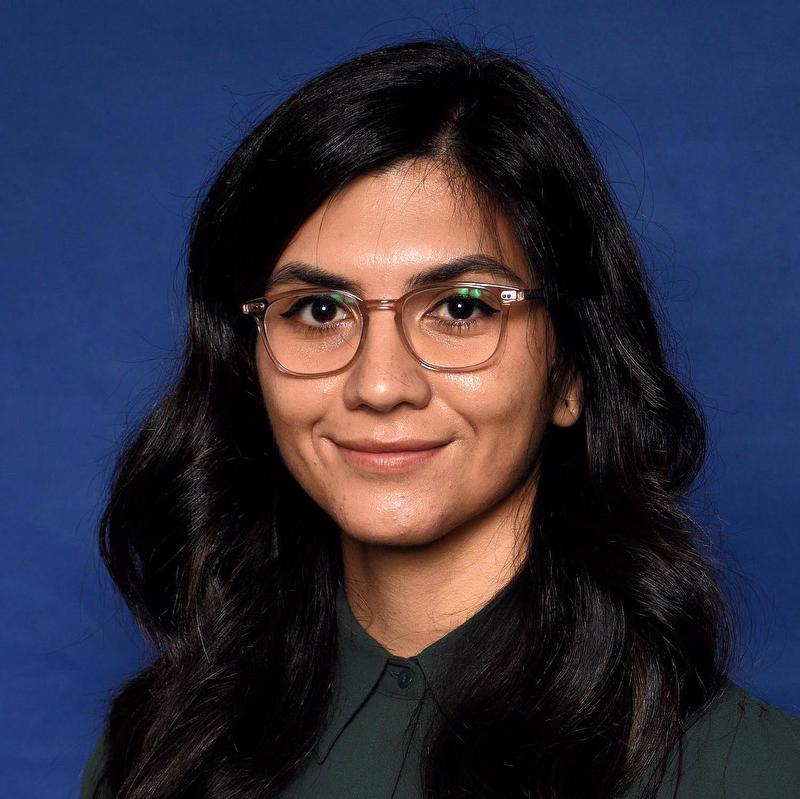 TL1 Trainee
TL1 Trainee
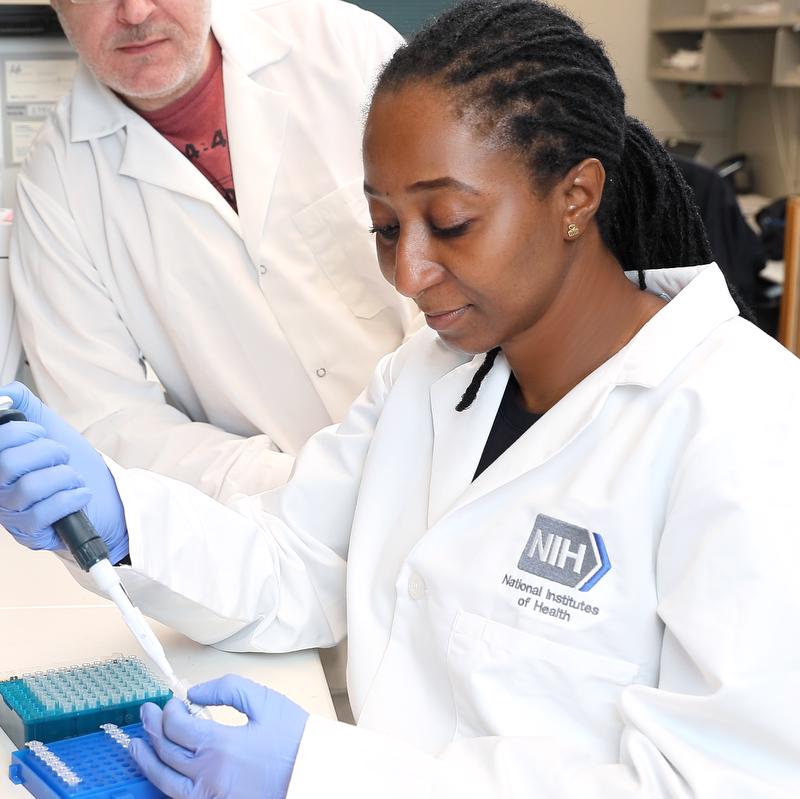 News
News
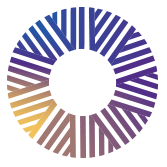 Funded Projects
Funded Projects
